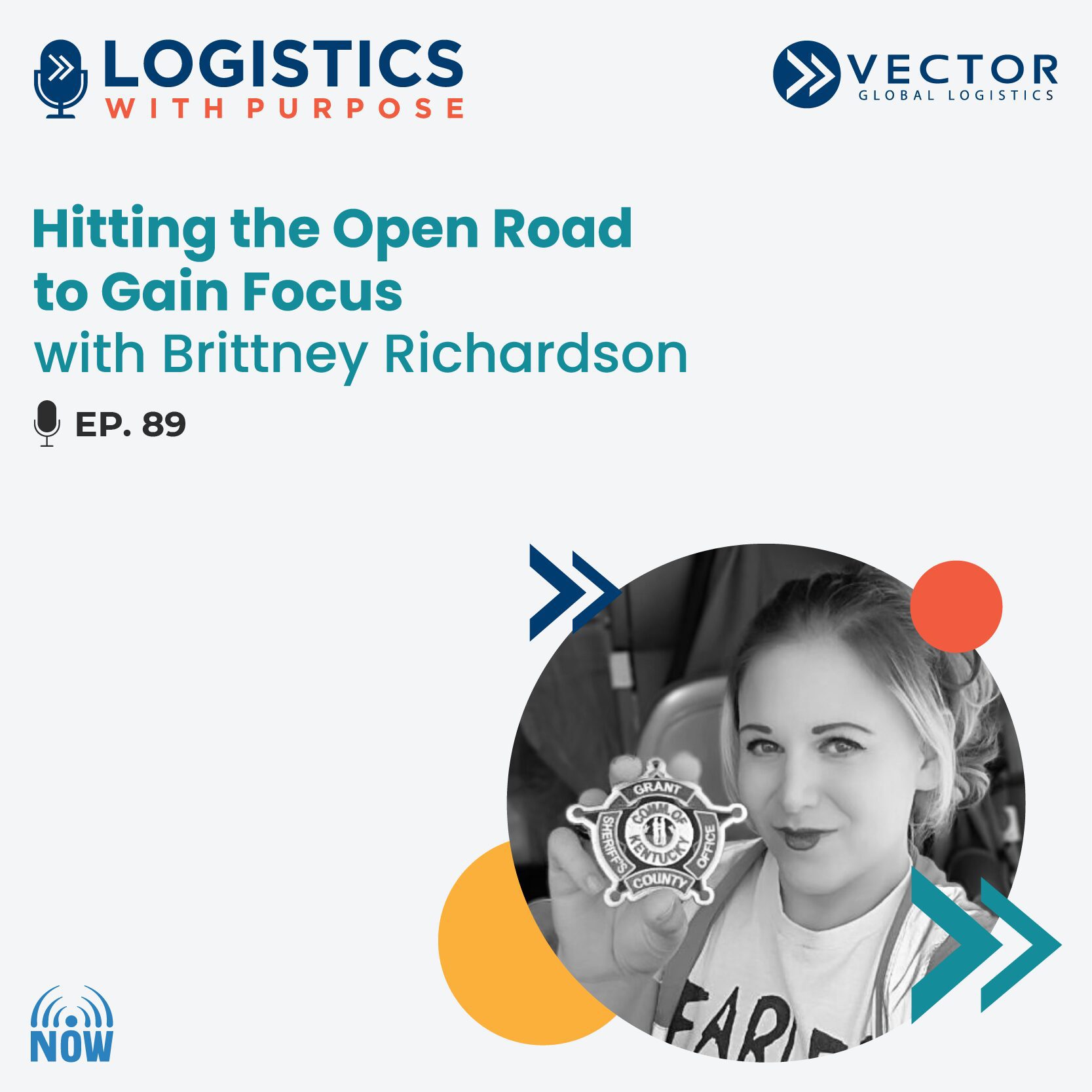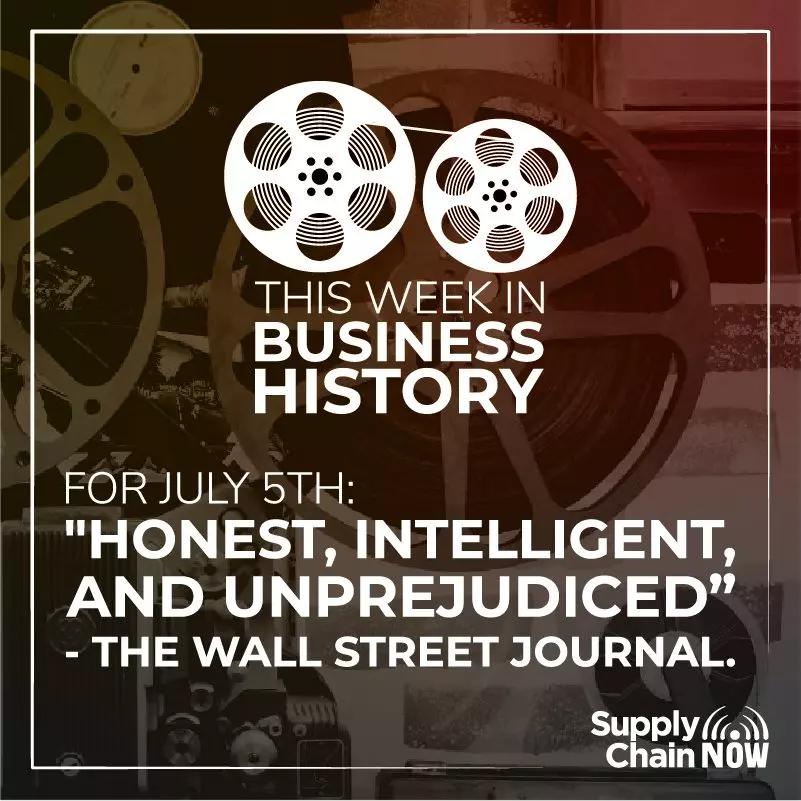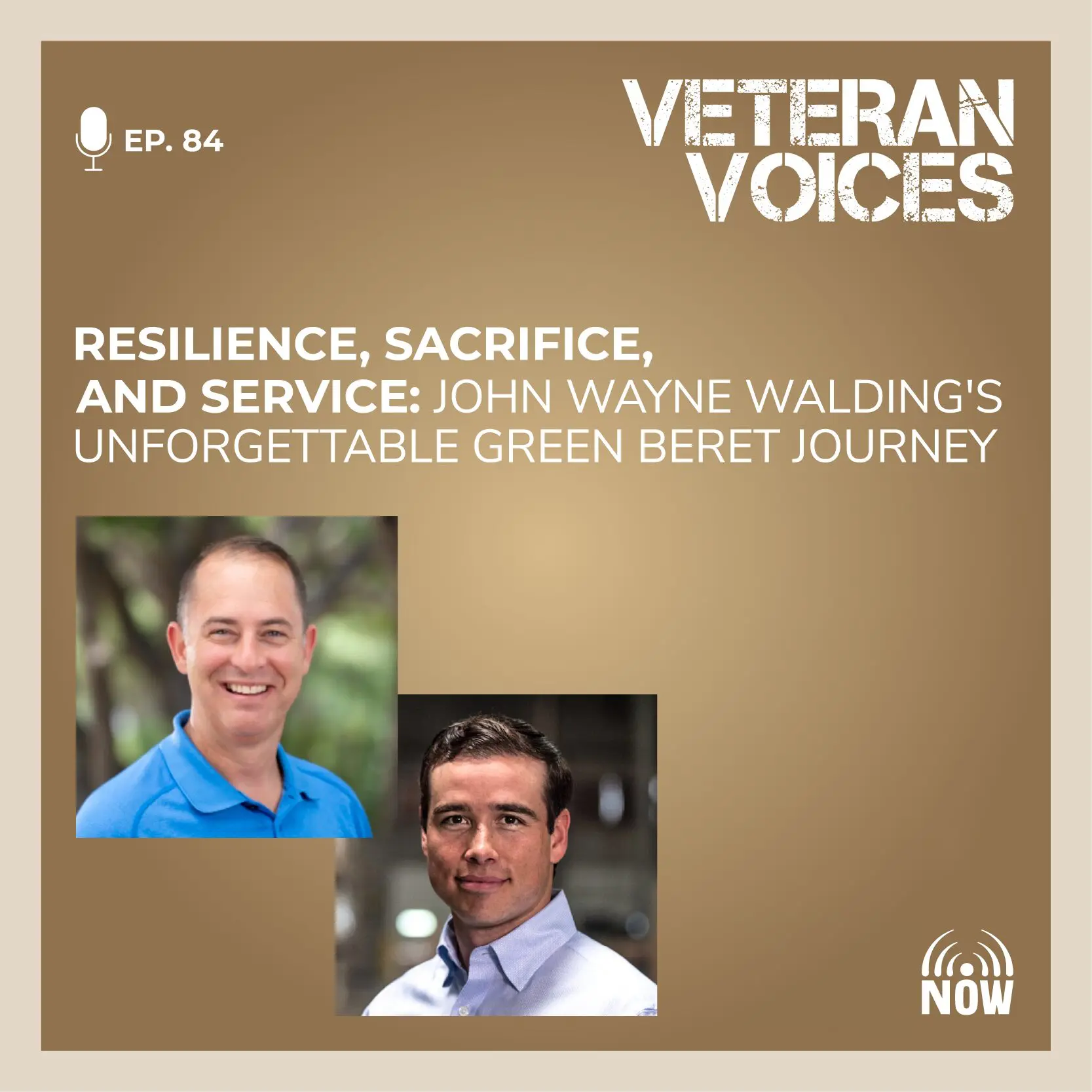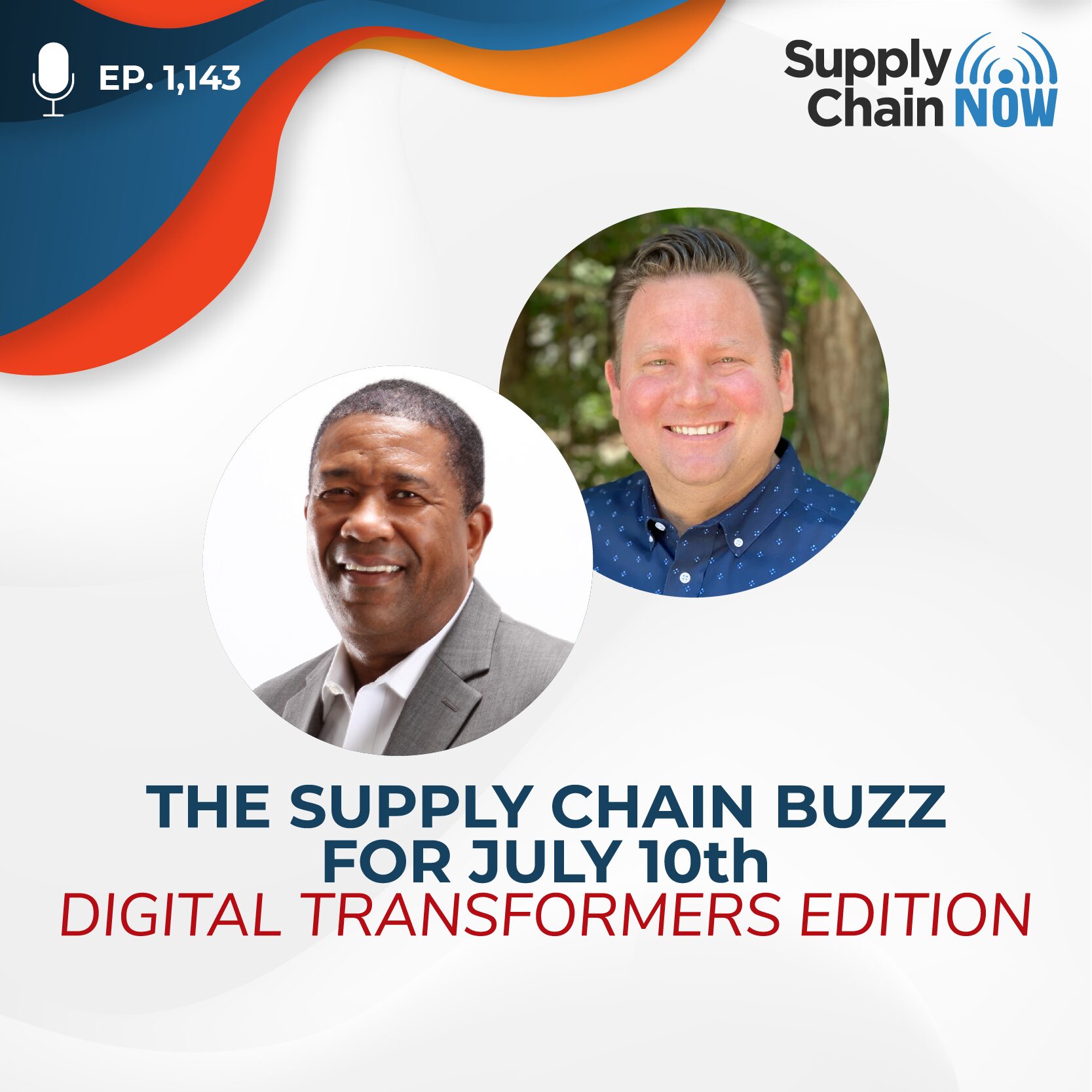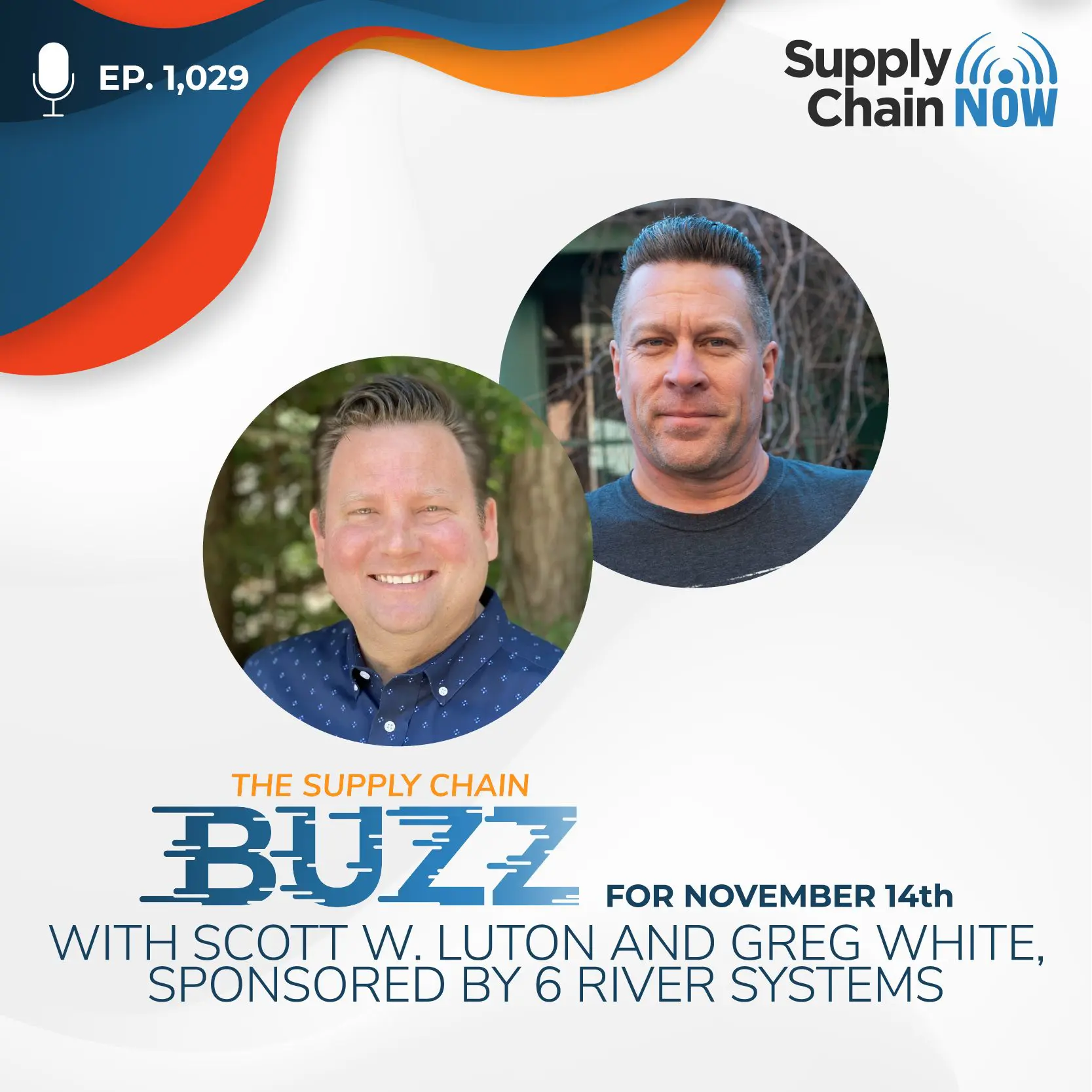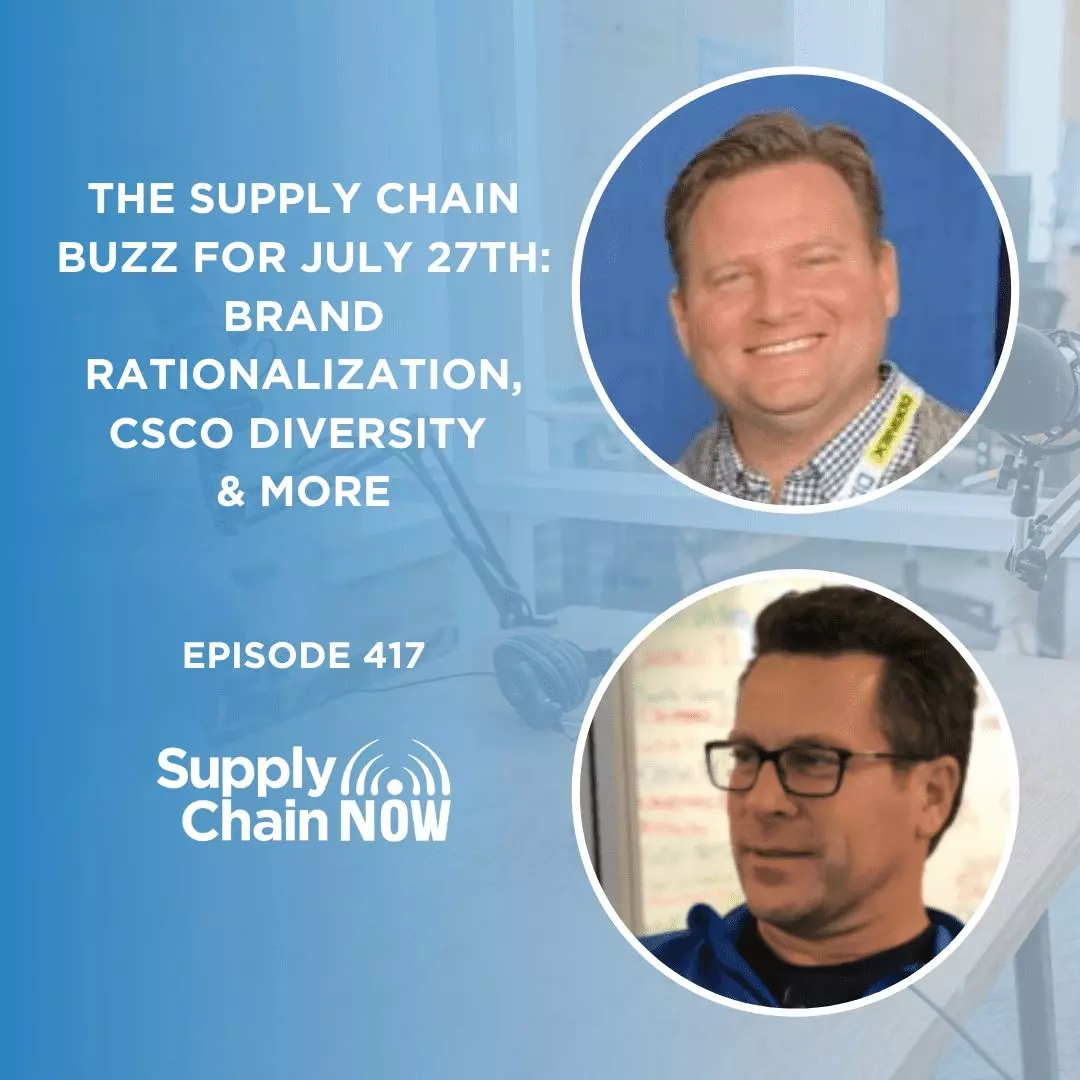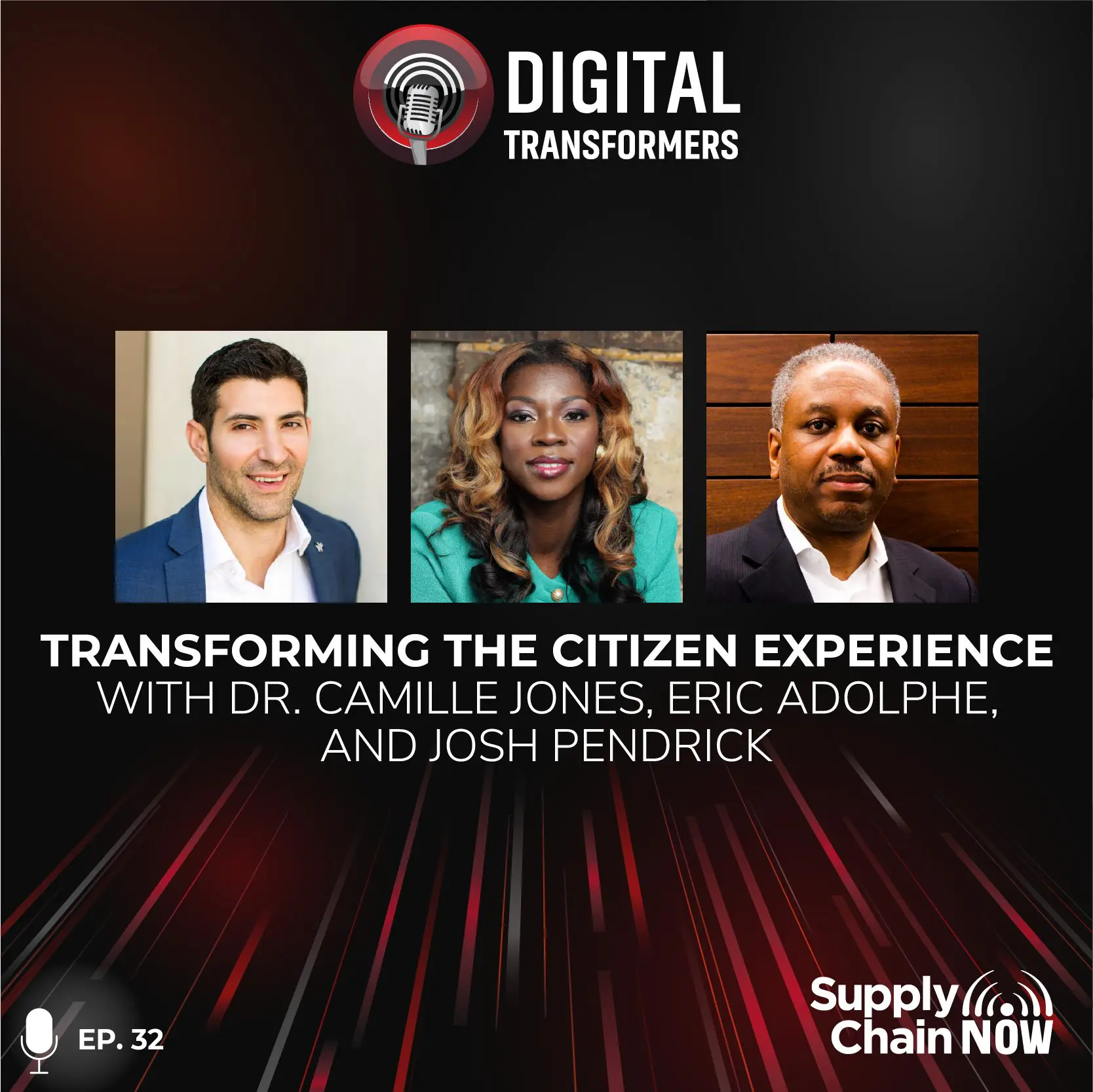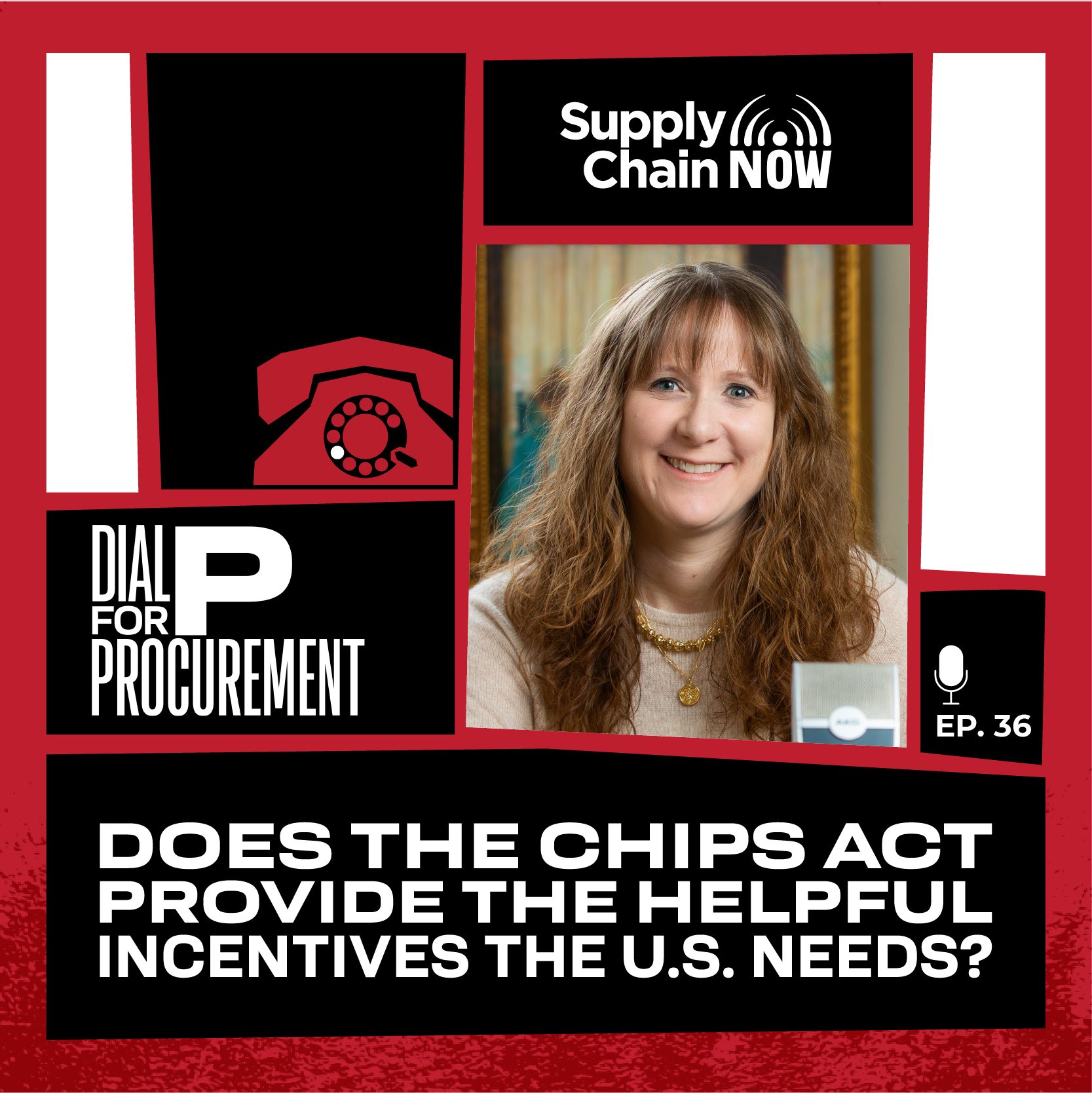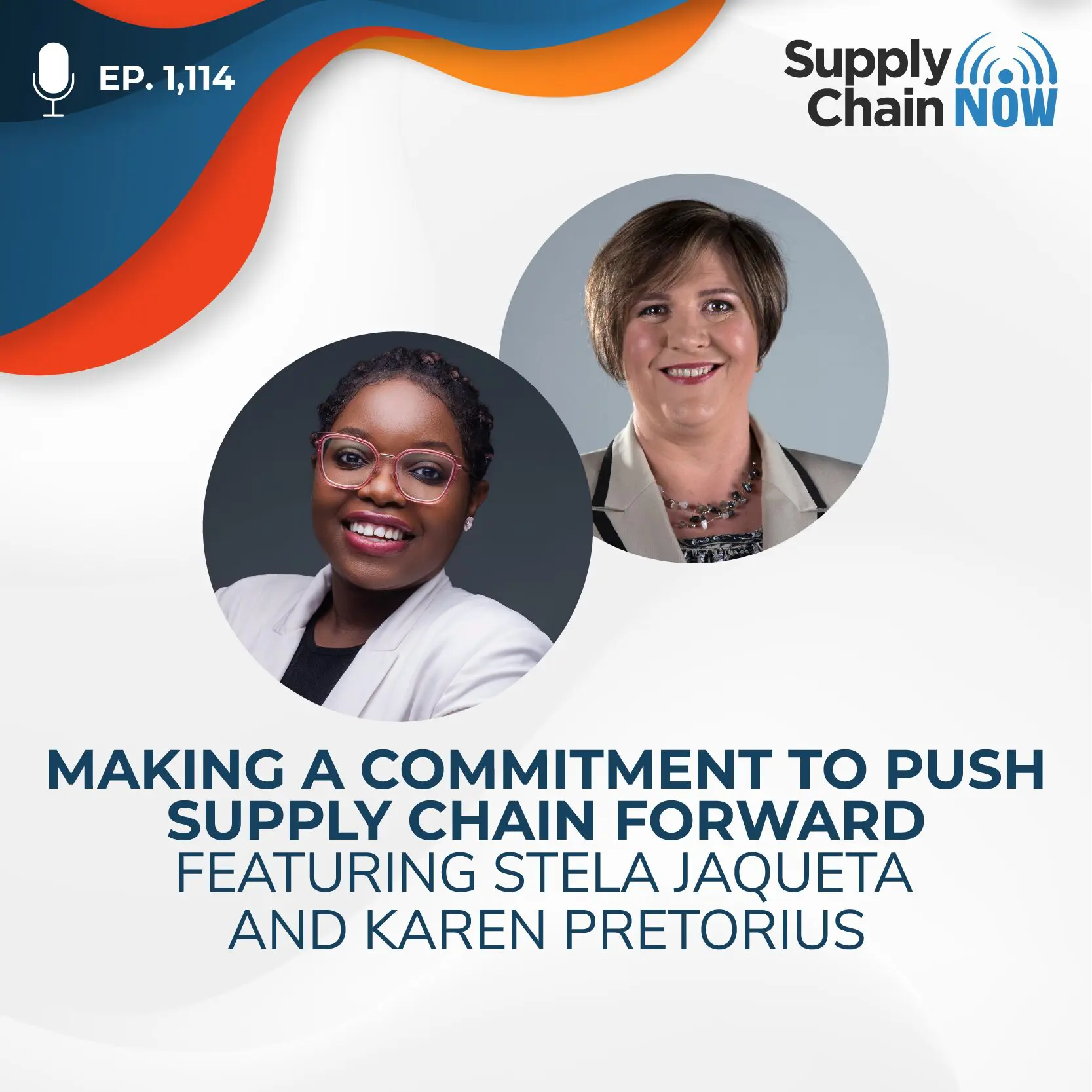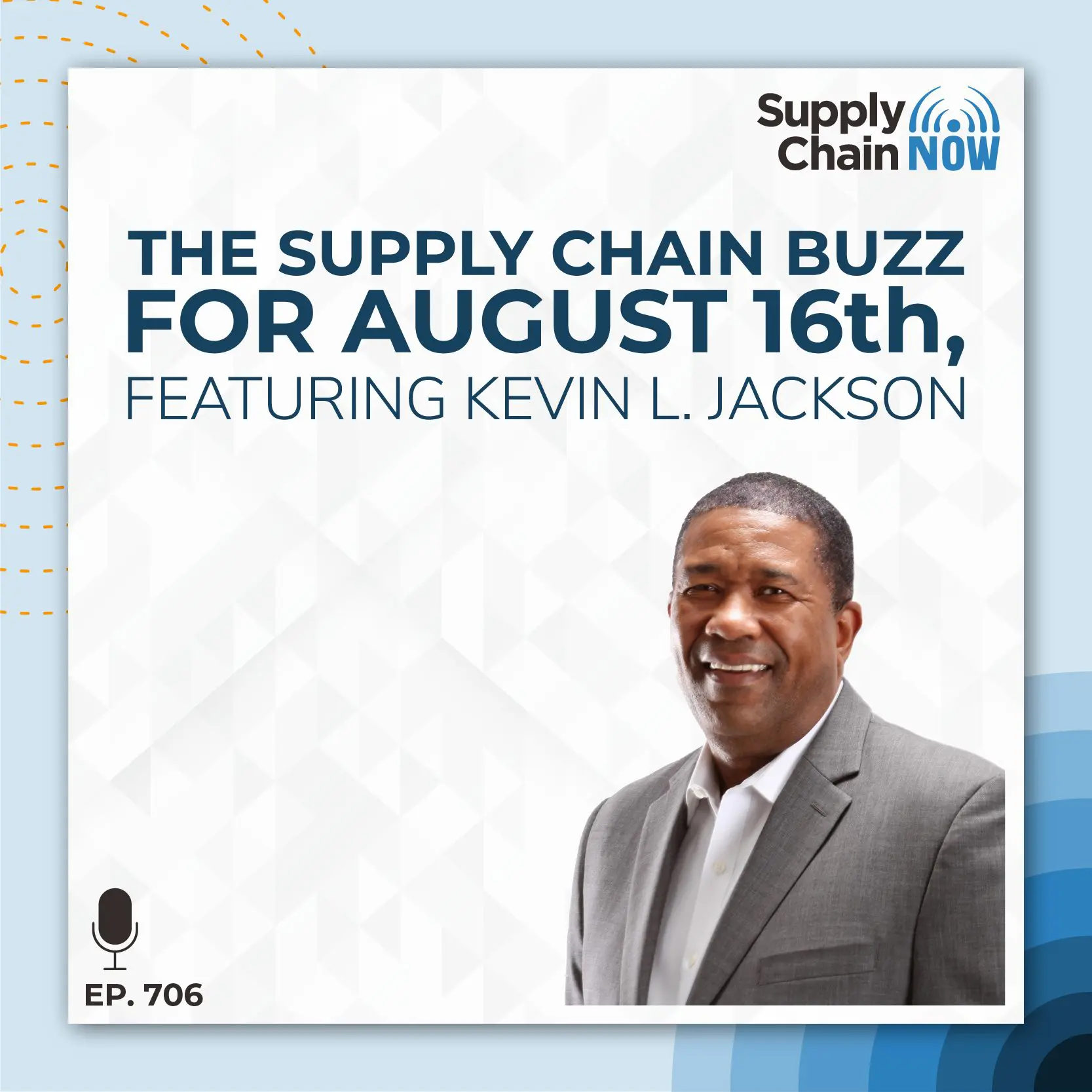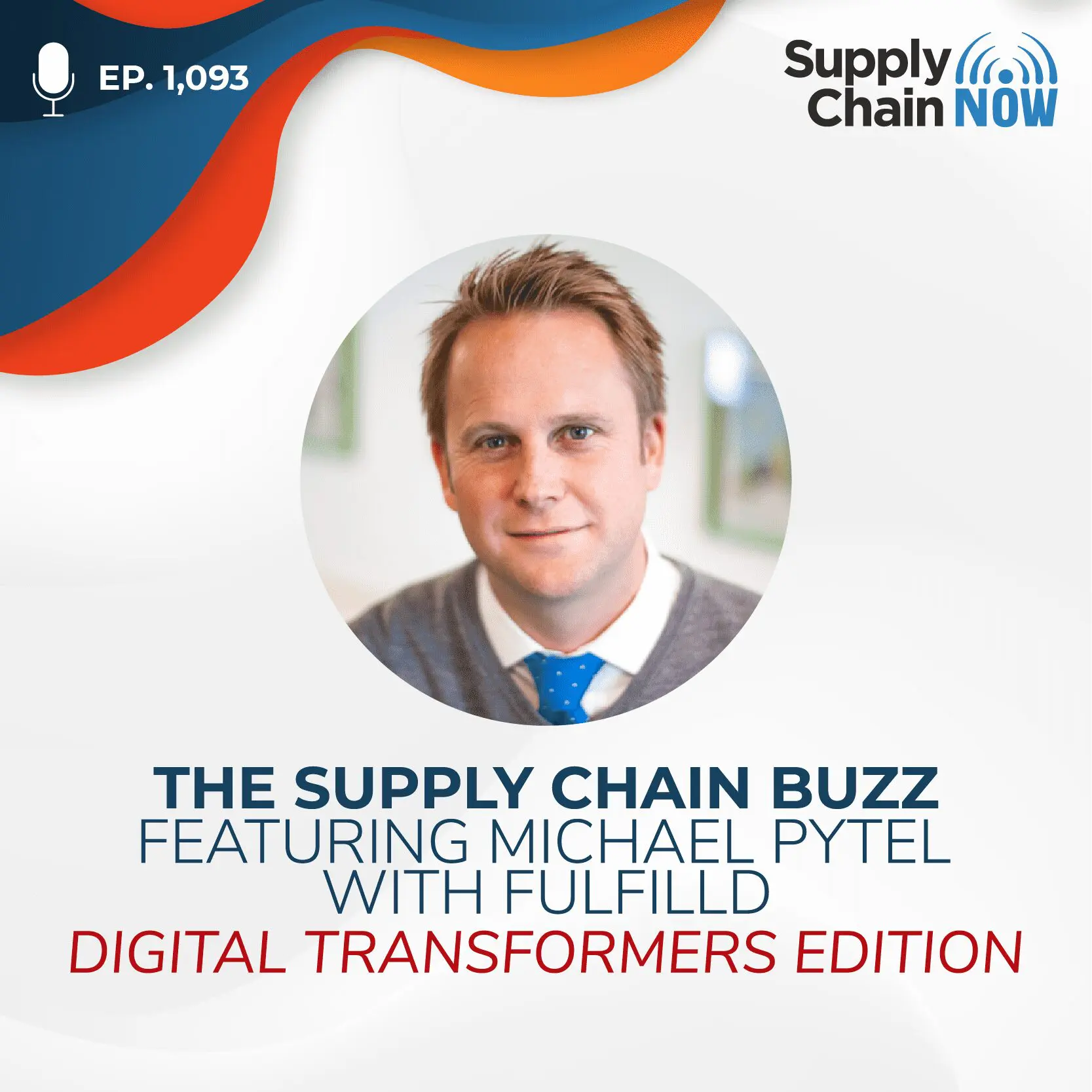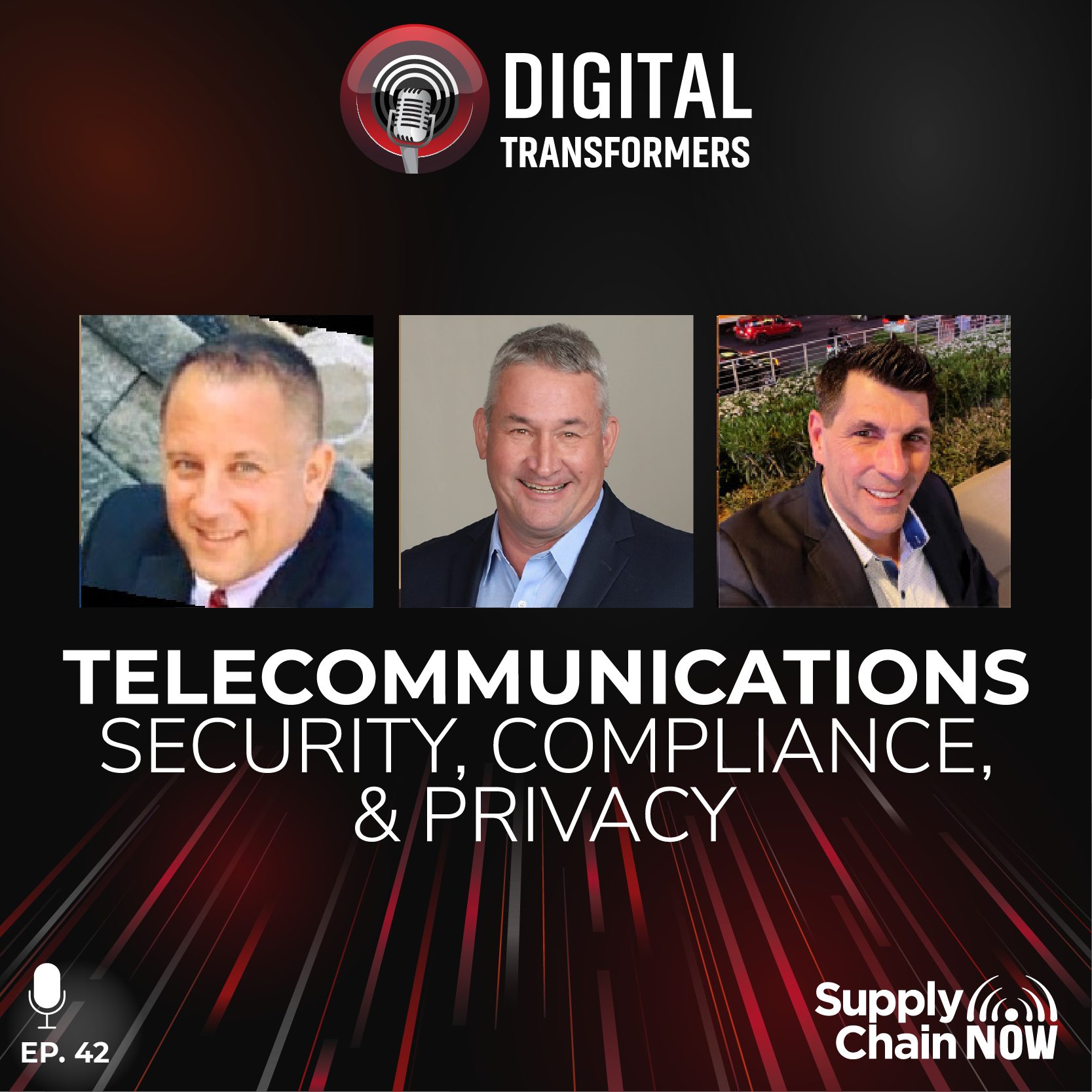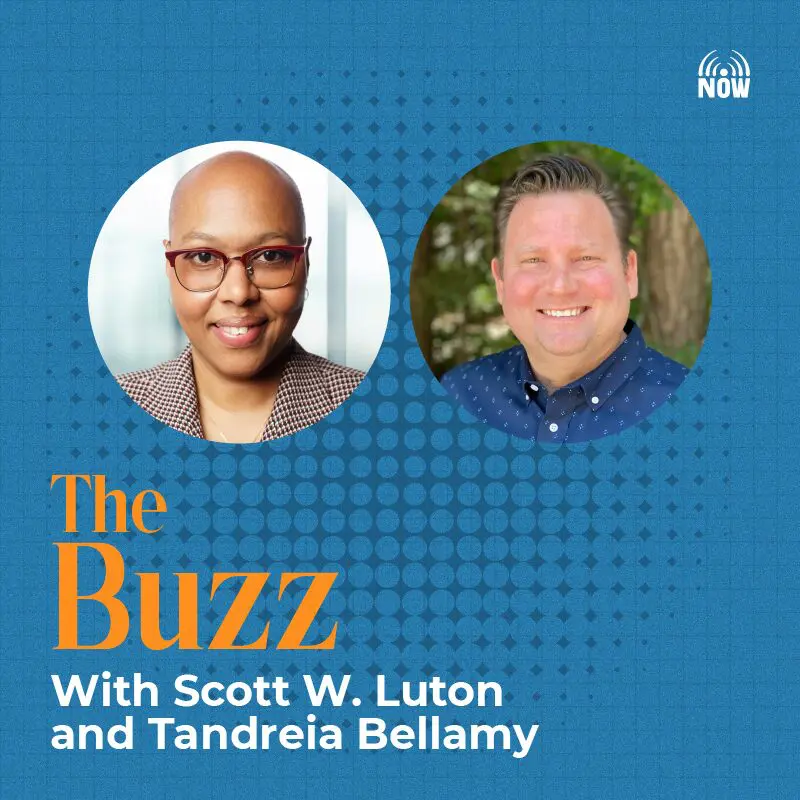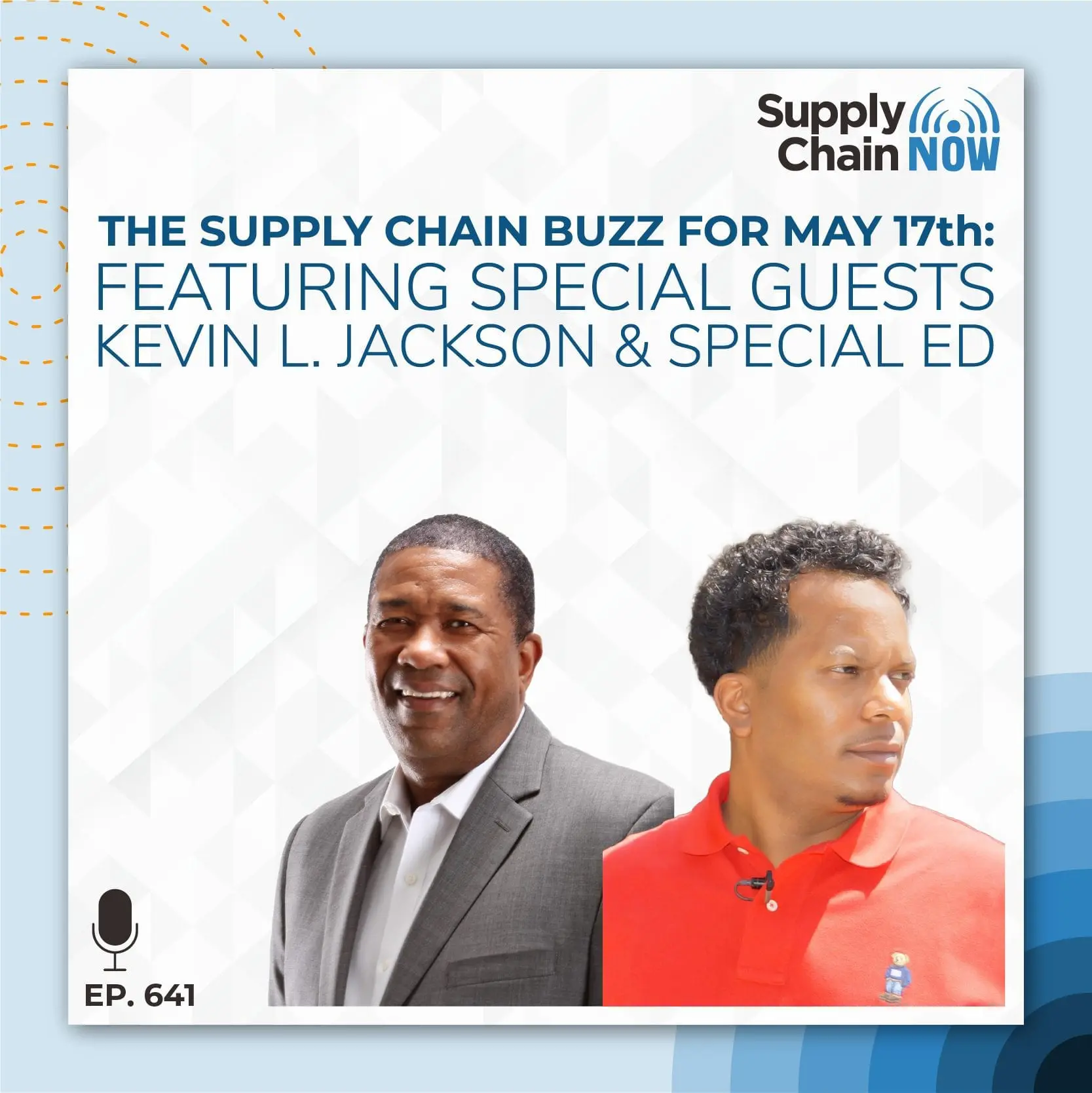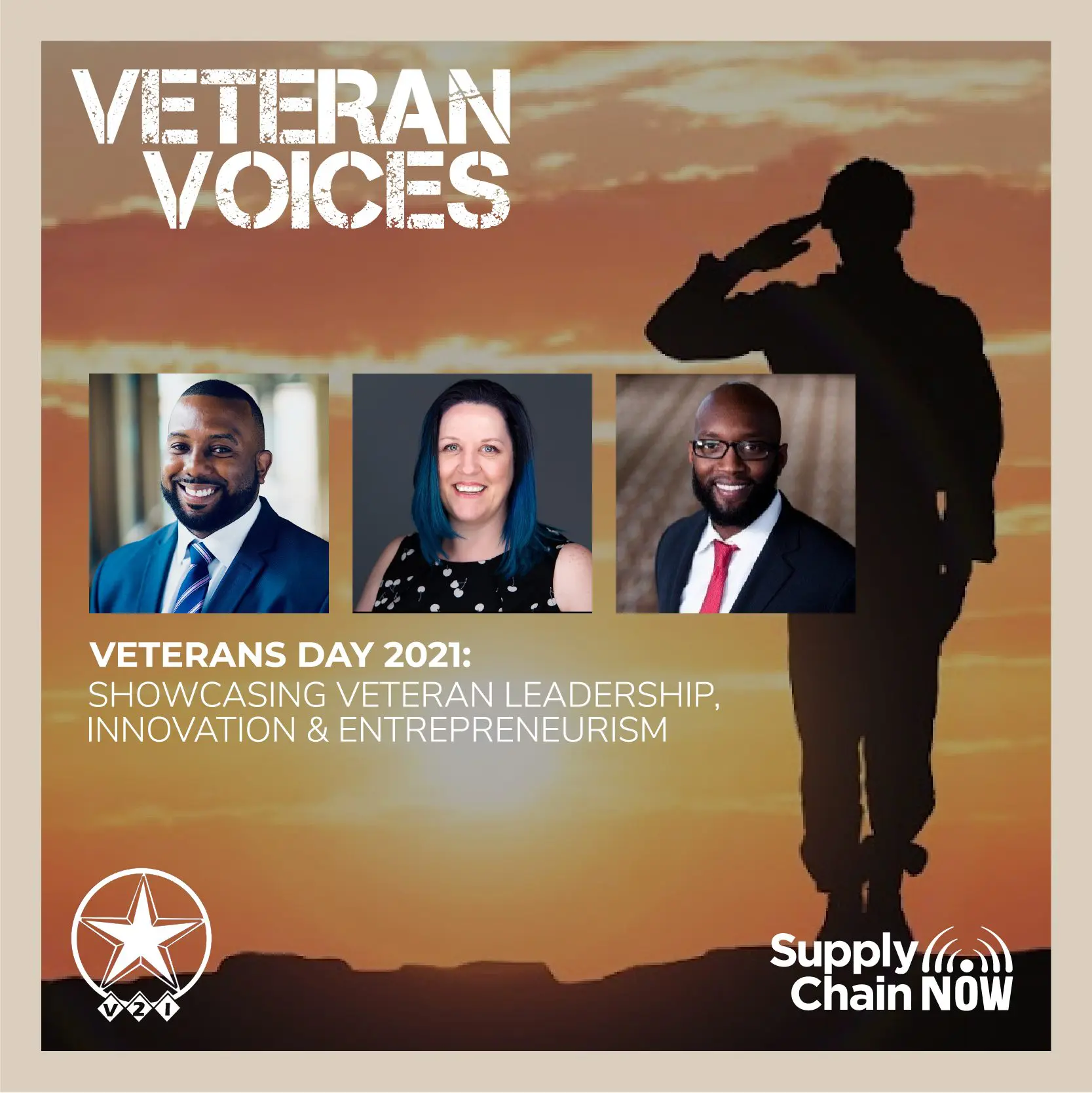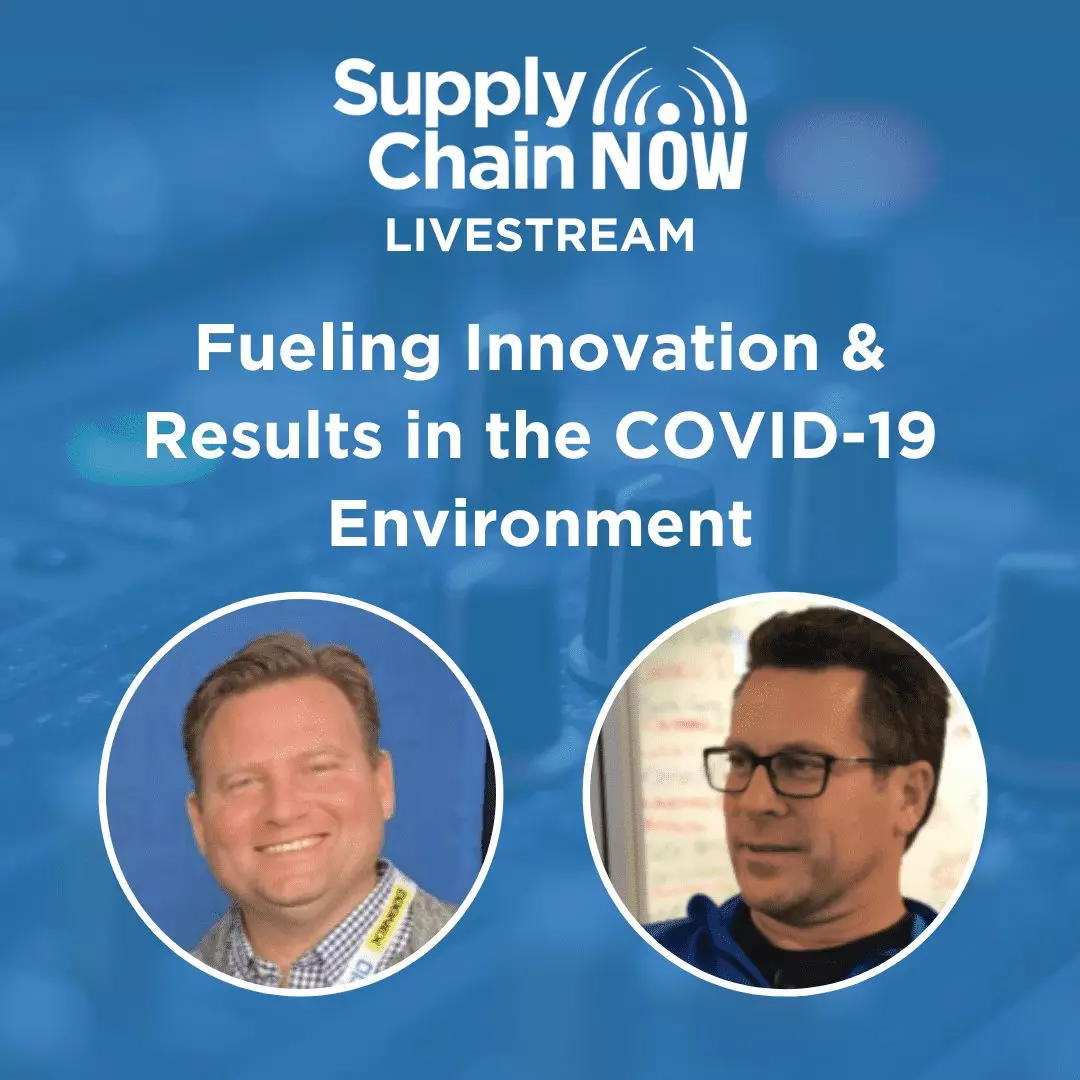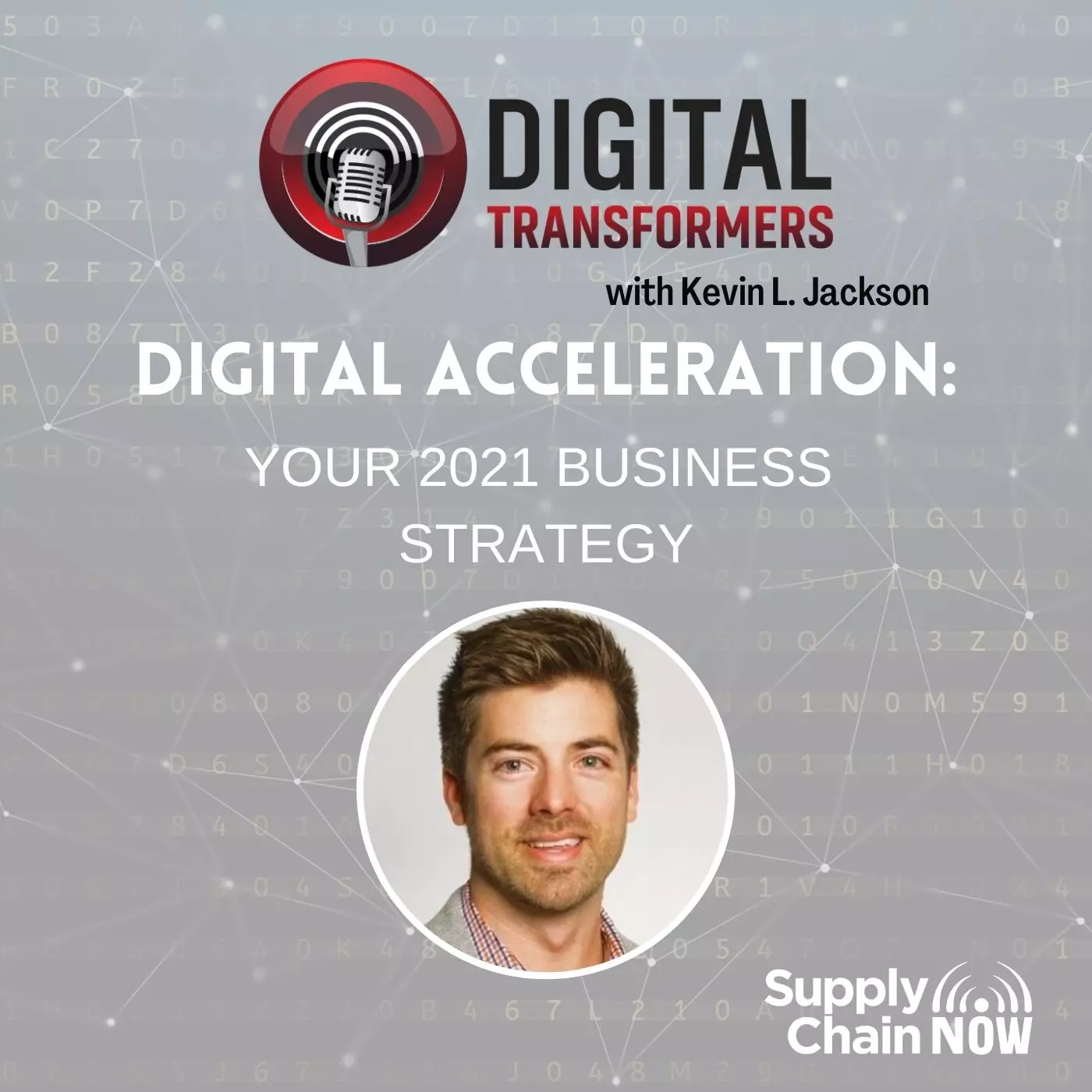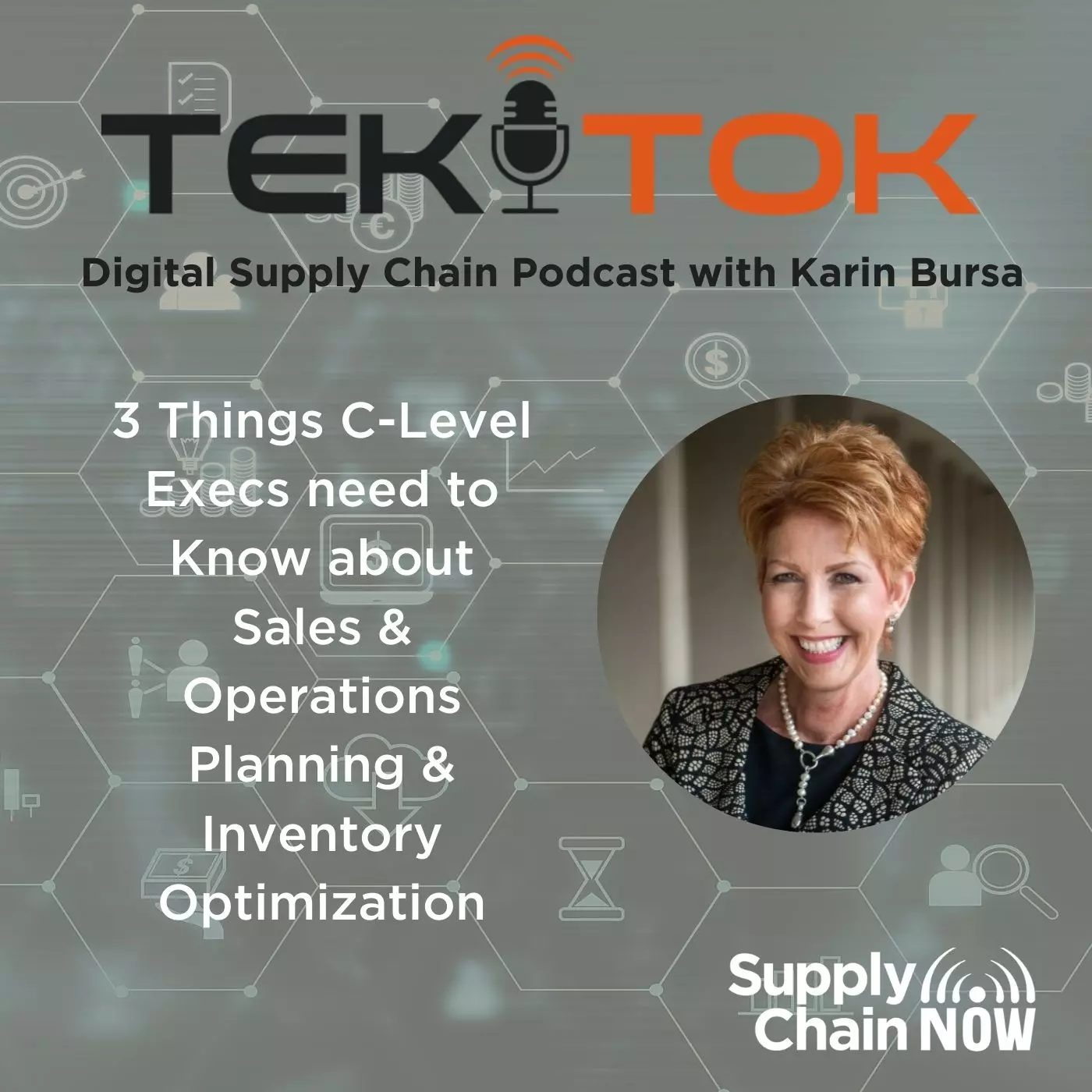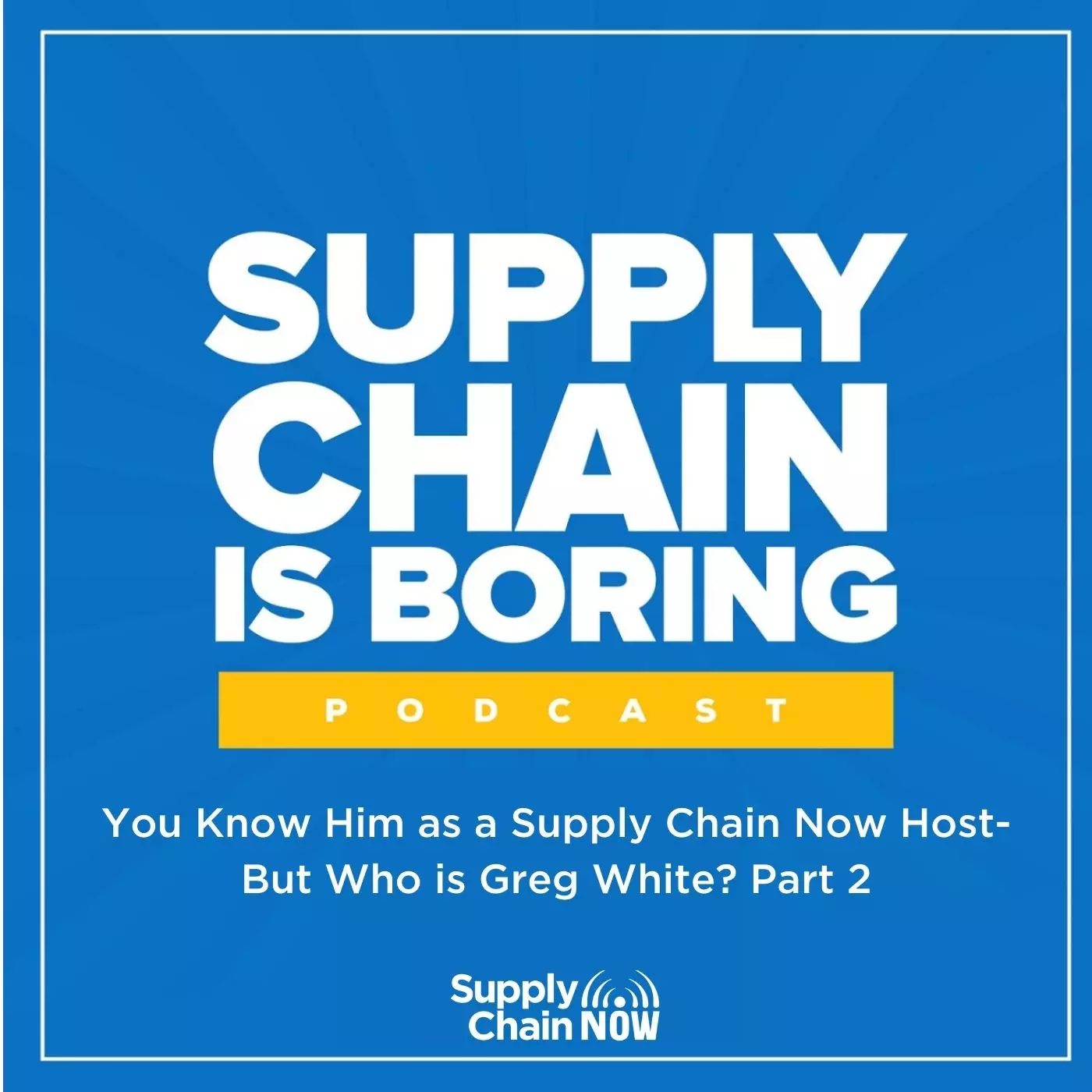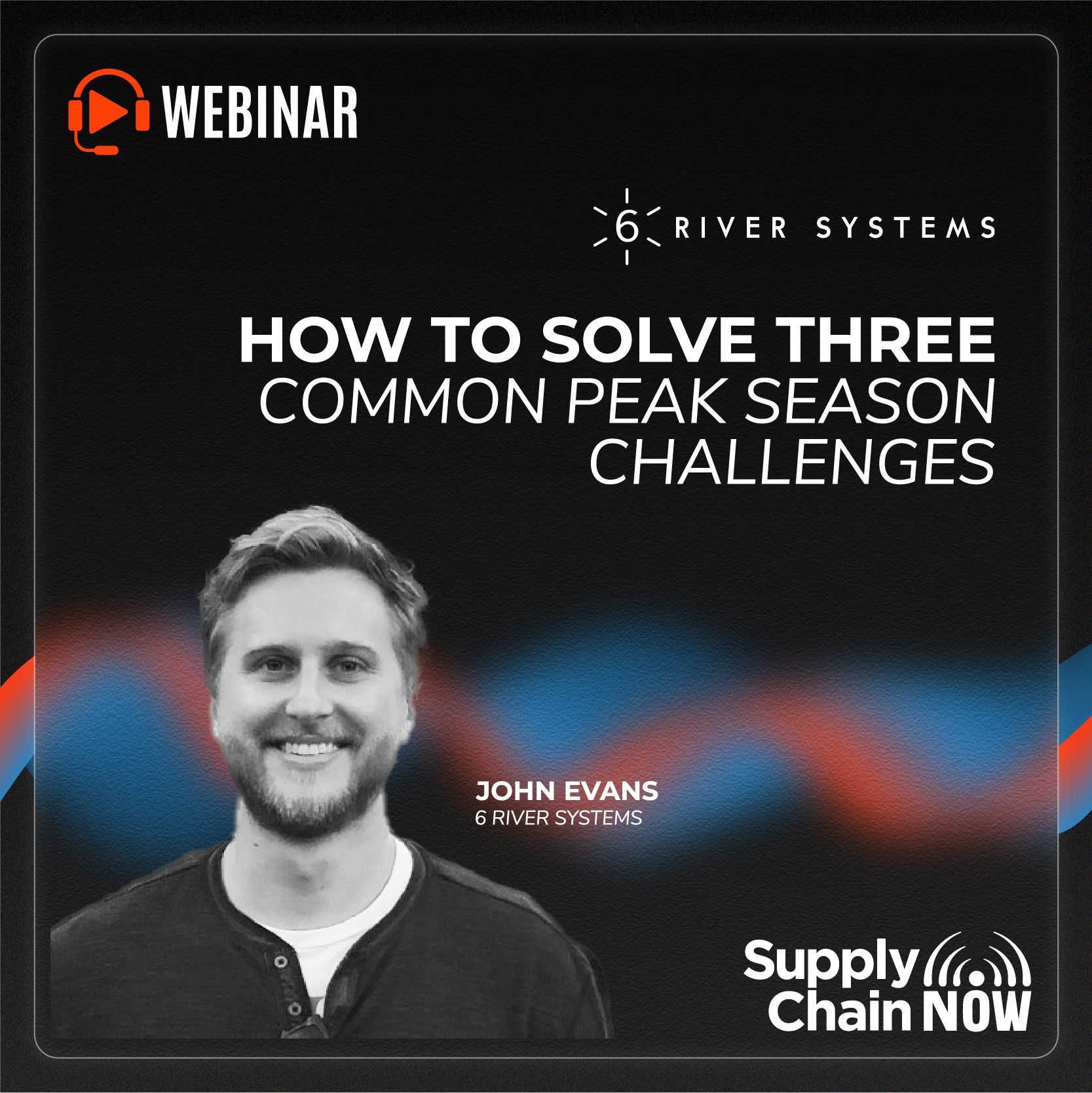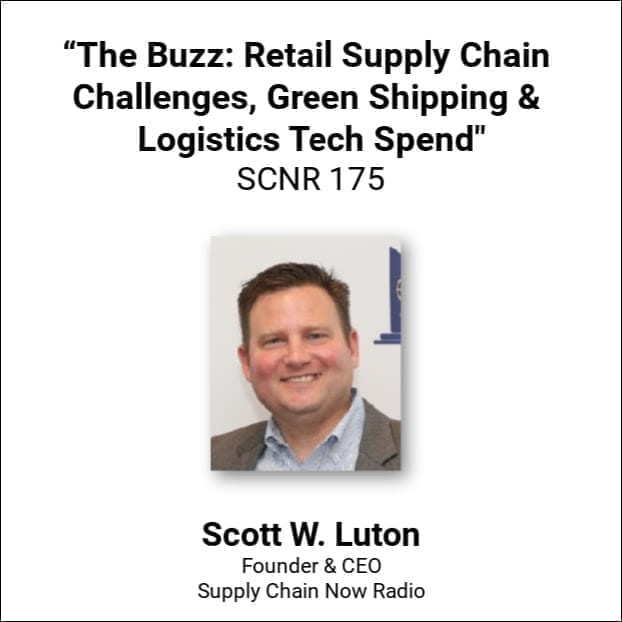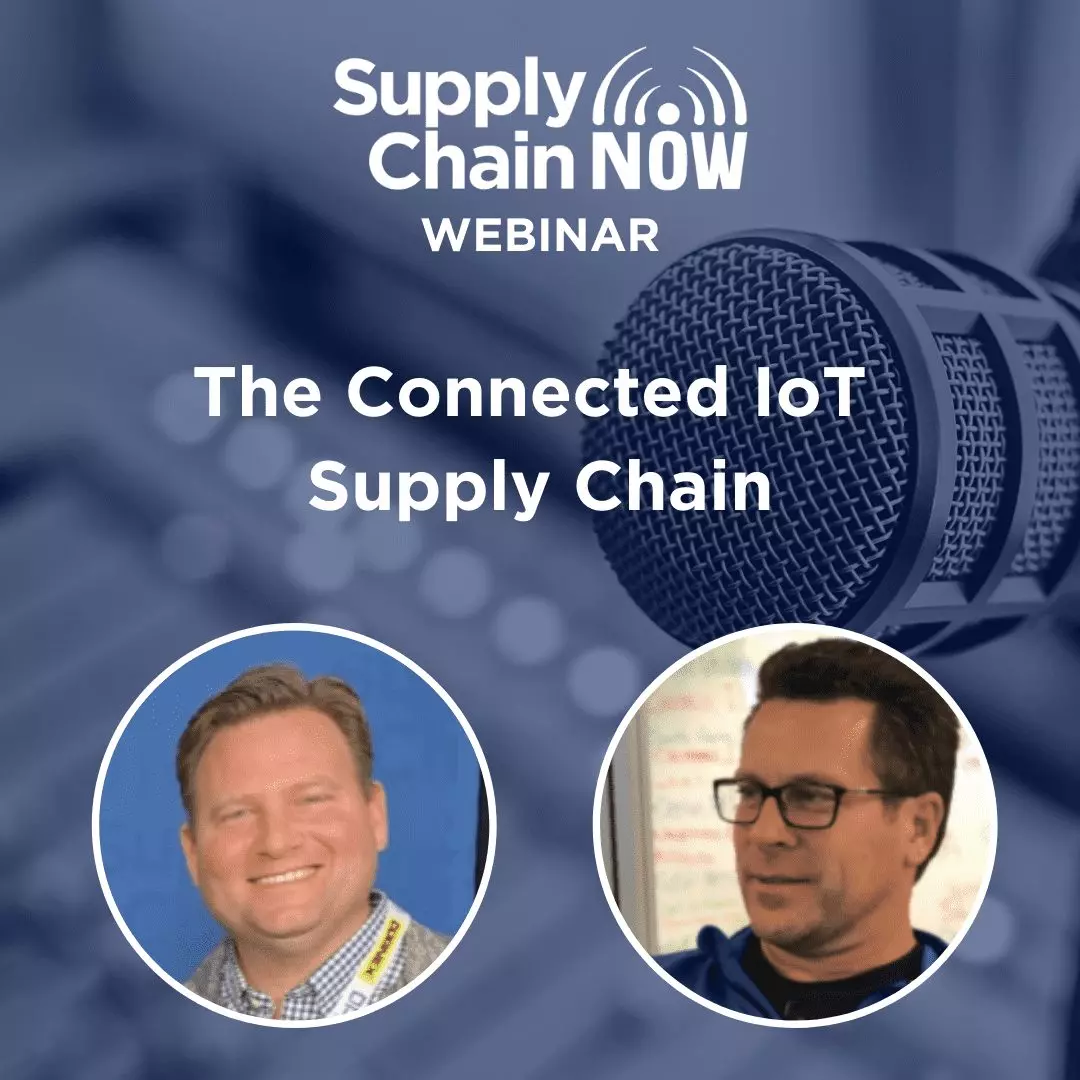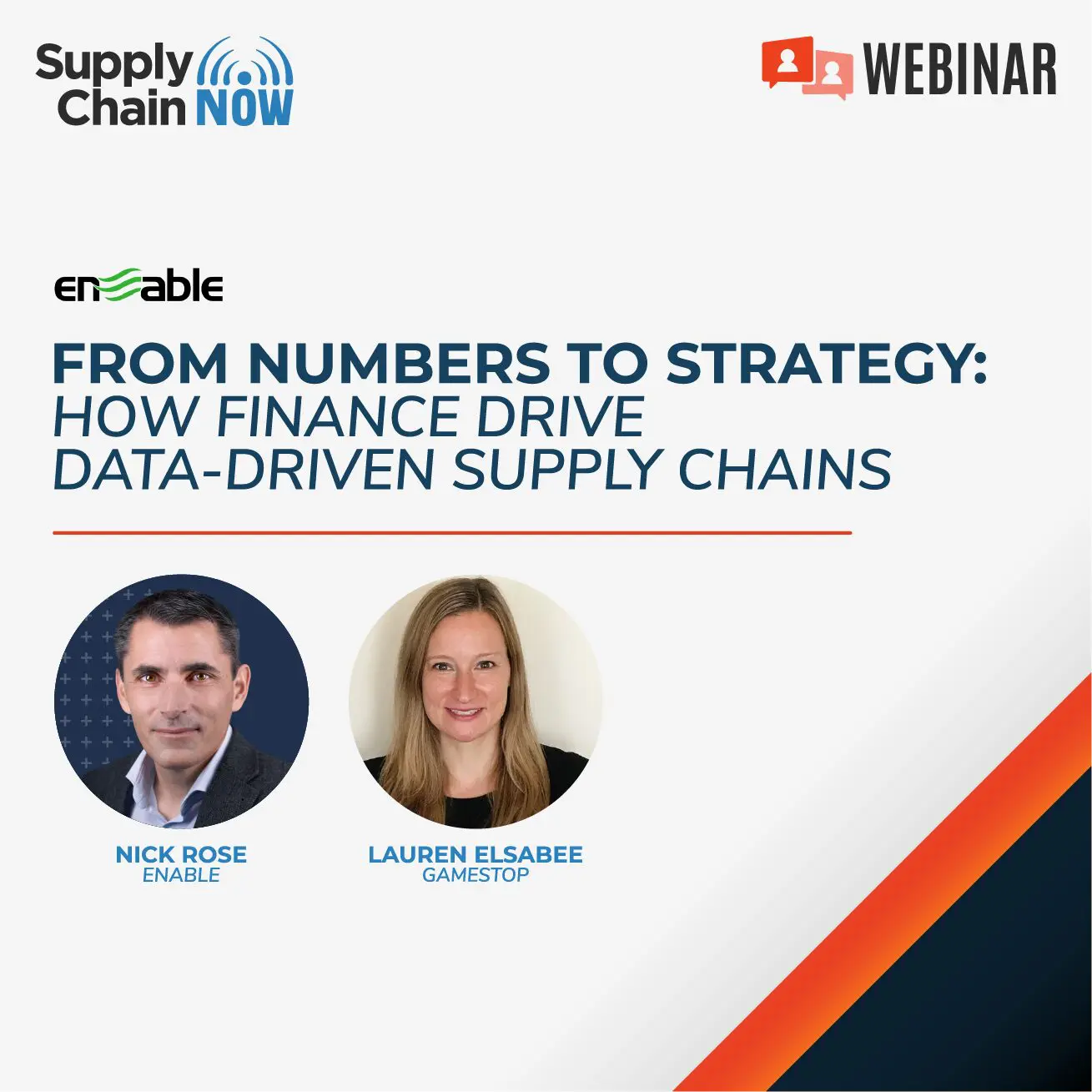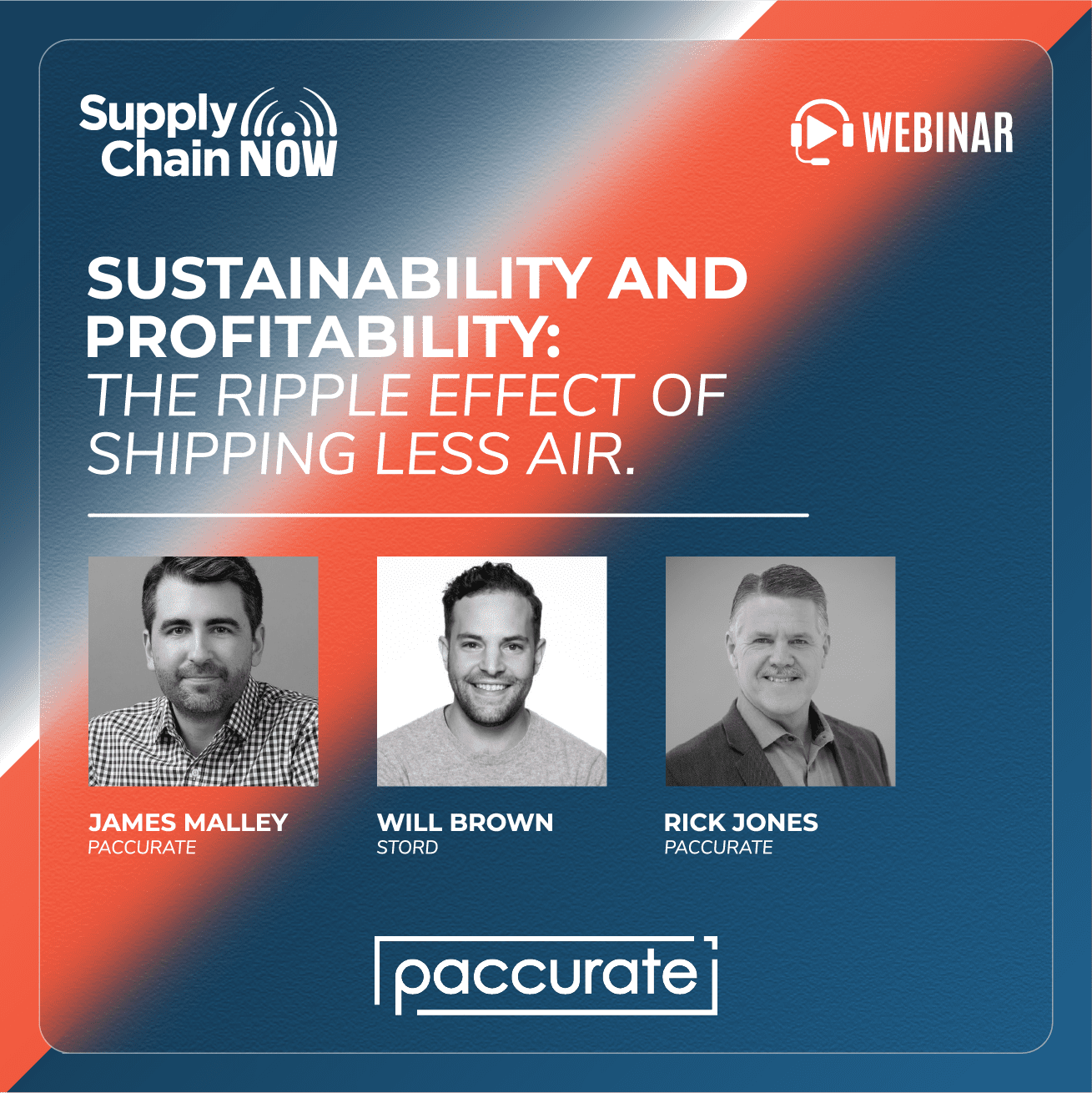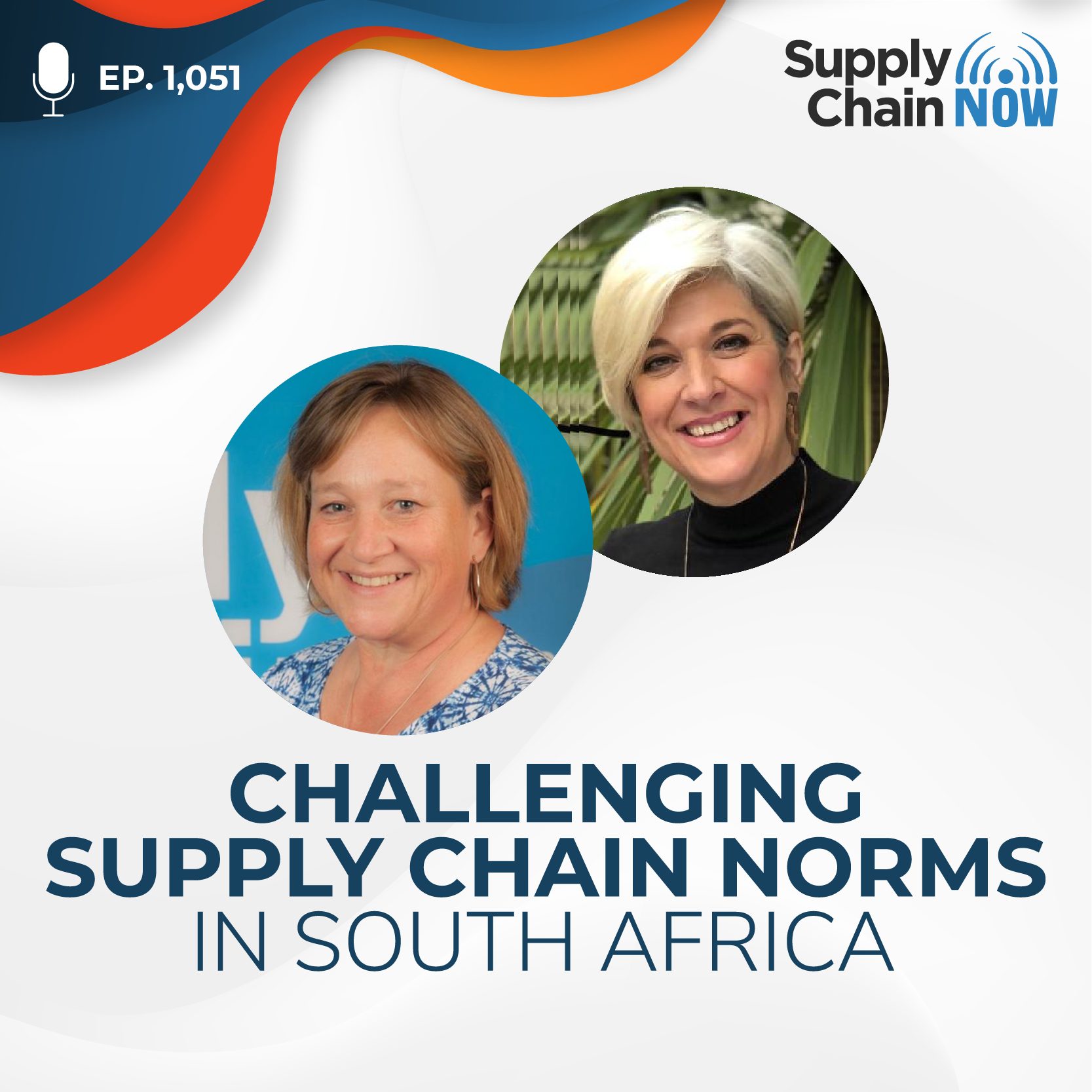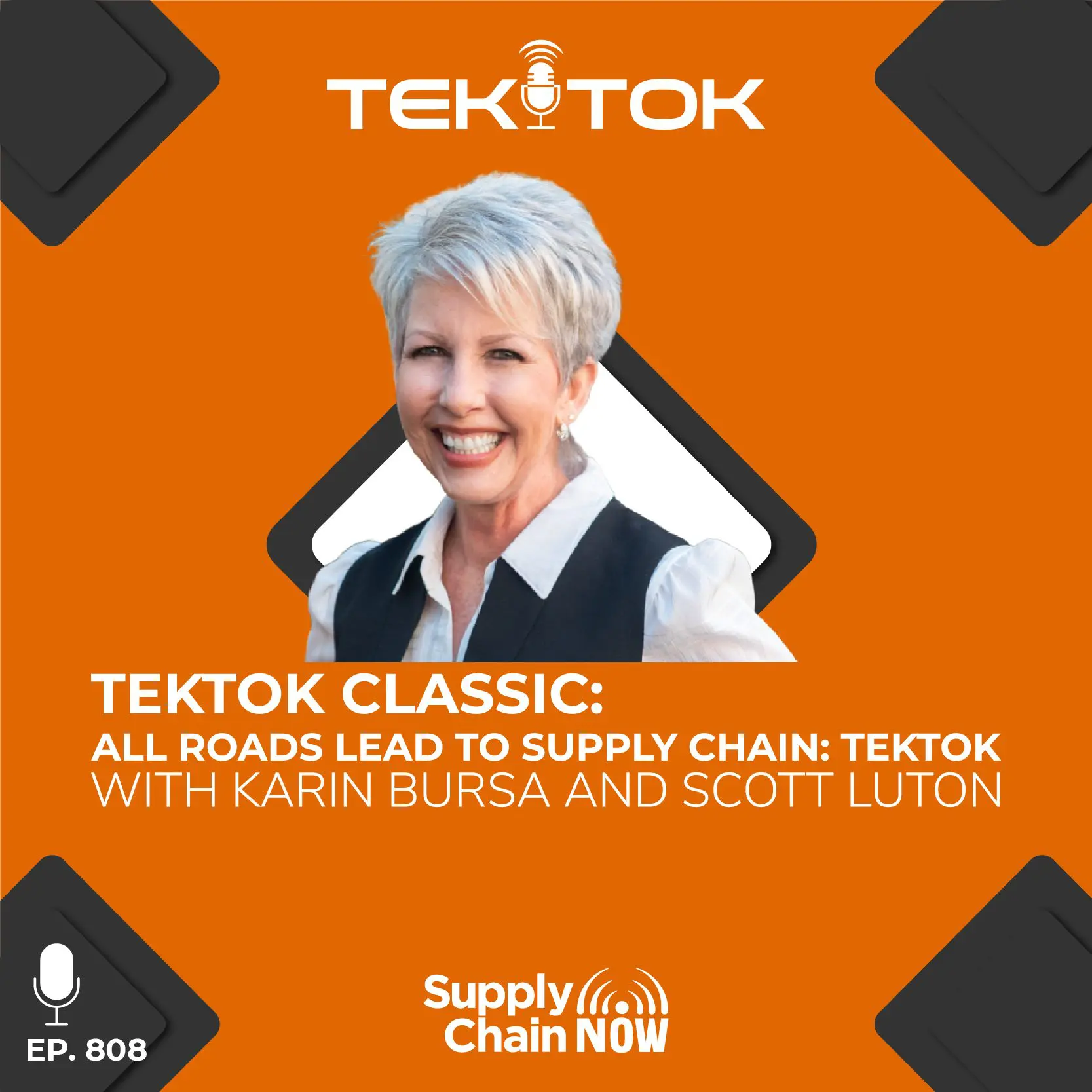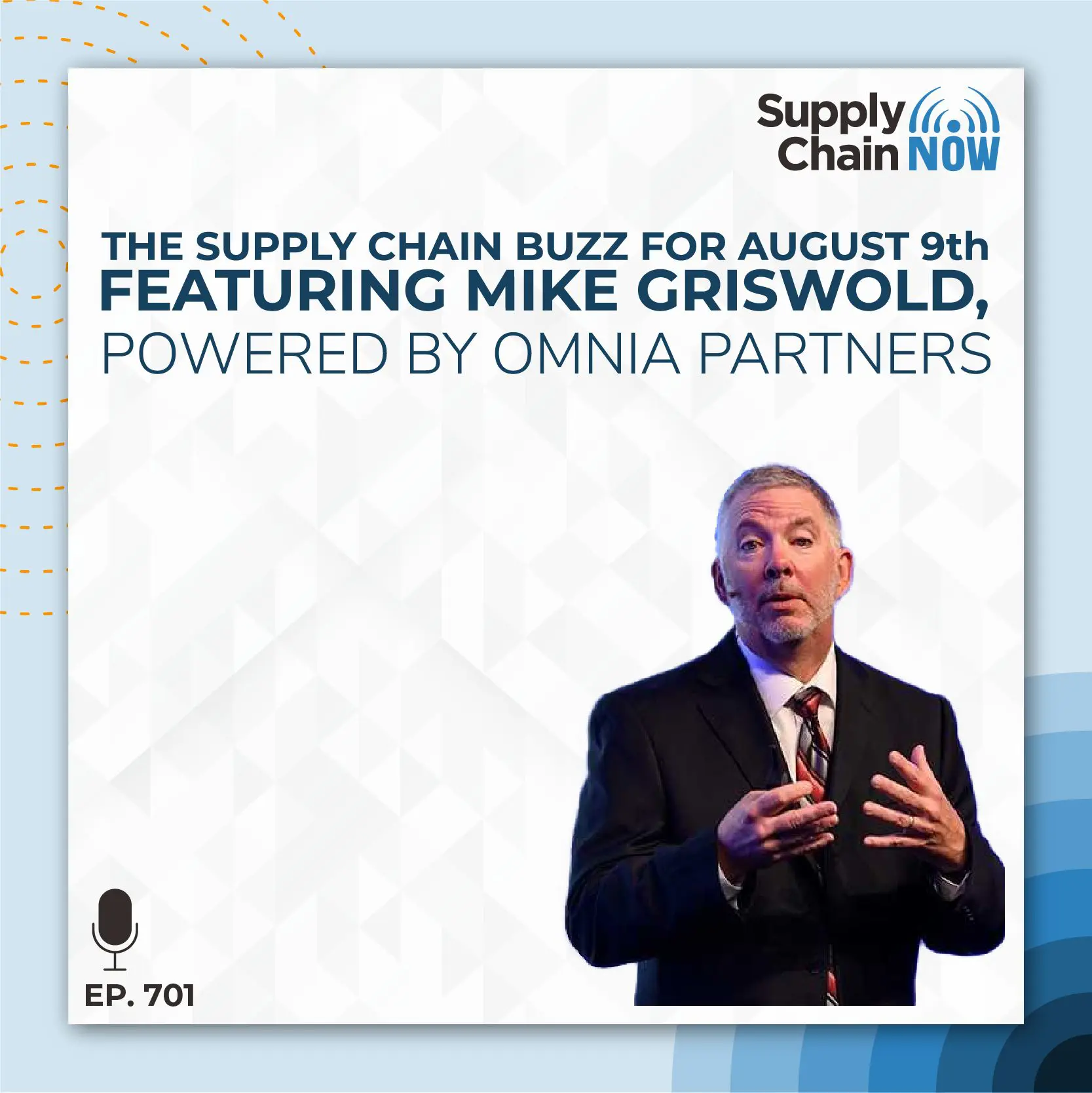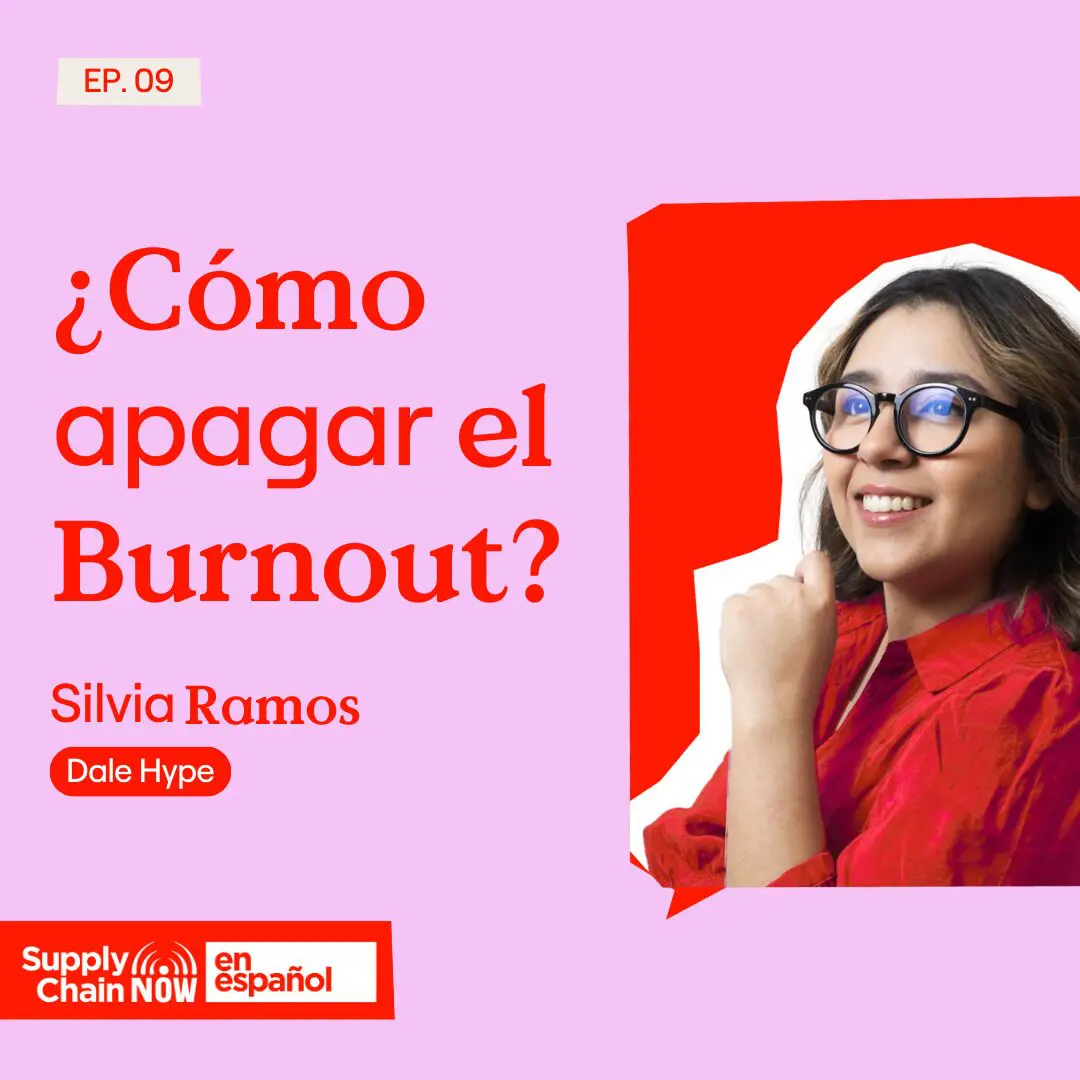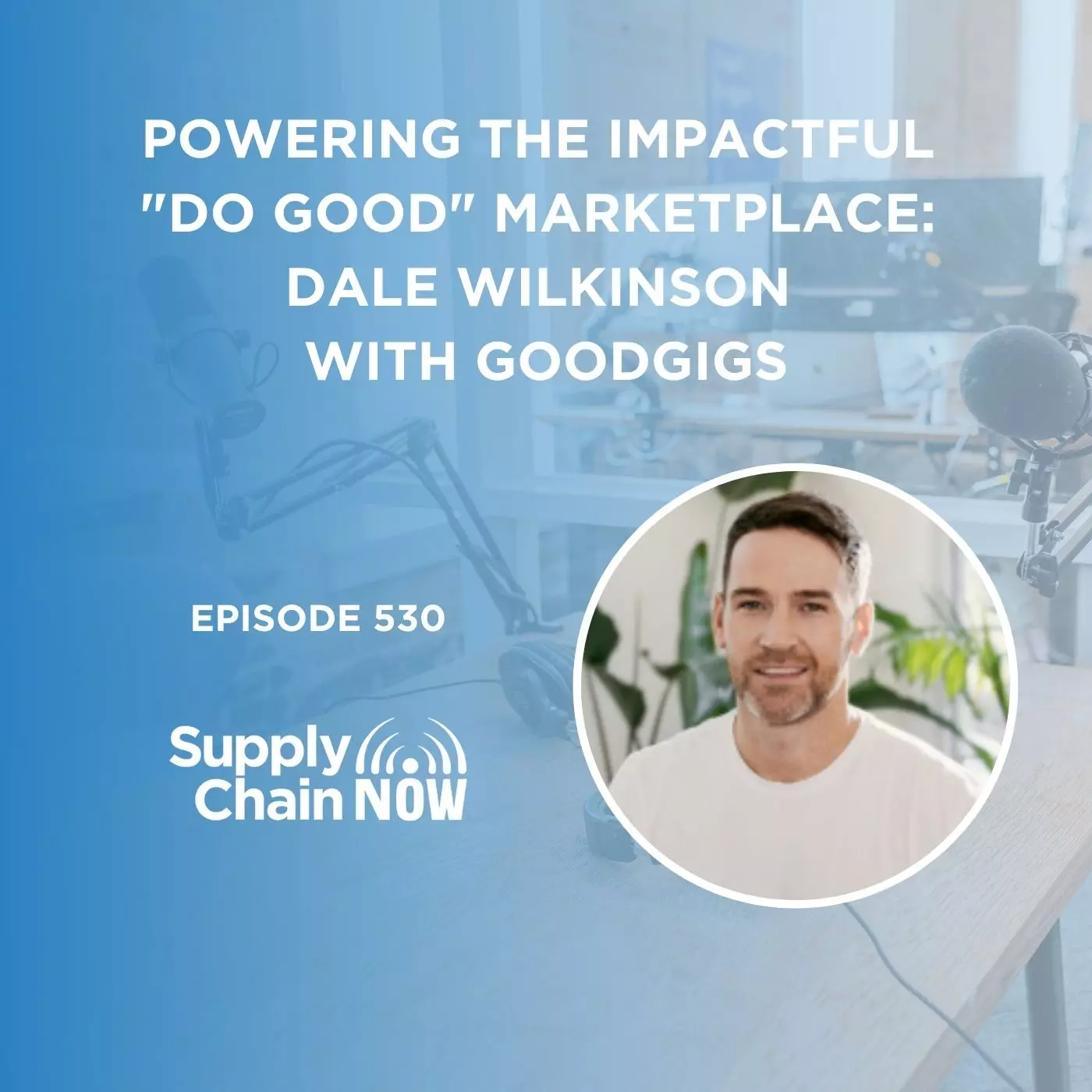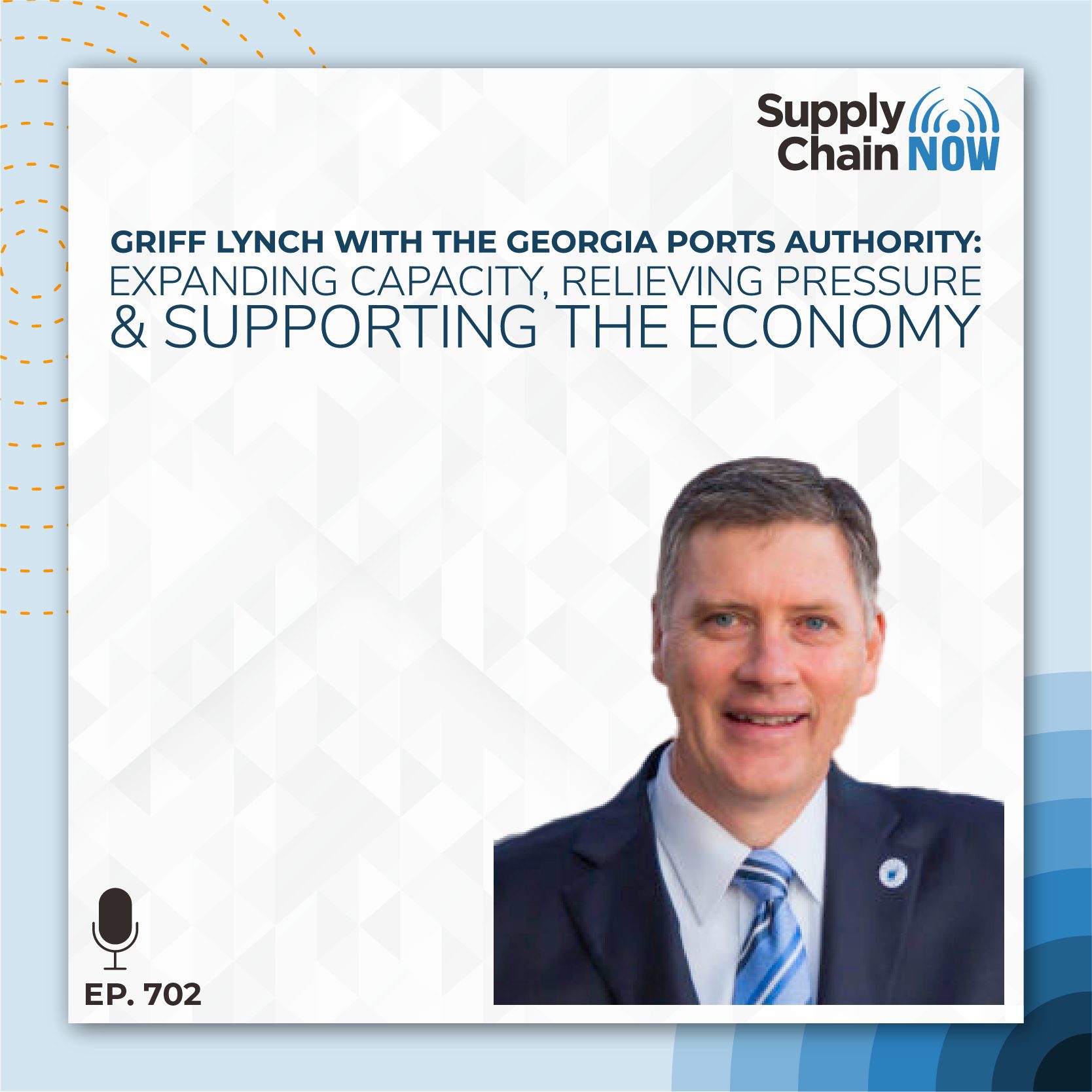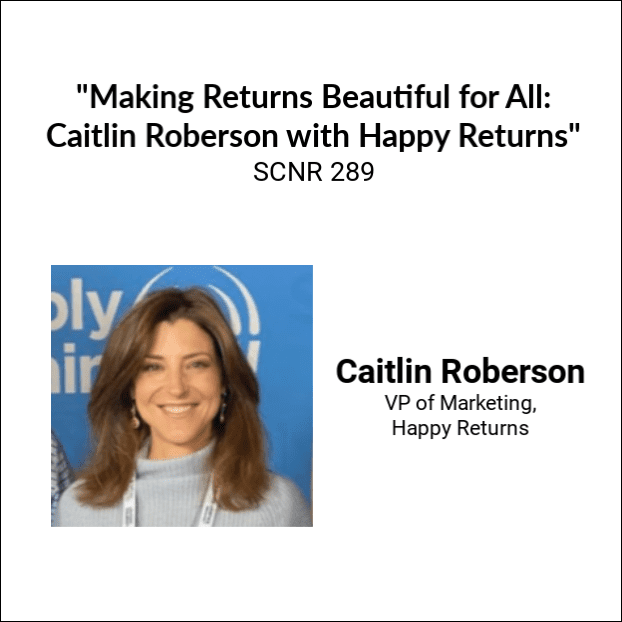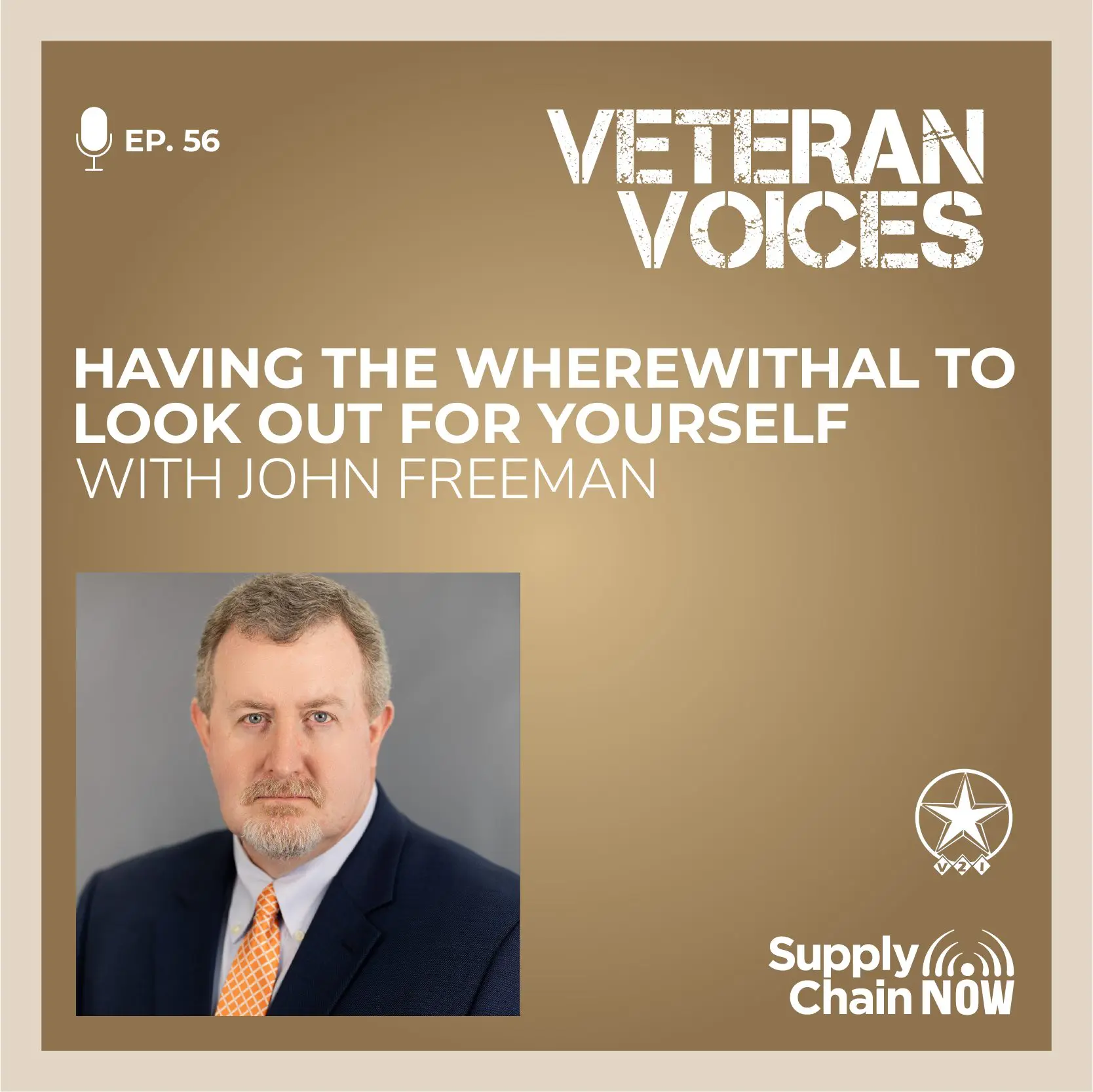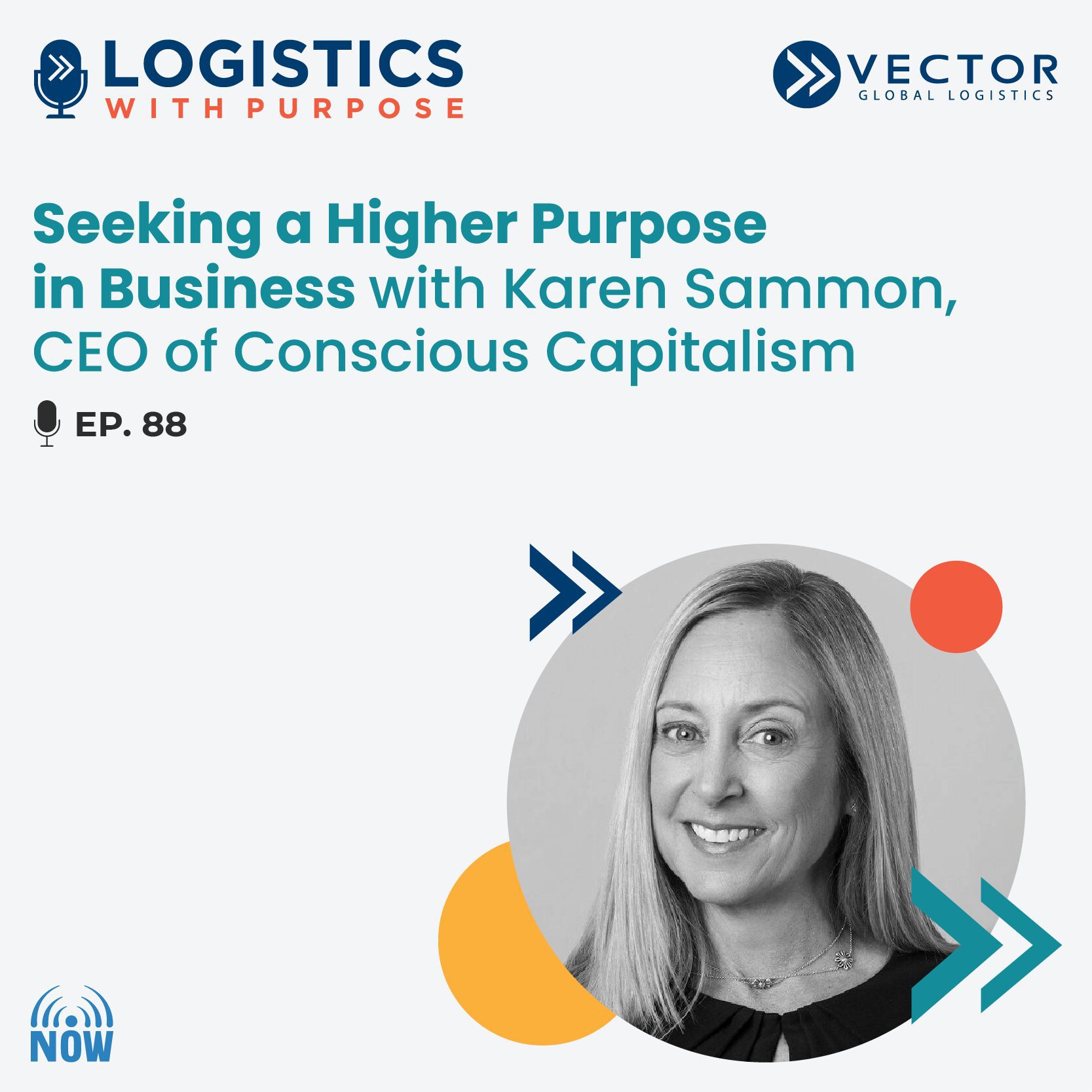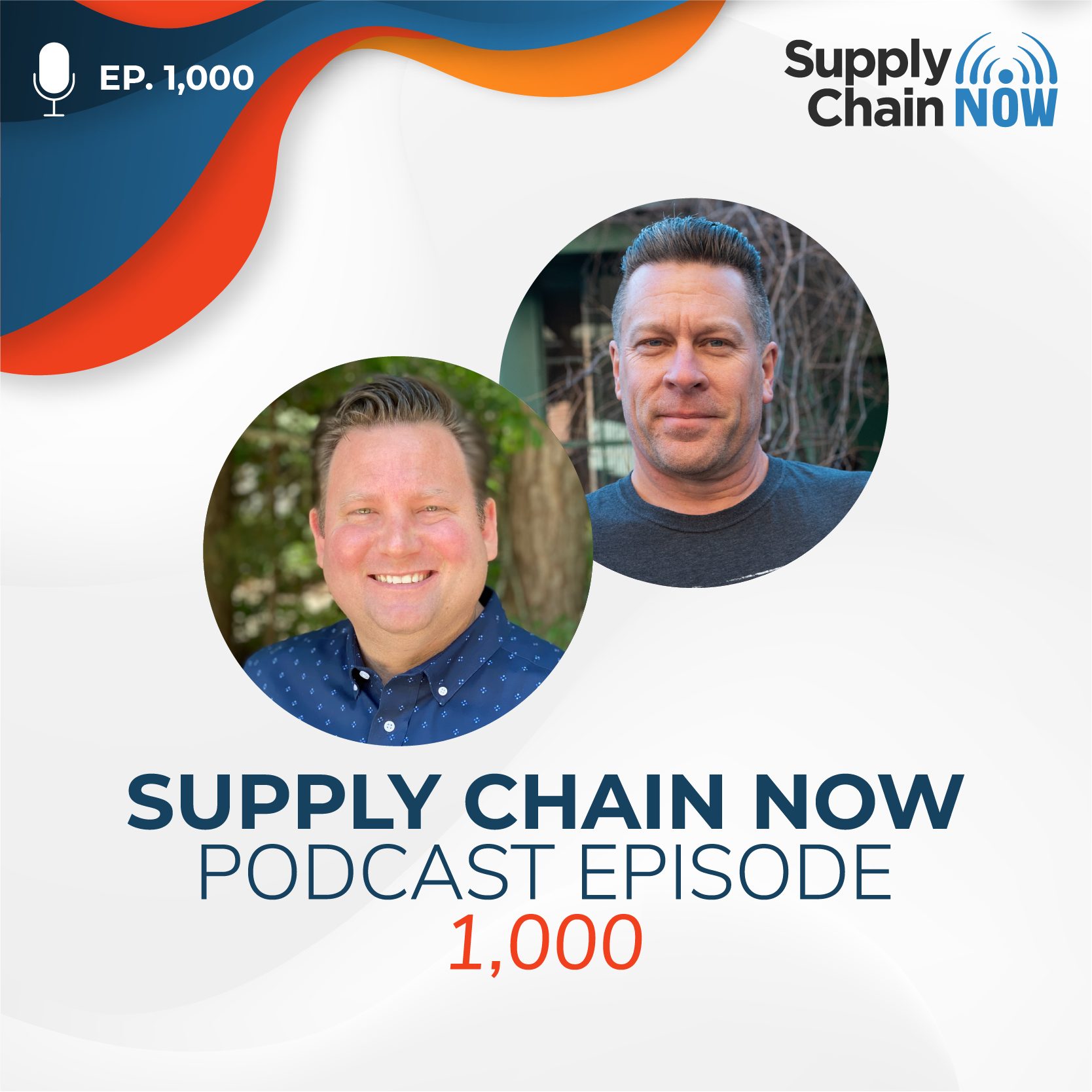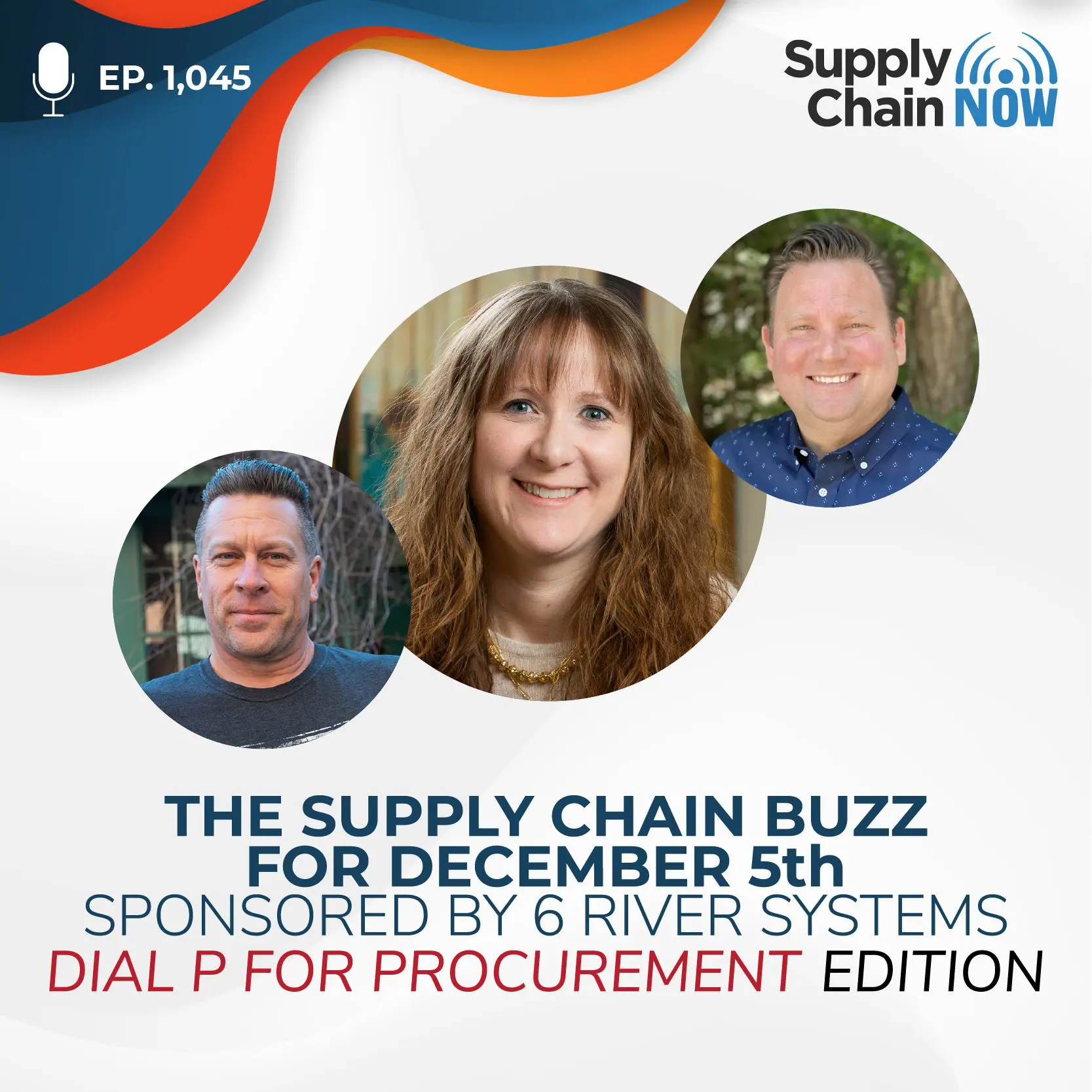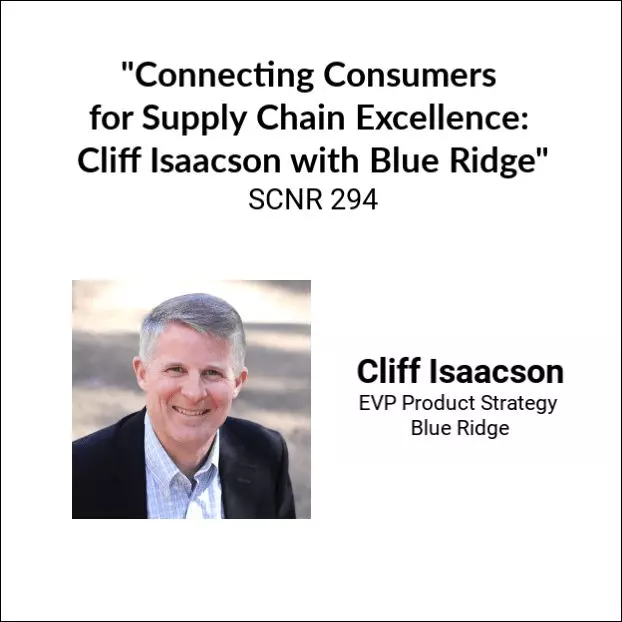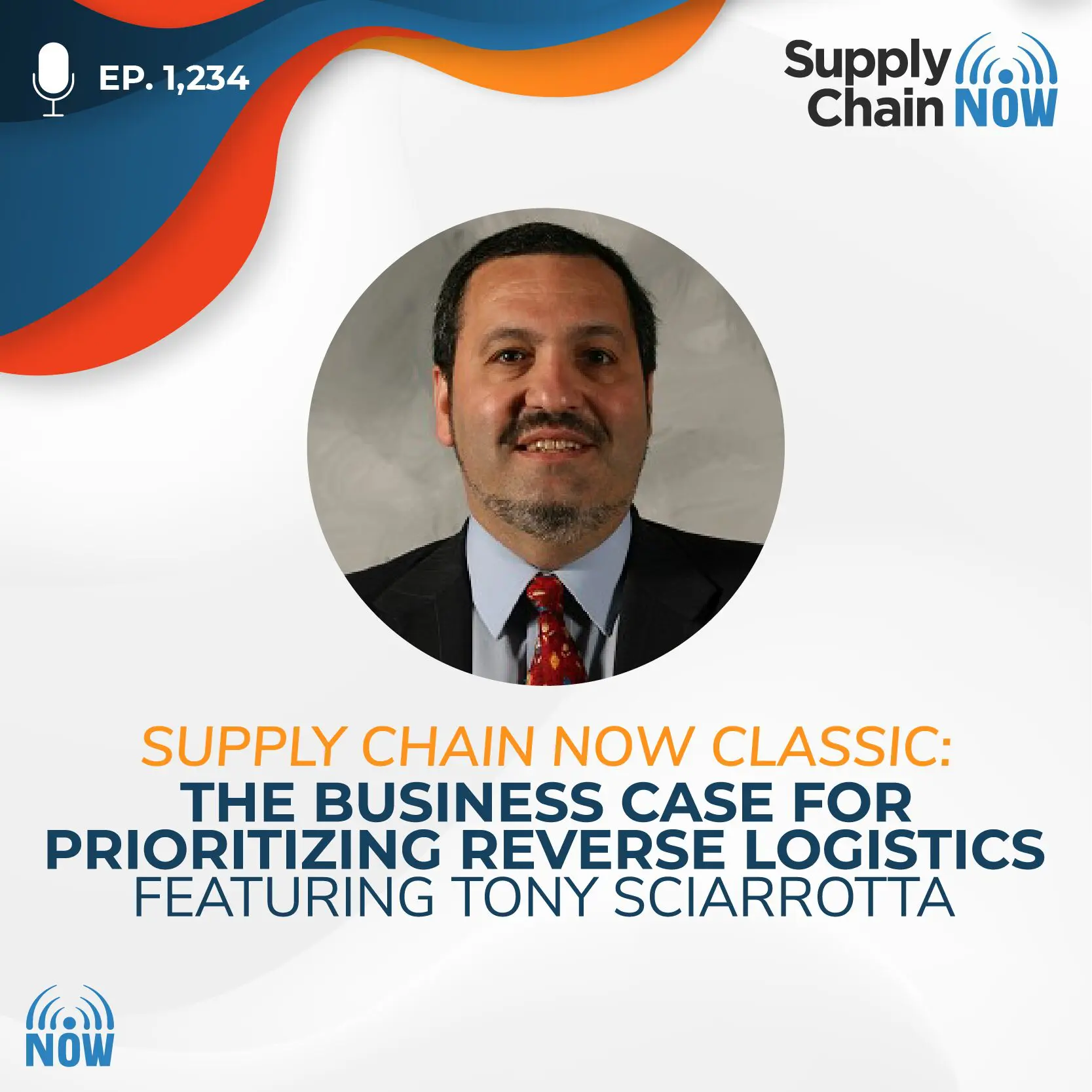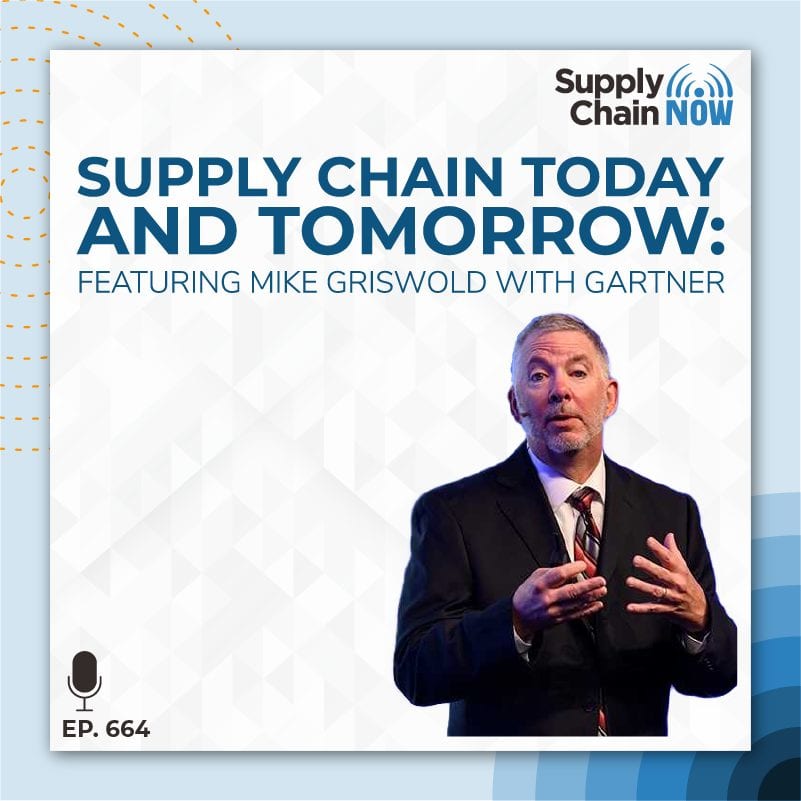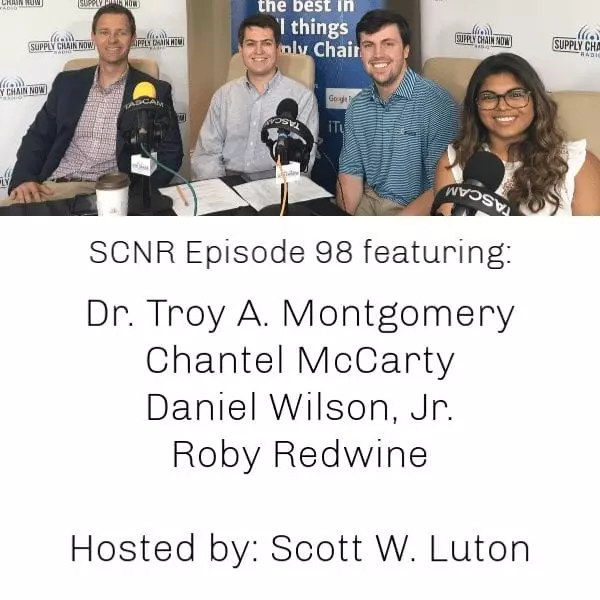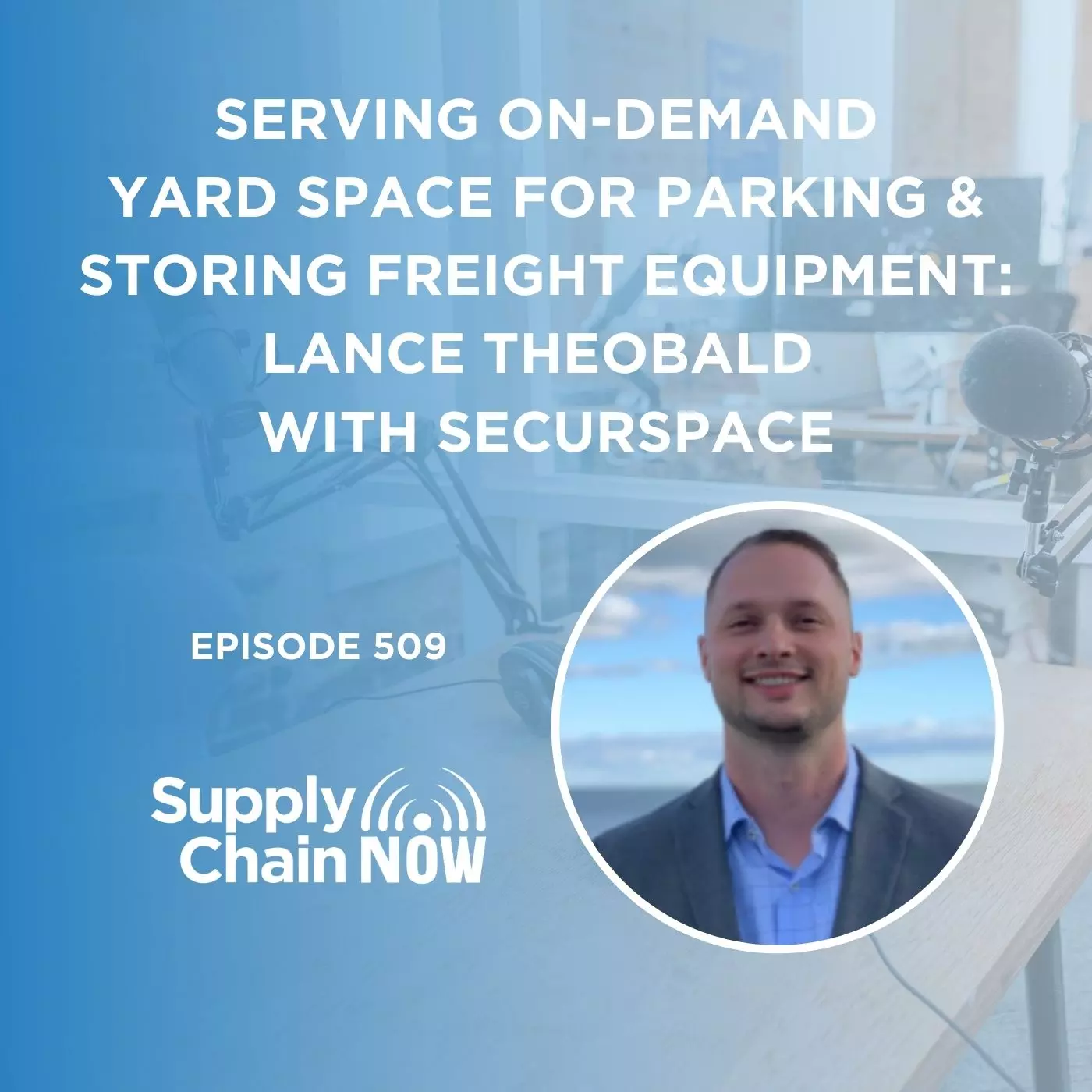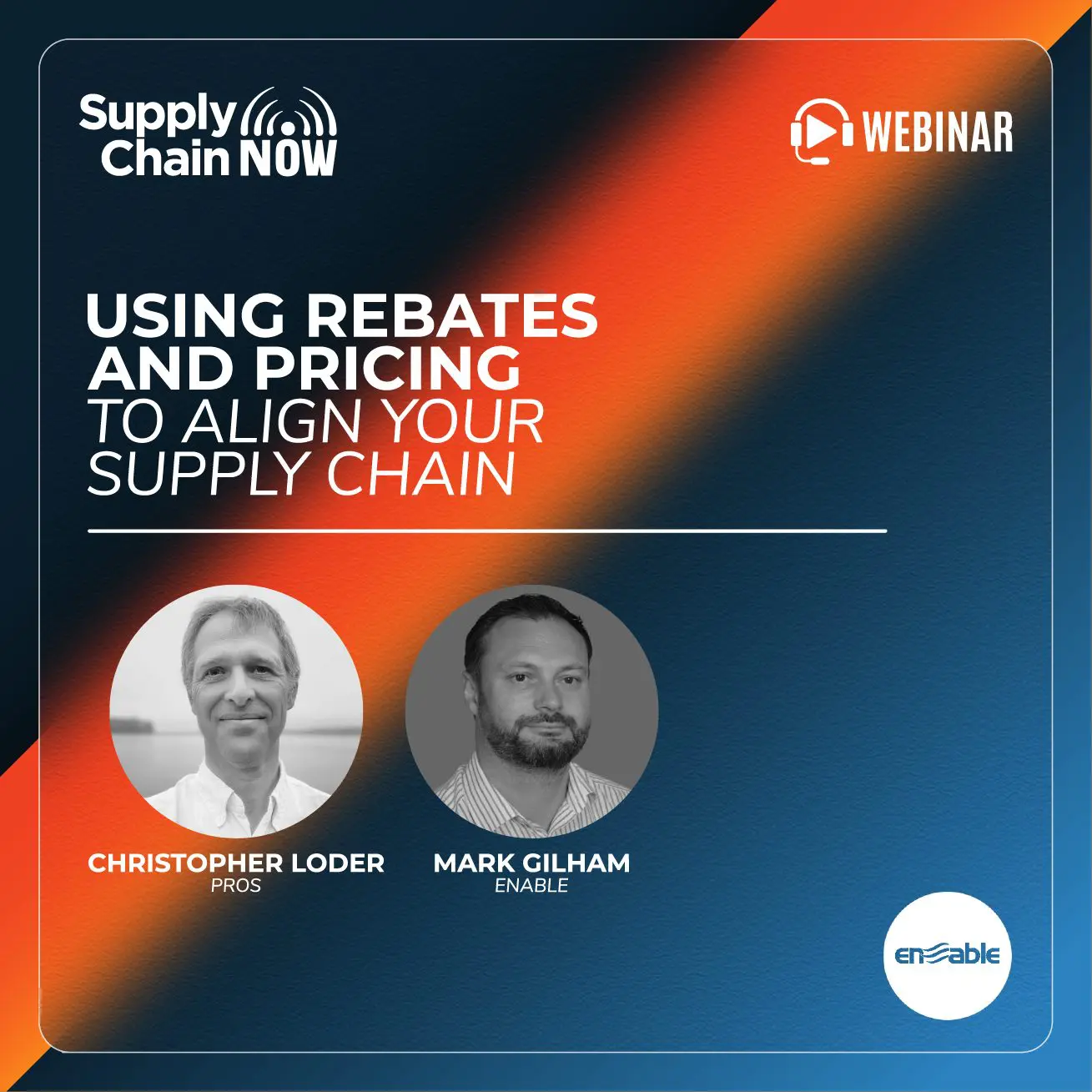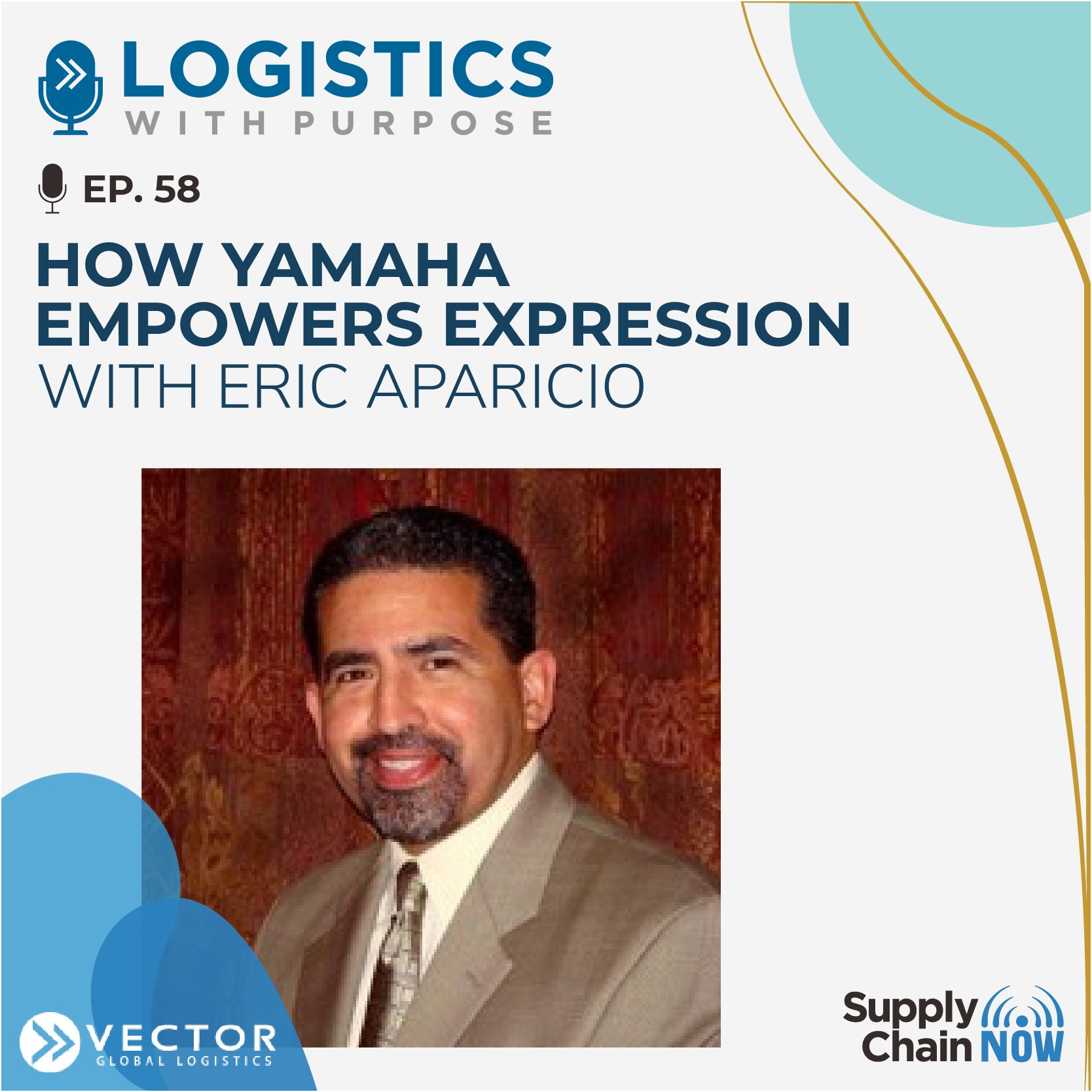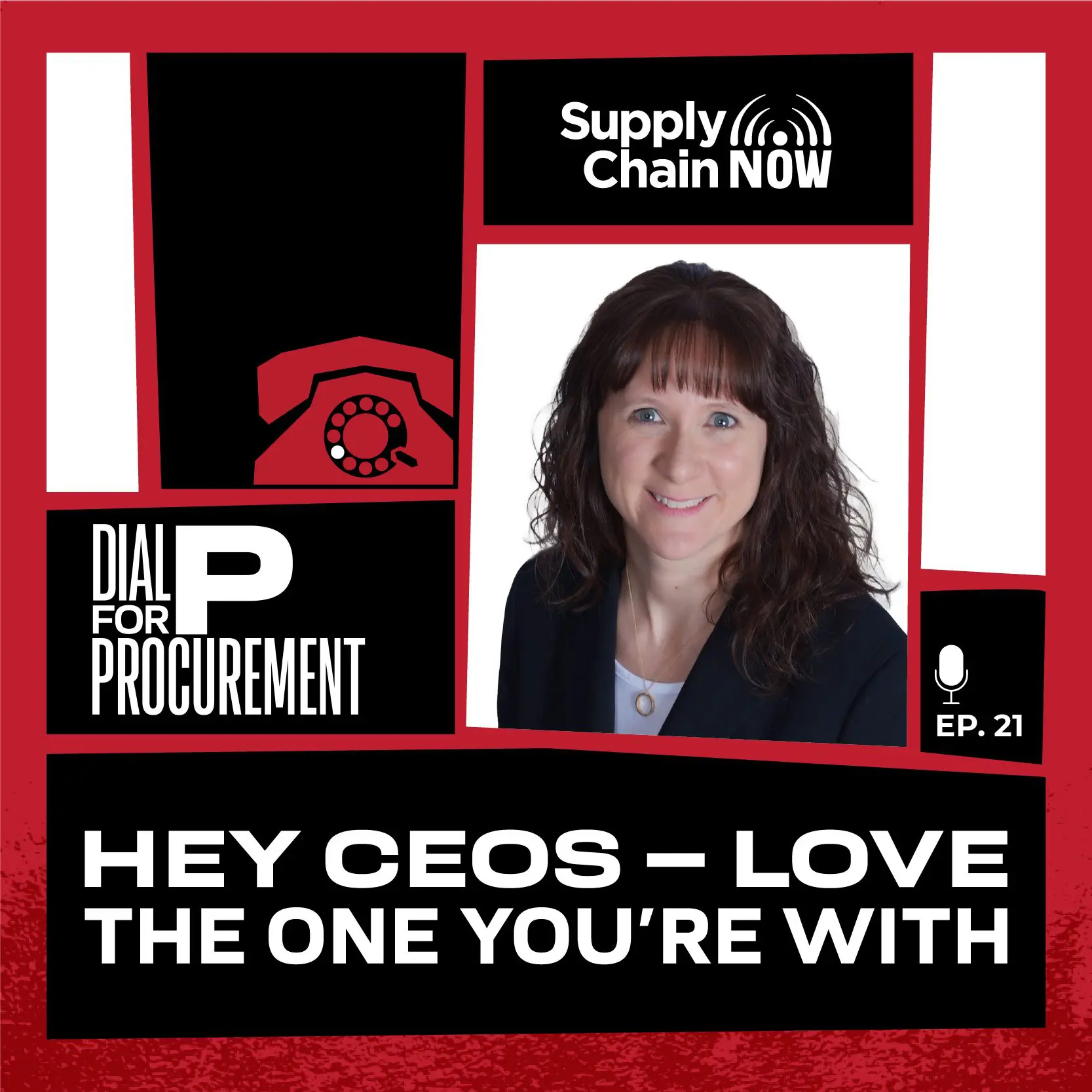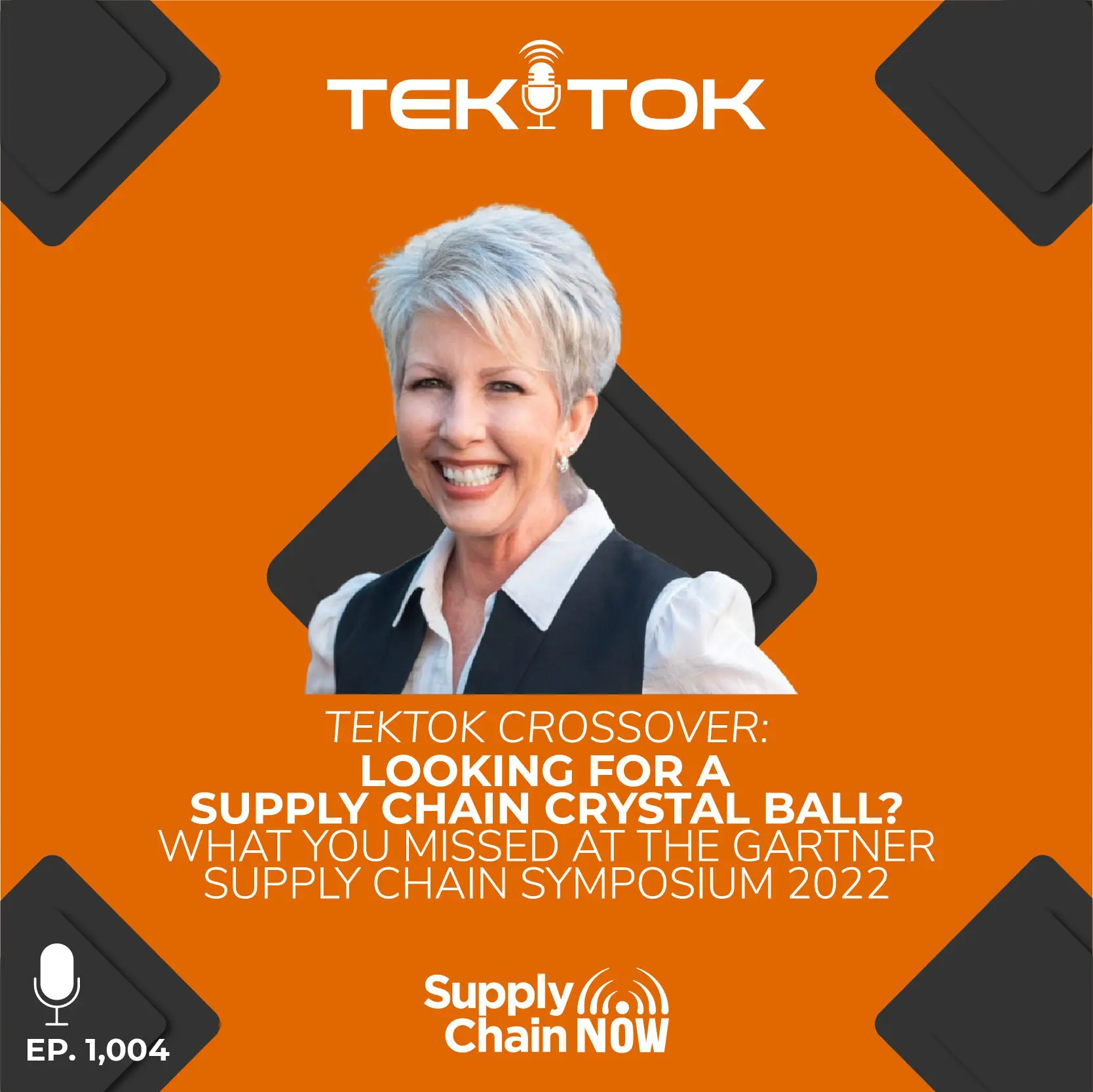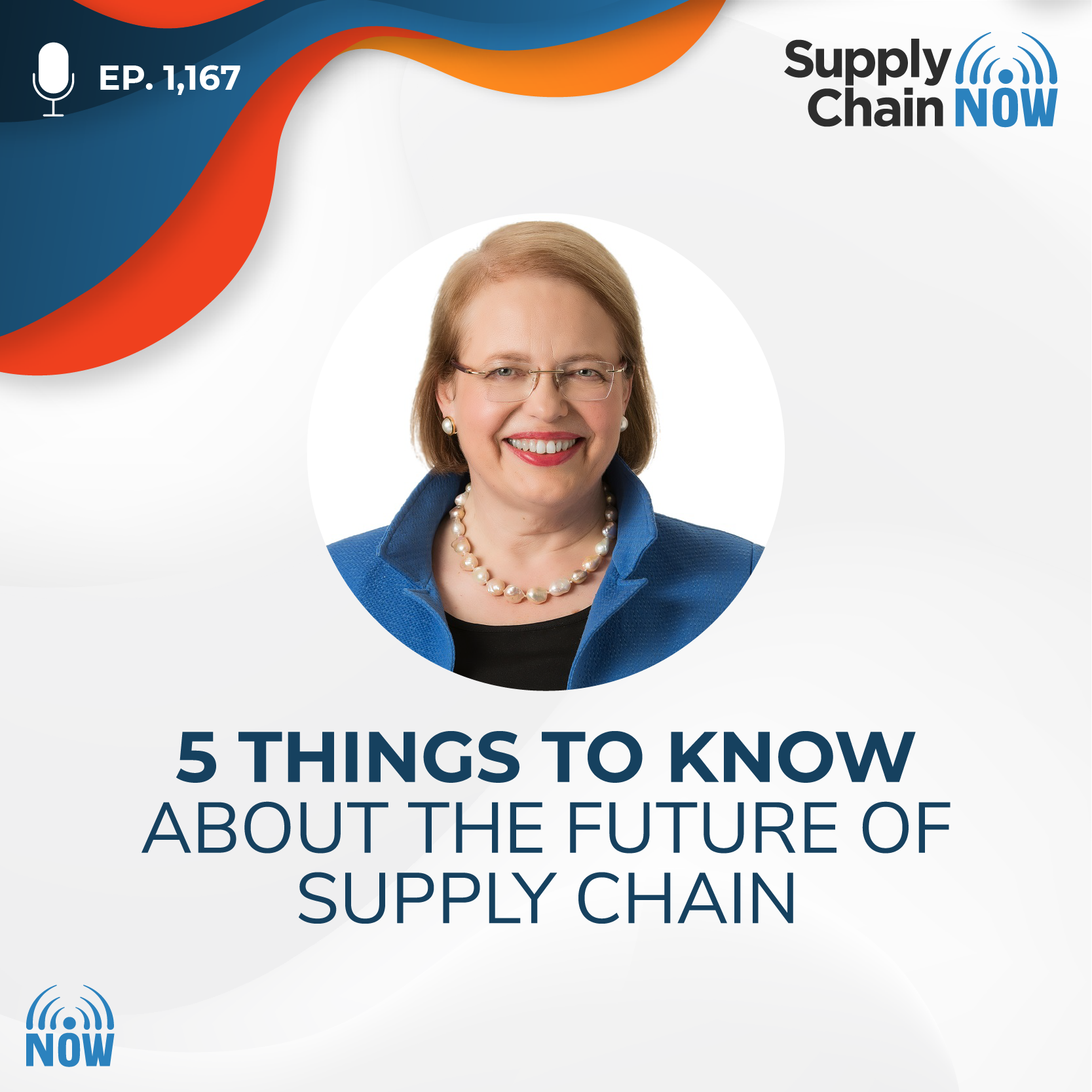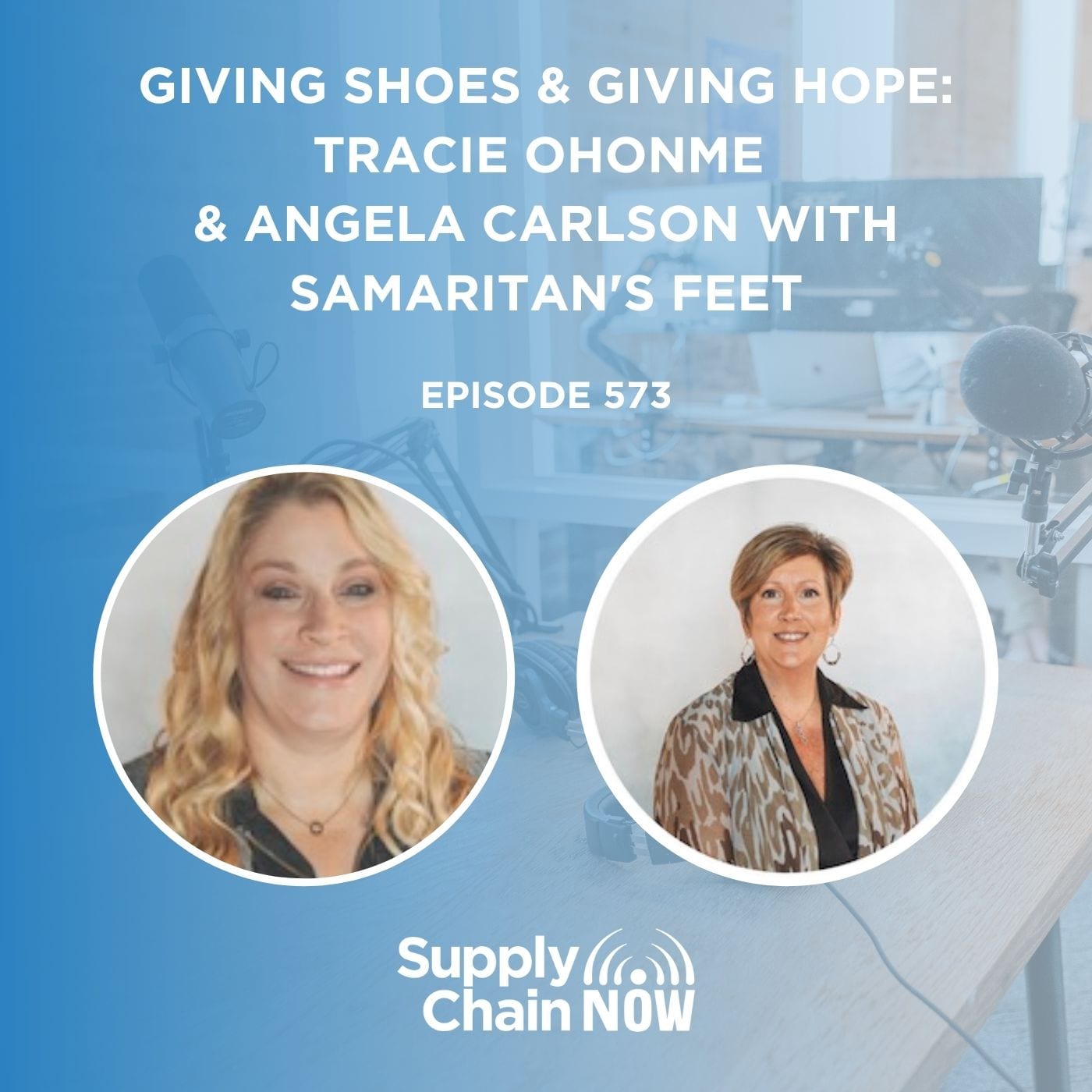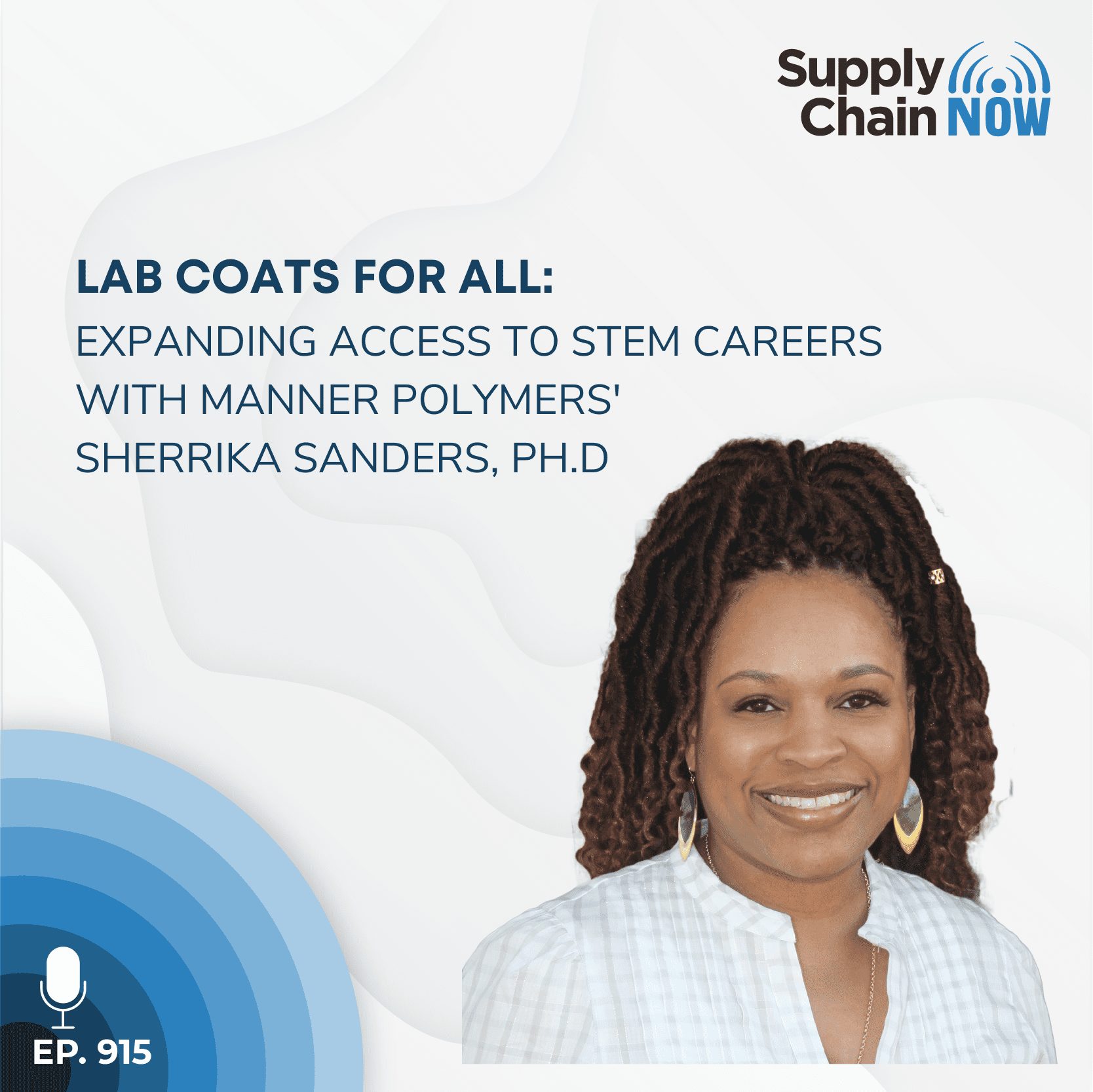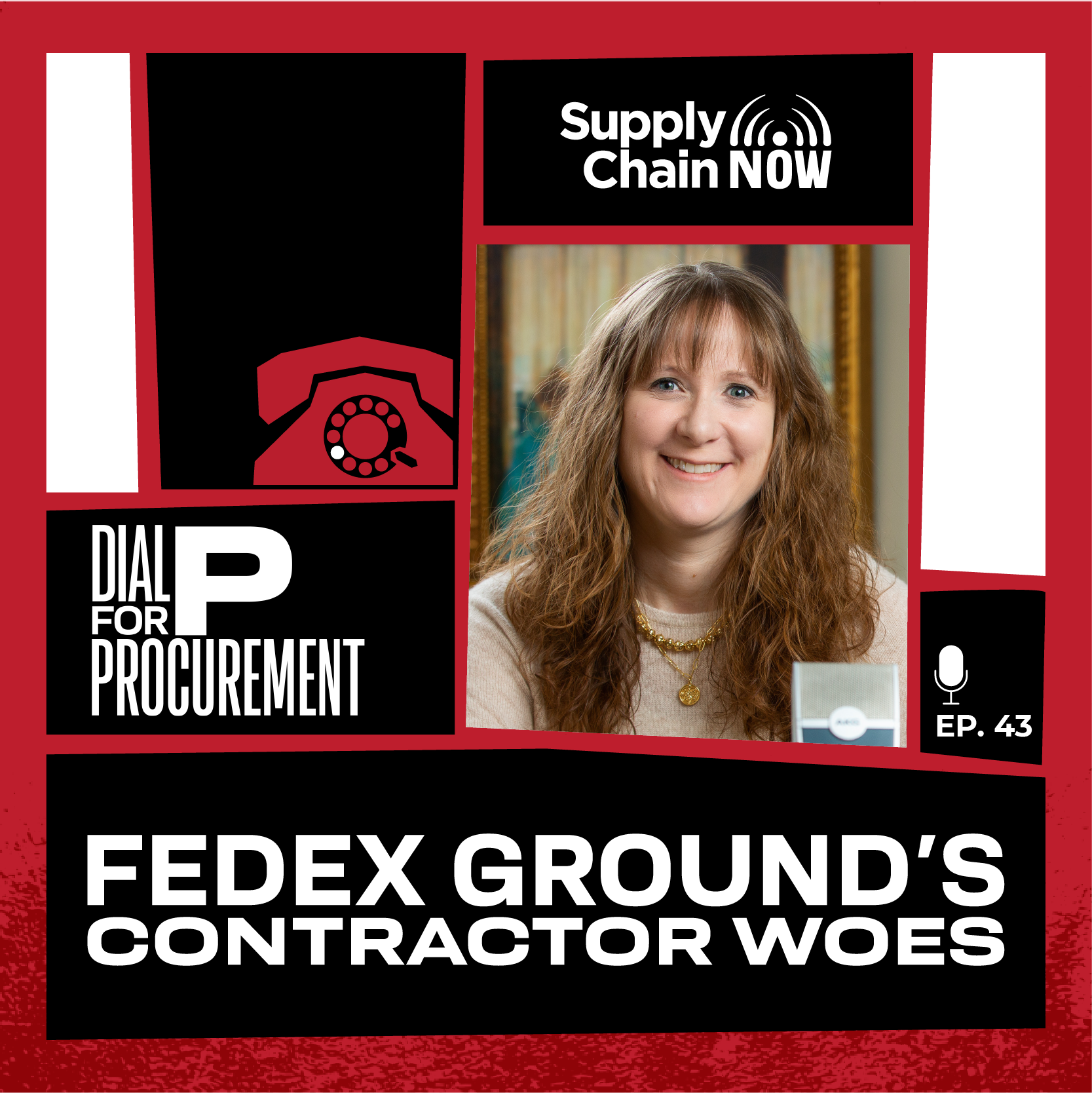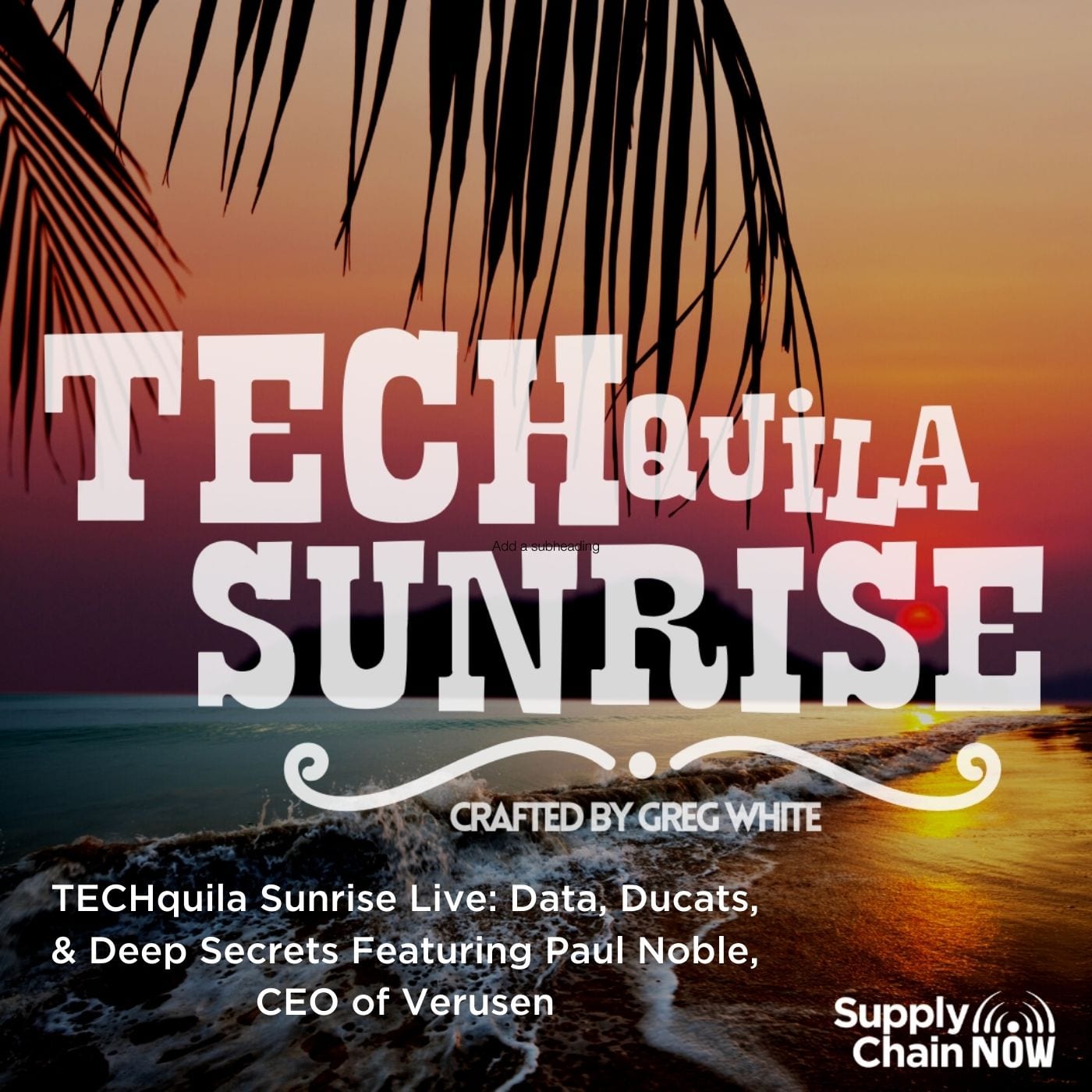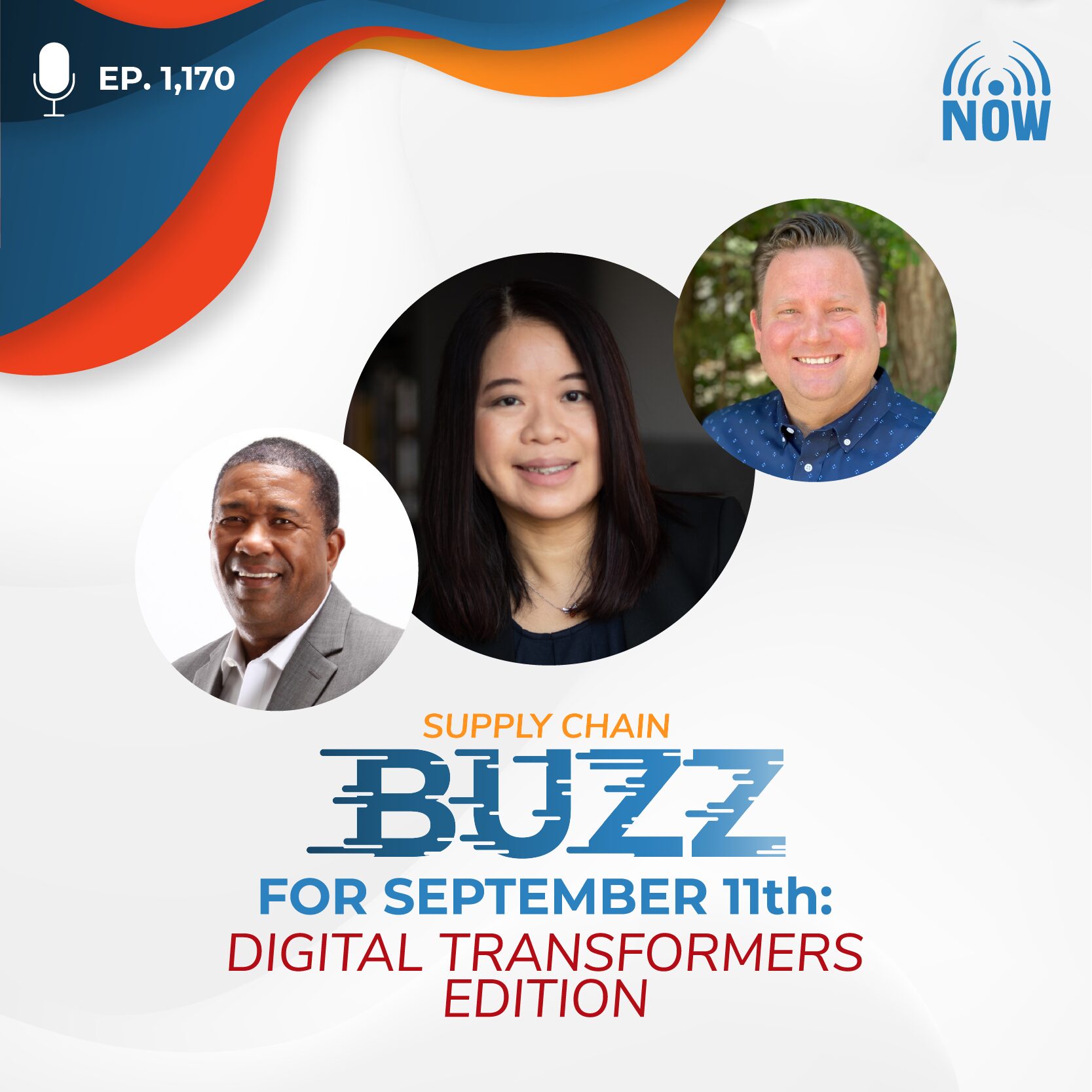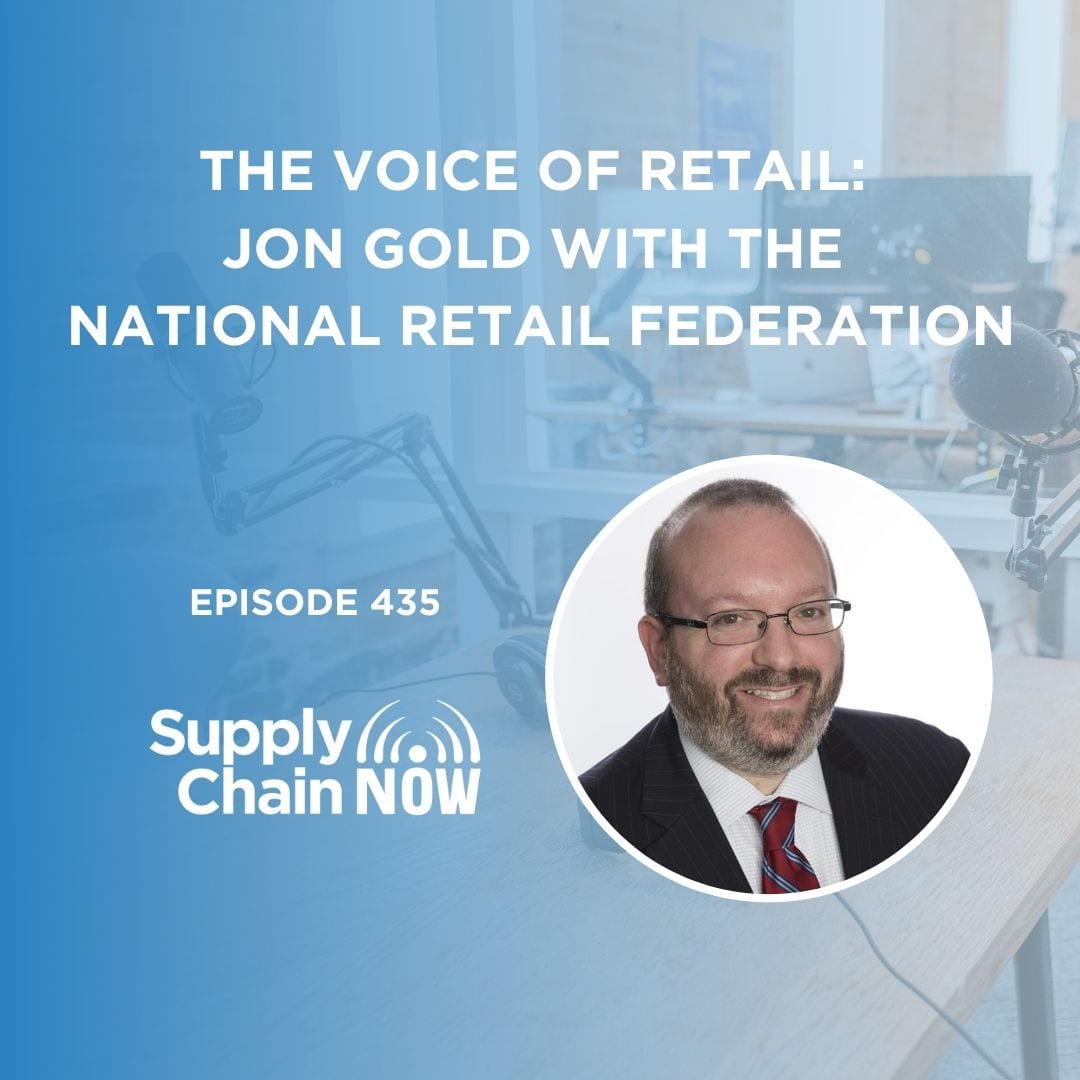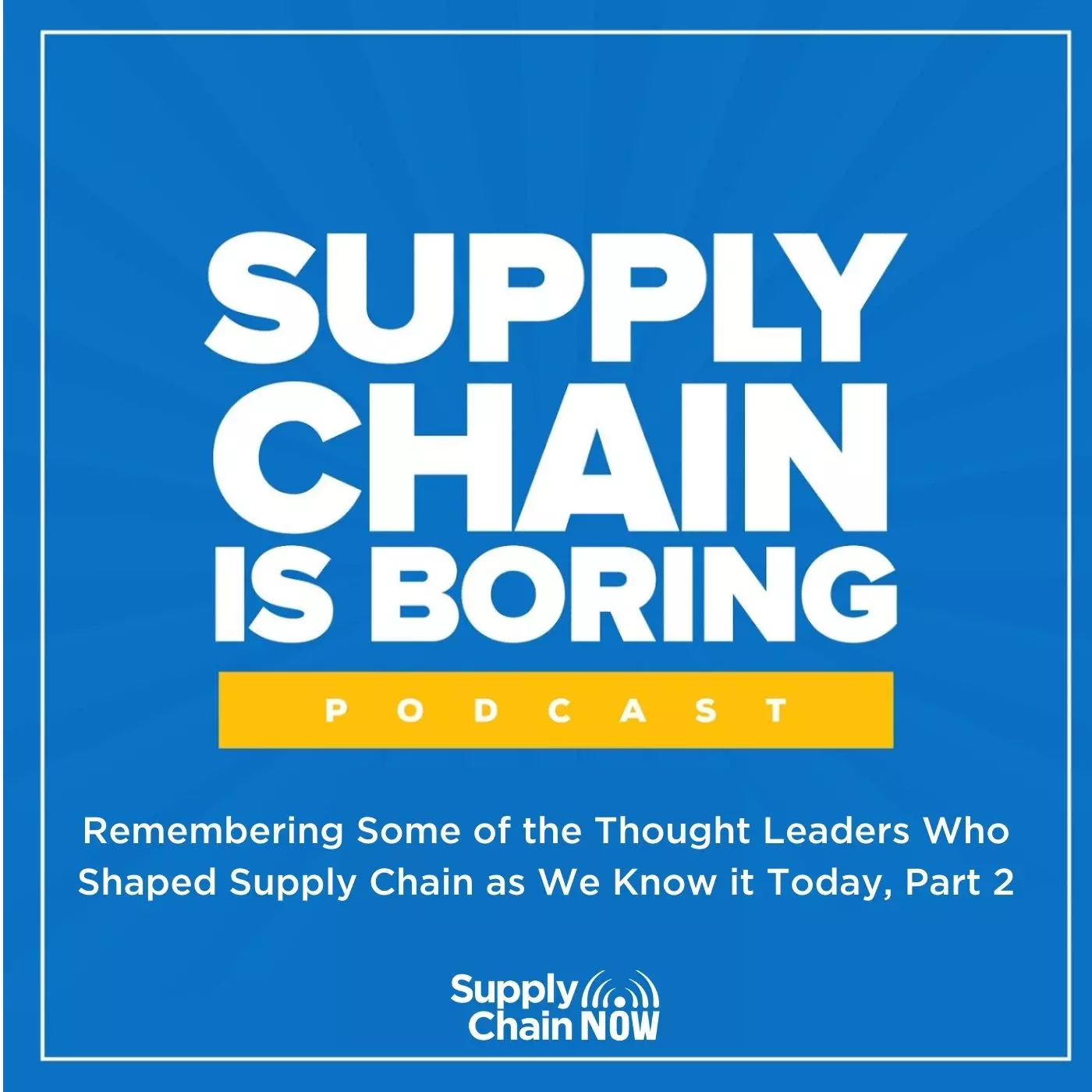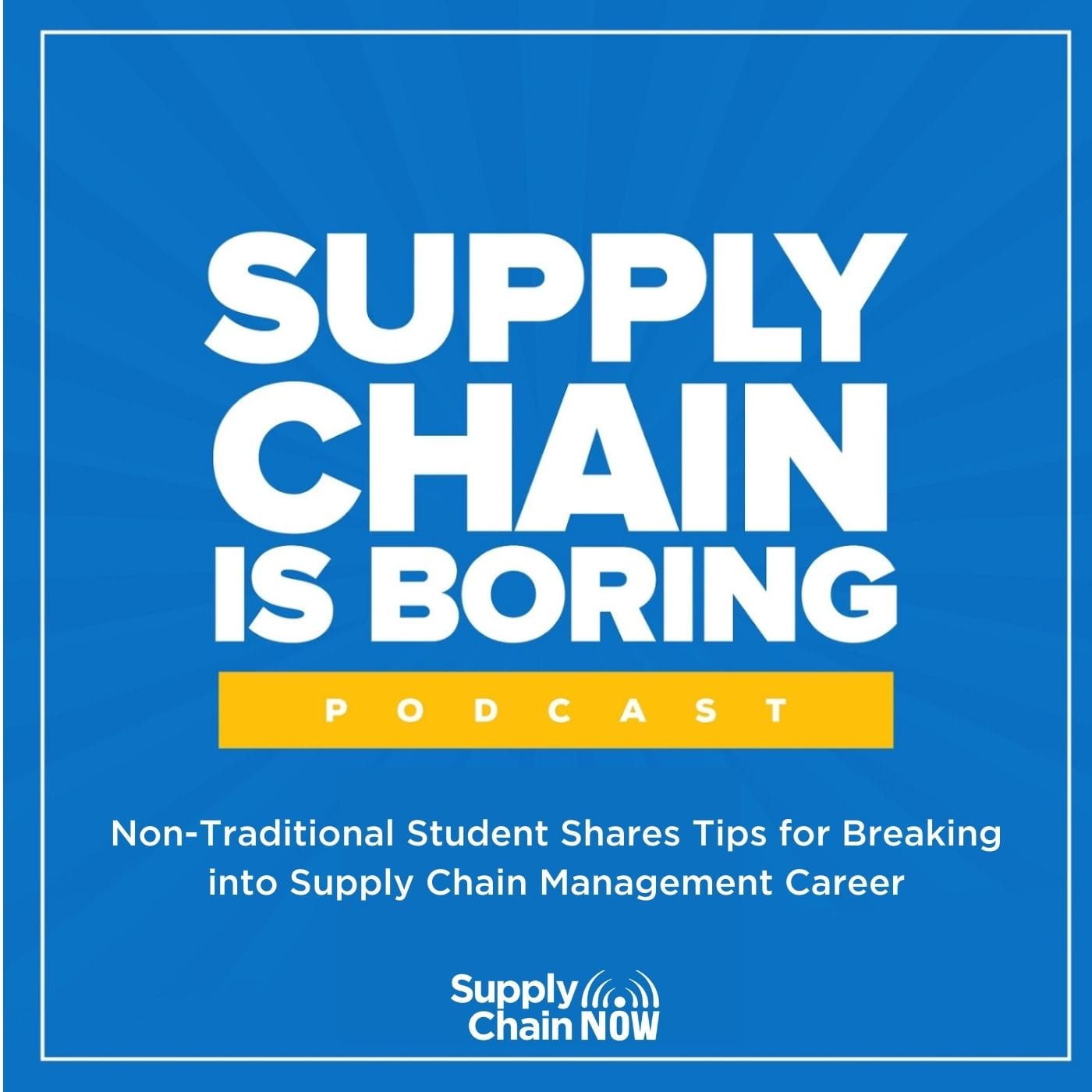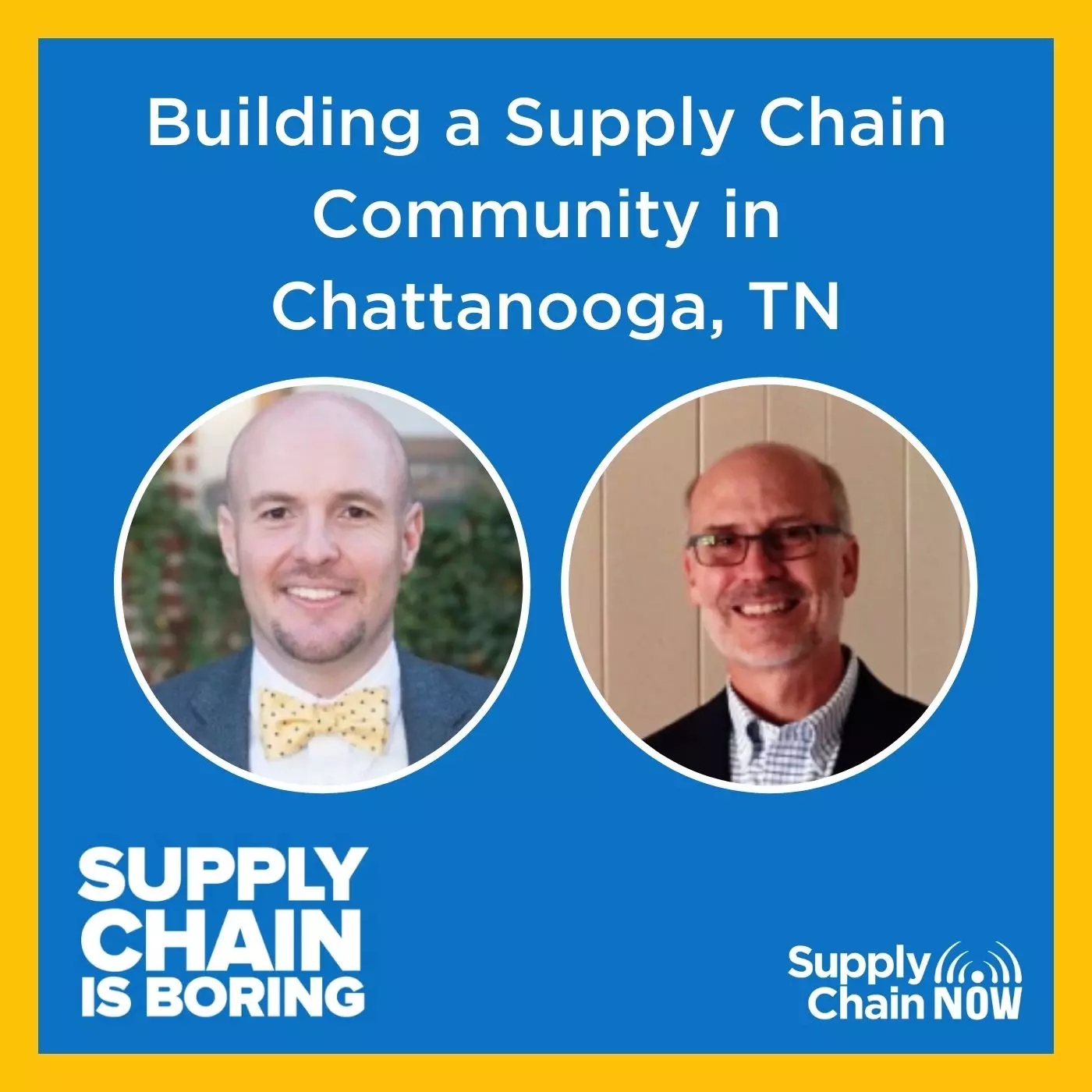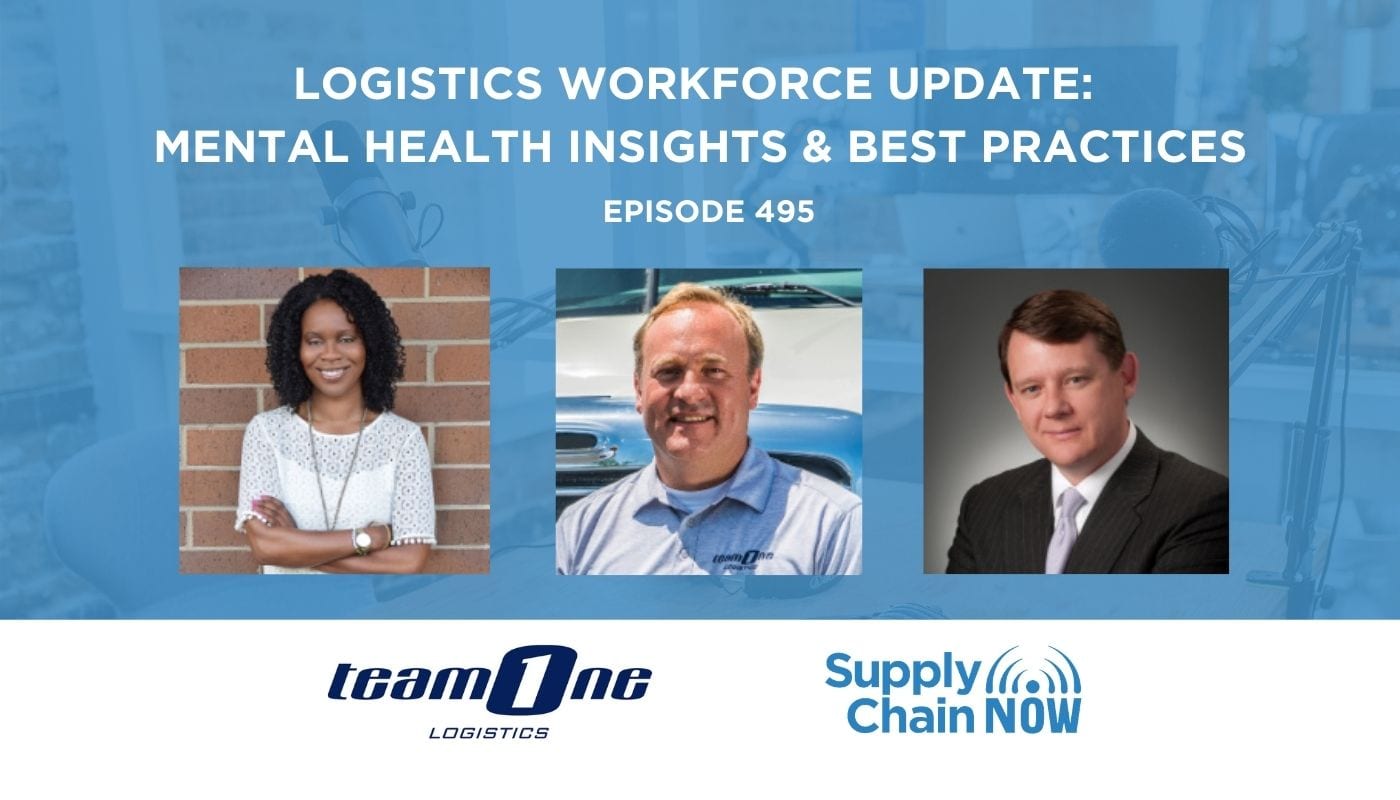
Episode Summary
“Mental health is not just the absence of disease or illness; it’s important to understand that mental health is actually an active state of health and wellness and requires actions to be taken in a proactive manner to ensure that we do have strong mental health.”
– Oluyinka Ajirotutu
The stigma around mental health issues is not only unjustified, it often prevents those who need assistance most from seeking and receiving it, even when help is readily available. Like healthcare workers and first responders, truck drivers have been subject to elevated stress levels during the pandemic, and the systems needed to address that are not necessarily in place.
Page Siplon is the CEO of TeamOne Logistics, Oluyinka Ajirotutu is an accomplished healthcare leader and mental health advocate, and John Hearn is the Managing Principal of The Benefit Company. In this podcast, they combine their perspectives to share information on a critical topic that has received increased attention since the start of the COVID-19 pandemic.
In this conversation, Page, Oluyinka, and John tell Supply Chain Now Host Scott Luton about:
· The basic building blocks of mental health, starting with awareness
· What people should do if they suspect a family member, friend, or co-worker is struggling with mental health issues
· Practical tips and techniques that everyone can use to elevate self-awareness and remain positive despite the challenges of daily life
Episode Transcript
Intro/Outro (00:00:05):
It’s time for supply chain. Now broadcasting live from the supply chain capital of the country. Atlanta, Georgia heard around the world supply chain. Now spotlights the best in all things, supply chain, the people, the technologies, the best practices and the critical issues of the day. And now here are your hosts, right? Good afternoon. Scott Luton and Paige
Scott Luton (00:00:32):
Featured special coasts paid supply on here at supply chain. Now welcome to today’s show. I’ve got a great show teed up here, uh, page, they were focused more on the logistics workforce, right? That’s right. Yeah, the logistics workforce and some of the challenges they face out there in the wild world, you know, in particular are truck drivers, right? Mental health is such an important and in general, mental health is such an important element these days. And we’ve got a couple of experts are going to be weighing in own own part, you know, defining part of the problem as well as offering best practices that we can all benefit from. Whether you drive trucks and our PR and our driving professionals or not. So really looking forward to this page, appreciate you and, and your team’s help in making this happen. Same to yours, Scott. All right.
Scott Luton (00:01:18):
So we’re going to be working hard to increase your supply chain leadership IQ here today. Quick programming note, if you enjoyed this episode, be sure to find us and subscribe wherever you get your podcasts from. All right. So with no further ado pay, just welcome in our two featured guests here today. Inca are [inaudible], who is an established healthcare leader and mental health advocate with O Lou Yanka speaks Nika. Good afternoon. Good afternoon. Thank you for having me. Great to have you great to have you, you know, I think Paige and I, we’ve already learned volumes. I think I’ve, we’ve learned a certification just in our prep talks thus far, so really looking forward to sharing that with our audience. Great. Thank you. And then John Hearn principal with the benefit company, John. Good afternoon. How are you doing? Oh, I’m doing great. Great to be with you, Scott, thanks to you and Paige for having you and myself, John, you bet.
Scott Luton (00:02:10):
And for the three people, especially, especially in Georgia supply chain industry, that that may not a, well-recognized my cohost paid Ziploc CEO at team one logistics page, a pleasure to be part of this with you always going to be here before we dive into this very important conversation about mental health and, and really offer our audience some interesting and unique perspective. We’re going to set the table, uh, from industry what’s going on. You’re going to help do that for us, but before we get there, let’s get to know our two featured guests, a little better. How’s that sound? That was great. So Yanka, let’s start with you, give us a brief background on your professional journey and also tell us what you do now. Um, so thank you Scott, for having me. Um, so first I am
Oluyinka Ajirotutu (00:03:00):
A healthcare leader as mentioned. I’ve worked in healthcare for about 14 years now. Um, I was fortunate enough to start my career at Mayo clinic shortly after graduating from graduate school. And I worked there for several years as an administrative fellow and also work as an operations manager in neurology and neurosurgery. So my interest, um, and also my experience within mental health and mind sets, uh, started very early in my career. Shortly thereafter, I went into healthcare consulting and worked.
New Speaker (00:03:32):
as a consultant for the government. For six years. I supported, uh, the veterans affairs. I supported the department of defense and also supported the centers for Medicare and Medicaid. Um, shortly thereafter, I transitioned back into hospital operations and now I’m working as a senior leader at, uh, one of the healthcare organizations here in Atlanta, Georgia. And so that is the stage that was set for many as an understanding of my professional journey, but there was a lot that was happening behind the curtain that not many were privy to.
Oluyinka Ajirotutu (00:04:06):
So as I was going through my different work experiences and getting promoted throughout my job, I was also experiencing anxiety and mental health issues. So I was struggling with managing stress. I was struggling with managing worry and fear, um, as well as managing the uncertainty that can often come with work and meeting deadlines and trying to get things done within a short timeframe. And so around 2013, I started developing more of an anxiety disorder where every day I was experiencing anxiety and just couldn’t seem to get those worrisome thoughts to shut down, to actually stop. And so after that began to happen, I entered into sort of a stage of paralysis where I wasn’t sure what to do, but I knew I needed to do something. And then in 2015, I decided to make this transformation of my life, of my thoughts, my behaviors, my habits, and really began this journey of health and wellness. And I’m so excited to share with you guys today, the transformation that I experienced in my life, as well as the benefits of more peace, more joy, and really more stress management and refill audience. So very excited to be here today and to continue to share with you all know what I’ve learned and also to hopefully provide some of that feedback and lessons learned to your audience,
Scott Luton (00:05:31):
Uh, page first off week. Thanks for sharing about page. I’ll tell you, it takes, as we’ve all known, um, to, to speak and share those experiences you just did. Yanka, uh, it takes a very brave individual, especially given some of the perceptions folks have out in the market. I think we’re gonna talk about that later in the conversation, but Mo more importantly, you’re going to help so many people by, by being transparent and putting yourself out there and your experiences out there. And I really admire that page. What was your question?
Page Siplon (00:06:00):
Yeah, I was, I was going to say, first of all, I just feel smarter being on the, on the same computer screen with you. Second of all, peace, joy and resilience. We can not get enough of that. I don’t care what kind of pandemic we’re going through or not. That’s a, that’s, that’s a goal we all should have. So thank you for getting out of this program with this insurance on that
Scott Luton (00:06:18):
Peace, joy and resilience. We ladies and gentlemen, we have our title for today’s
Page Siplon (00:06:22):
Podcast.
Scott Luton (00:06:25):
All right. So you didn’t get great to have you here really looking forward to sharing your expertise. Uh, John Hern, let’s get to know you a little bit better. So tell us,
John Hearn (00:06:31):
Thanks, Scott. So, uh, I look at this, um, uh, the introduction through the lens of two things, one from a professional standpoint, but also personal on the personal front, I’m motivated by Yinka story to, to share this with you. You know, I, I grew up like probably many of your listeners is the guy who knew you, you fall down, you get a cut, your dad says, shake it off a little bit and, uh, and just get over it kind of a thing. And I’ve tried to raise my children the same way. Uh, well, one day about three years ago, I have a child who just hit a wall classic, leave it to Beaver kid, absolute wonderful, uh, young, young individual. And he hit an, uh, an issue that we’re talking about today. And that’s really from where my passion on this topic came. He’s doing great now.
John Hearn (00:07:18):
Uh, but I think you’ll see a theme here with Nick and myself telling these personal stories. And you said, Scott being transparent about this. That’s part of the biggest barriers we’ve got to get over is to go over that stigma stigma, which I know we’ll talk about later. So that’s my personal story. Uh, and one that, uh, was highly acute to myself and my family from a personal, uh, from a professional standpoint, the lens through I look at this question is as an employee benefit consultant. So as the managing principal of the benefit company, we support employers on billing, the benefit packages for their employees, and you’ve picked the right topic today, mental health, because during the pandemic, we’ll talk more about the statistics in a moment, but this is a, uh, a very much an issue that is facing us even more dramatically today than it was eight months ago. These issues were certainly here before the pandemic, but the pandemic has accelerated this topic at a fever pace. And so I’m really appreciate the job tackled this, uh, this important topic,
Scott Luton (00:08:19):
John and Nika, I think, uh, really appreciate y’all taking time out. I think our audience is going to benefit. I know I’ll benefit from what you have to share. And again, we do appreciate y’all being transparent about your experiences and how we all get better. All right. Page. Now that we’ve set the table a bit from our experts and have joined us, let’s set the table a bit from what’s going on in industry. And I can’t imagine too many more, too many more better folks to hear that from then from you. So tell us what’s going on across logistics and transportation.
Page Siplon (00:08:51):
Yeah. Yeah. Things are moving. No matter the pandemic we’re in. I think it’s really been a proving that, you know, transportation,
Page Siplon (00:08:56):
Logistics plays a huge role in our economy. I like to think of it as a common denominator for our economy. Uh, and that’s, I think it’s proven itself true. Um, in spades throughout this pandemic, you know, across the nation three and a half million professionals, safe, qualified professional truck drivers, you know, they’re moving over 70% of everything that we put on our children’s backs, the homes we live in, the food we eat on down the list, the things we buy on Amazon, just the name of you, you know, that’s, that’s a huge amount of freight and, and it’s difficult, right? I mean, we’ve had some pretty, pretty tumultuous times to be able to keep up with the demands and change what those drivers have had to do to be able to meet our, our family’s demands and our, and our nation’s demands to deliver medicines to the hospitals. And, and on down the list. I mean, you just, you can’t think of anything that doesn’t involve a trucker bringing it, you know, here at team one, we, you know, we have a lot of thousands of people that do that as well, 45 million miles a year of safe miles that we’re driving. Um, so I it’s, it’s close to my heart because I have a lot of families that depend on getting home safe. And I know the stress they’re in.
Scott Luton (00:10:03):
If I could make a quick comment, I think our team here, to your point, exactly. I think many consumers prior to the pandemic, you know, they were still figuring out and, and all of us, this is, this is not, you know, we’re not throwing stones. A lot of folks are figuring out what this term supply chain means, what logistics means, what truck drivers experience, but we’ve all got that we can all agree, probably that one of the silver linings to 2020 is that the consumers have known and figured out those, those knowledge gaps more so than ever. And we’re celebrating as much as we’re celebrating our wonderful healthcare practitioners on the front line. We’re also celebrating the sacrifices that our supply chain workforce is making too
Page Siplon (00:10:44):
Exactly right. I think to say it another way as well. I think it has brought a lot of recognition to the supply chain and the heroes that are part of that. Um, not to take away from heroes that are across our medical supply chains and our law enforcement supply chains and military, just to name just a few and I’m leaving a bunch out. Um, but I think we found as consumers that the role we are actually in as being part of that supply chain, um, and we’ve had to adjust how we pick up. And, um, you know, if we’re driving down to the pickup store or whether we’ve got to do more takeout food for the restaurants who are dining in, in person, you know, we’re part of that supply chain as well, and companies are adapting and changing. Um, you know, because the number of truck drivers is changing as well.
Page Siplon (00:11:23):
You know, we’re, we’re down by the end of the year, probably 200,000 drivers that we need to really keep that supply chain rolling unintended. Um, and you know, who knows what’s around the corner, I’ve had people joke it’s sort of been, this whole pandemic has sort of been like a game of Jumanji. You know, you’re level five, you know, watch out for murder Hornets now who knows what’s next. Um, I’m an optimist at heart, but, uh, you know, we’ve gotta be prepared and we’ve, we train our drivers to, you know, how do you handle if there’s some sort of natural disaster, how do you get that truck full of parts? If there’s some sort of protests or the roads are closed because there’s a protest in a particular city that, that freight has still got to get there, that supply chain still has to roll on. Um, and it adds a lot of stress and a lot of anxiety, um, to an already tough, difficult job. Um, and I would also add that, you know, the one that it’s usually, um, one person in that truck, one woman, one guy in that truck, sometimes there’s teams, sometimes there, they can bring an animal with them, but for the most part, uh, they’re by themselves doing that yeoman’s work, move products to our families then adds additional layer of stress to their, to their already tough job.
Scott Luton (00:12:30):
She shared so much there. And that quick update at I’d love to take about 10 different angles here, but we’re gonna, we’re going to stay focused on this, this mental health, uh, greater issue. And then we can, we can, we’ll par walk through a lot of those topics that you, that you brought up, but both of these, I really appreciate, again, Yanka John, you sharing kind of establishing your point of view through your background and then page mirroring that with kind of some of the things we face and have been facing and will continue to face and industry. So now that the table is set for peace, we’ll just say peace, joy, and resiliency. Is that what you said page? I love it,
Page Siplon (00:13:03):
Right. That’s what you said. I just, I just stole her phrase and I’m going to be making the money off the t-shirts. You’re
Scott Luton (00:13:08):
Perfect. Perfect. Alright. So Yanka, you know, we’re big fans of, of starting with the basics, right? Just like we’ve done so far, you know, making sure we’re that common language and vernacular, you know, so that we can have a healthy and informative conversation. So for starters, on along those lines, what, in your words, what is mental health and, you know, the obvious, why is it important?
Oluyinka Ajirotutu (00:13:31):
Yeah, thank you. So I’m going to steal from another organization. Um, their definition, I’ve looked at many different definitions and I really love the wan from the world health organization. Um, and they say that mental health is a state of wellbeing in which an individual realizes his or her own abilities can cope with the normal stresses of life can work productively and it’s able to make contributions to his or her community. And so what I really love about that definition, um, is that it speaks about the fact that mental health is not just the absence of disease or illness. Often when you look at definitions, it mainly speaks to that, but it’s important to understand that mental health is actually an active state of health and wellness and requires actions to be taken, um, in a proactive manner to ensure that we do have strong mental health.
Oluyinka Ajirotutu (00:14:25):
And so it’s essential and integral to everything that we do. It affects how we think it affects how we feel and how we act. Um, it also helps determine how we handle stress. Um, and we all are going through some level of stress and, or have gone through high levels of stress over these last several months. It’s about how we relate to others, the choices we make, how we show up in the very many different roles of our lives. So how we show up at our job, how we show up to be a spouse or a parent or friend. So it’s extremely important to understand that it is important at every stage of our lives, whether you’re a child and adolescent or an adult, and that it is an active process. It is an active system that requires that we are working to achieve and maintain strong mental health.
John Hearn (00:15:15):
I love, I love what you did there. Yanka, uh, you know, when you first hear this from mental health, most of us that haven’t studied this think in terms of it’s, it’s something that’s wrong with somebody and what you can do there to redefine that around. I love the term wellbeing is that that’s a state that we all face. So this topic isn’t just for somebody who’s having a traditional issue with mental health, but all of us have a place on the spectrum of wellbeing. And so this topic relates to everybody, John wonderful segue, cause page, we’re talking about MIS
Oluyinka Ajirotutu (00:15:48):
Misconceptions, right? Right.
John Hearn (00:15:51):
Yeah. I mean, so, I mean, there are probably, I mean, just to build on what John said, what, what are some of the misconceptions around mental health and what people think of the stigma, if you will, around what mental health is. And isn’t
Oluyinka Ajirotutu (00:16:03):
Similar to what I just mentioned. I think it’s important for us to think of this as active and also as a system. So a system is a set of things that are working together as part of a mechanism or a set of principles or procedure that actually will result in an organized framework. And so I think it’s very timely and relevant, uh, for us within the supply chain system. And then of course also within the healthcare system, it’s easy for us to wrap our mind around systems because we work in very complex, um, and also organized systems. Um, I like to bring that a little bit closer and think about, um, our personal lives. So our families, our systems, um, the daily habits that we take that we do every single day are also systems and our health and wellness is also a system. So when we’re able to recognize that internal system of health and wellness, then that allows us to increase our awareness of the thoughts and the behaviors, the habits, the perspective, and the emotions that are all part of our mental health.
Oluyinka Ajirotutu (00:17:07):
Um, and once you get, um, awareness of what you may be doing on a daily basis, that also gives us the knowledge to be able to make some changes. So I would say the first misconception is just, you know, thinking that your mental health is something that is a little foreign something far away, like not really understanding how to break that down. And I would encourage our listeners to think about it as a system and thinking for what you’re doing daily to either benefit your mental health or perhaps even harm your mental health. Um, and then the second one that we’ve talked a lot about, um, and I want to just mention is the stigma with mental health. It’s okay. Not to be okay. And I’m going to probably continue to say that many times during our time together, it’s okay. Not to be okay.
Oluyinka Ajirotutu (00:17:59):
And it’s so important that we normalize mental health issues. Um, the national association of mental illness says that one in five Americans deal with mental illness. So that’s literally 20% of our population. So think about your friends, your family. Um, many of us I’m sure have more than five friends or family. And I’m thinking about maybe your five closest one in five of the, of your loved ones may be dealing with mental illness. And so it is really impossible to solve something if you won’t face it. So it’s extremely important that as we normalize mental health, we’re talking about it and we’re making it easier for others to talk about it so that they can get the help that they need and also share what they may be going through.
John Hearn (00:18:47):
Wow. When we had a, when we had an issue happening in our family, uh, my, my perception at the time was, you know, this, isn’t something that you talk about, you, you, you, uh, and that’s, that’s the wrong perception. I’ll get to that in a moment, but it’s not something you talk about. It was embarrassing, uh, incorrectly. So it was something that, uh, this just doesn’t happen often. Therefore, uh, let’s just keep it under the rug. Well, we loosened up and we started talking about close friends about it, and then we broaden that out to coworkers. And what was amazing to me to your point Yanka, uh, this topic impact so many people and watch one person has that bravery to talk about it. Everybody’s got a story, everybody’s got a story that they’ve dealt with and a half the battle is just talking about it so that you can have perspective that you’re not at this alone, you know, communication is key.
John Hearn (00:19:39):
Um, for any of those kinds of issues, it’s sad that everyone who has that story, but very true. You’re the one definitely does Paige that, well, I don’t want to talk about COVID-19 on the same topic, right? Yeah, that’s right. I mean, well, from a communication perspective, you know, if we’re lucky in our houses, it’s hard to find people to talk to zoom has done a great job of helping us connect and have semi real conversations right now. There’s still not as good as being in person in life, but, um, but if COVID is impacted, I mean, everything, right? So from a, from a mental health perspective, what are some of the additional challenges that, um, that COVID-19 specifically is added to dealing with or coping with, or handling effecting mental health?
Oluyinka Ajirotutu (00:20:21):
Um, so yeah. Thank you page. I mean, you said, I think you set this up really well in your initial comments of some of the challenges and troubles, uh, that are professionals, as well as those more often in the system have experienced as a central workers. I mean, I can definitely also relate to that within your healthcare and some of the experiences of the physician and the nurses and other staff as well. So while COVID-19 has been a different experience for many of the central workers, there’s been no slow down, right? In many cases, we’ve had to speed up as we’re trying to process what’s going on around us with the pandemic, but then also meeting the demands of our daily work. And so some of the issues that we’ve seen within the COVID 19 pandemic are uncertainty and fear. And I want to just first share that all of these things are natural.
Oluyinka Ajirotutu (00:21:09):
All of these things are understood with what we have going on right now in our environment. So there’s a lot of uncertainty and fear. Um, some individuals have lost loved ones, whether it be blue COVID-19 or due to other circumstances, and given our social distancing, there’s not an opportunity to attend a funeral or spend time with loved ones. And so many of those things that we do to have closure and healing we’re doing remotely, um, there’ve been many losses of relationship during these times. So we’ve seen that in the media losses of marriages and friendships, and there’s been relationships that have ended during this time. There’s also the loss of the expectations. I’m sure all of us thought we were starting this new decade and had all of these ideas, all of the old things that we were going to do this year, that for many of us, we got left by the wayside somewhere in March.
Oluyinka Ajirotutu (00:22:03):
Um, and that former life that we had prior to March is now very, very different than what we’re experiencing today. Uh, we’re much more isolated, we’re much more constricted. Um, and all of those things are definitely helpful to our mental health. And so the results of that is Americans are reporting high record numbers of emotional exhaustion, more sadness, irritability, lack of sleep, anger, and guilt, and all of these emotions, um, have a lot to do with what’s going on in our environment right now. So as far as the mental health concerns, they are significantly increased during this time. Some of the statistics I’ve seen her have the quoted a 20 to 30% increase. And so there are many that are struggling with managing their mental health and then also grappling with this new life and these new challenges that we’re experiencing. Right.
John Hearn (00:22:59):
If I take that further to think about the, uh, the truck drivers out there, uh, you know, we, we, we see in the news about the heroes and Paige, you’ve already referenced this, that those on the front line from a service standpoint, with the police fire departments, et cetera, the healthcare workers. And as you said correctly earlier page, the, the truck drivers are certainly, uh, on the frontline as the heroes. Well, the other segment of the workforce are those who have maybe had to shift into a work from home environment. They’re losing some of those connections, uh, children having to have virtual, uh, uh, school. So even a driver who might be on the road still might be within a family where that family has additional stressors, uh, that are adding to the, uh, complexity. So that that driver who’s over the road is not home helping out with these new dynamics in the family.
John Hearn (00:23:51):
And so it’s a really a double whammy for the drivers that are out there. Uh, the statistics you can share just a moment ago, I’m going to buttress those with this. This is the scariest statistic that I’ve heard in a while. Uh, this was a study by the CDC taken after, uh, the pandemic began. It was in June and it was in the prior 60 days, have you seriously contemplated suicide? 11% of adults who took the survey said they had seriously contemplated suicide, more scarily, 25% of the respondents age, 18 to 24, 25% and seriously contemplated suicide. It’s an amazing statistic when you think about it and certainly puts a finer point on the importance of this discussion today.
Scott Luton (00:24:41):
I imagine that those are probably low ball numbers given what we’ve all addressed and alluded to in front of the conversation that no one wants to admit it based on some of the stigmas out there. So, gosh, that is a distressing for sure. What each of you all have talked about, some of the various pressures out there both unique to 2020, and just unique to life in general, regardless of what year let’s talk Yanka about these long hours of isolation, a lot of our drivers are experiencing low. And for that matter, a lot of folks in quarantine or, or, you know, that might live alone or might be experiencing, of course, in supply chain. And in other professions, you’ve got tight timelines, right? And, and stress to get things done. Um, what are some best practices that can help all of us given that navigate through those types of, of, of factors that might impact our, our mental health.
Oluyinka Ajirotutu (00:25:33):
So, as I talked a little earlier about the system and ultimately system is your lifestyle, the benefits are mental health. So the first step is just being aware of your thoughts, your habits, and behaviors, and how they are affecting your mental health. Um, we talked a little bit about it before, but often we’re going so fast. Um, and as we mentioned with professional truck drivers, they are still moving very quickly with deadlines to meet and a lot that they have to do. And so it’s important to take that step back and just get a better understanding of your, your awareness of your thoughts and your habits and your behaviors and how it’s affecting our mental health. So a few examples of that, the first is positive thinking. So thinking is pretty much the building blocks of your mental health and we consume, or I should say we have a number of thoughts each day, and we often don’t take the time to think about what we’re thinking about, right?
Oluyinka Ajirotutu (00:26:32):
So how are we thinking about what we’re going through and is it benefiting us? Are we thinking negative thoughts? Are we thinking positive thoughts and really thinking, well, how do we see the world that we’re experiencing right now? One thing that I’ve noticed is oftentimes we speak poorly to ourselves. So when it comes to positive thinking, we may think positively of others, but when it comes to ourselves, we think quite negatively of ourselves and we’ll speak to ourselves in negative ways, and that actually does harm our mental health. And so making sure that you are really trying to have positive thoughts throughout your day and trying to change some of those negative thoughts to make them more positive, also want to encourage as you’re doing this inventory of your lifestyle to think about what you’re consuming. So what are you listening to? What are you experiencing throughout your day? So are you listening to positive media or are there things that are more negative? And I think we’ve probably experienced within the coronavirus that the media has been great and providing us with news, but it also has been a little scary. And I have found that I’ve had to limit the amount of media that I’ve watched, because it has created more anxiety. And just being mindful of the media that you are consuming, whether it be the news or social media, to make sure that it is providing you with, with positivity,
John Hearn (00:28:03):
I would just add the supply chain. Now podcast is all I want to listen to. And it is very soothing. The yellow convoy of Scott Luton just really helps move you over throughout the day. So thank you, Scott, for your mental health, you know, being, being mindful of what you consume, be mindful of your own thoughts. You shared so much there that, and then you put it in a way that I think it can resonate with folks, but John, I’m sure you’ve got some additional thoughts beyond what you just shared. Yeah. I love that. Think about what you think about how cool is that that’ll be, you know, you think about when you, when you listen to a podcast like this, what are your takeaways? That’ll be one of mine. Think about all the back of my t-shirt. Yeah, there you go. New t-shirts new t-shirts for everyone.
John Hearn (00:28:42):
Um, so here here’s a, here’s a slightly, um, uh, uh, complimentary perspective from my purse from my end. So many of you, your listeners have heard this story about the frog and the pot of water. If you throw up, if you throw a frog in a boiling pot of water, they’re going to hop right out, right. If you know something dramatic happens in your life, you’re going to recognize what I think is happening right now. We’re throwing the frog into a slowly into a cold pot of water that is slowly boiling. If you throw a frog in a slowly and a cold pot of water, and then you slowly boil it, they don’t recognize eventually that is boiling. So they never jump out. And that’s what I think is happening right now with this. And a lot of situations, again, if it’s a start mental health change would recognize it, but I think we’ve got a degradation in our wellbeing that’s occurring that we don’t always recognize. And so I love the thoughts you had around a daily discipline. Uh, she referenced, think about what you
Page Siplon (00:29:42):
Think about, I call it meditation. I, if you’re a person of faith that would certainly include prayer, uh, I think, uh, around all the things that would backfill your time, really, it’s making sure that you, you don’t backfill your time with things that are, that are, uh, that are destructive behaviors. And that includes what you eat, what you listen to, the things that you do, uh, one way to backfill that time as it is to create a list of friends and family members, and just have the discipline of calling one of them, uh, every day at the end of the day, or at the start of the day, call, call a family member every day, especially for those folks who were on the road, uh, the discipline of doing so it’s something that can, uh, help you prevent from being that frog and the, and the slowly boiling pot of water.
Scott Luton (00:30:30):
I’ve got a new frog analogy. I’m stealing from you, John, I’m gonna use, uh, and hopefully I don’t owe you any kind of, uh, of commissions or anything that along with each are frogs first, which is often attributed to, I think the Mark Twain owner frogs know just how Holly, us humans think of them in terms of our outlook on life. Yes. But pay Paige. Um, before we, we kind of take a hard right turn and talk about therapy. I know that you and, and the team one logistics team, I see some of your, uh, company communication, some of the things that y’all do for your employees, for their mental health or their ability to kind of take, take a time out and step back from the email for a second, the pressure. Can you speak to that for a quick second?
Page Siplon (00:31:11):
Yeah, it’s probably a whole nother podcast. So we could talk about some of the recognition. I think part of it starts with communication. I mean, just communicating, as John said, calling your family members. We, we make a real conscious effort to communicate with our, with our employees around the country. You know, we do business in 43 States and we have about a thousand employees, but 85% of them are commercial drivers. Uh, moving freight, as we talked about before all over the country, they’re, they’re hard to communicate with, right, because they’re on the road. They’re not allowed to use their cell phone while they’re, while they’re driving while they’re under load. So communicating with them in various other forms, we have some great media channels that we communicate with them with. And then I think the other is the positivity that you, uh, begin talking to them.
Page Siplon (00:31:50):
I try to live my life in a very positive manner. I think it’s a choice we can all make. Um, and being able to recognize people for the great work we do. I mean, in all of our jobs, our bosses are always harping us on the things we do wrong. And as managers and leaders, and we can all, we all have somebody that you’re in charge of or work with, uh, being able to recognize them for the things they’re doing, right. Catching them doing stuff, right. It’s something that we we’ve taken a purposeful effort to do here at team one. And I think in the trucking industry, um, overall people are trying to catch them doing things right, and catch them performing in a safe manner, catch them going that extra mile. And we actually recognize them as all stars or every month we send our, our letter out to every employee, recognized them as extra mile store performance all-stars.
Page Siplon (00:32:37):
Um, and then, you know, we do things like we, um, every, every week I signed, uh, personally handwritten birthday cards. Um, we signed, we sent letters out cards and handwritten cards out to all new hires, people that hit their six month Mark, um, people that are celebrating their birthdays and some sort of anniversary they’ve hit as a milestone with our company. And, you know, yeah. We could automate that. I could do it via email. I could have a company process that for me, but I sit down every week and we hand sign myself and my COO hand sign, all those cards. It doesn’t cost a whole lot. Any company can really view that it’s about caring and it’s about finding ways to communicate with your team. Um, and adding that extra little something. Uh, we think that goes a long way.
Scott Luton (00:33:18):
The little things add up, for sure.
Page Siplon (00:33:21):
I think they multiply not just angry.
Scott Luton (00:33:23):
Ah, I like, Hey, I like that. I’m a still all kinds of things. Yeah. All right. So let’s talk about therapy and bet. Ain’t, let’s talk about therapy and the use of therapy that successful and practical use of therapy to enhance and optimize our mental health. Speak to that a bit.
Oluyinka Ajirotutu (00:33:43):
Um, so I love John’s response that you’ve just shared around the importance of community and including others within your journey. And I have really begun to think about health and wellness in the spirit of teens. So we often will think that we have to figure out health and wellness on our own, but there are so many individuals that we can partner with to improve our health and wellness. So when it comes to spiritual health, um, if you are a person of faith, perhaps that’s your pastor or priest, when it comes to your physical health, we have our medical physicians, we have our, our nurses and we have potentially even dieticians or personal trainers. So who is on your team to help you with your mental health? And I believe that is where the therapist, the counselor, the psychologist psychiatrist comes in and can partner to help to improve your mental health.
Oluyinka Ajirotutu (00:34:35):
And so therapy really helps to improve your quality of life as far as processing and understanding your thoughts. So, as you were thinking, what you’re thinking about, and you’re wondering why I do, I think the way that I think, why am I experiencing these things that is exactly where therapy comes in and helps you to understand where those things might be coming from. I helps you to understand your behaviors and habits. It really supports optimal mental health. And as human beings, we all will go through some level of trauma and trauma is damaged to the mind that occurs as a result of a distressing event. And that is just part of what it needs to be, to be a human being, right. That we will experience some type of trauma. And we often don’t think much about those things. We may tuck them away and not really want to deal with them, but I heard this, um, this comparison and I like to use it now is that trauma is almost like a wound that you might get on your body.
Oluyinka Ajirotutu (00:35:32):
Um, a wound that does experience does need medical care. Either you need stitches or you need surgery. Um, and so just imagine if you didn’t go to the doctor, didn’t go to the hospital to get that attended to you just said, you know what? This is going to get better on its own. I’m not going to get the attention to meet over time. The consequences and the impact of that wound are going to have dire consequences for you. So the wound itself is not the issue, but the infection that actually comes from that wound is actually going to have the dire consequences that could impact your life very negatively. And so I would say the same for our mental traumas. Um, the mental trauma itself, um, is difficult and very hard, but when we don’t deal with it, oftentimes they’re in suing consequences, whether they be triggers that you deal with, or habits of avoidance or anger, or even substance abuse that comes out of not dealing with what you’ve gone through, those things can be quite damaging.
Oluyinka Ajirotutu (00:36:33):
And so therapy is really that place and that safe space where you can process and heal those traumas and just have a better understanding of your mental health and why you do what you do so that you can make adjustments. Um, and the last thing I would just share about therapy as I’ve heard from some individuals that, Oh, I, you know, I went to this therapist and it just didn’t work out for me. I just didn’t feel a connection. And I would encourage you to keep trying. Now, when we go to the hairstylist, we go to get our hair cut to the barber. If we don’t like our hair cut, if we don’t like our style, we don’t stop going. We go and we find another one, right? And so it’s so important that we look at therapy the same way as an essential service that we need. Um, and we need to keep trying until we find the right one. And so just would encourage our listeners to definitely look into therapy. It’s an extremely rewarding, uh, benefit and service.
Page Siplon (00:37:26):
And Scott, if I could add to that, I think about my personal, I’m not a clinician. My wife is a nurse. So when we have the issue in our family, uh, we’re S we’re, we’re generally able to get stuff figured out, especially with a wife, who’s a nurse and I’m a planner. Well, when this happened to us, it turned into a chaos with regards to trying to prioritize things. And, and what the outreach to counselors did was it helped develop a plan. Uh, we had a good plan, but I’d say a bad plan is better than no plan. Uh, and the counseling helped bring order and confidence that we were on the right path. Uh, I would add, and this is maybe getting a little ahead of myself on some future questions, but, uh, some of you may on the listening to this may say, well, I’m not sure who I would call for counseling. Uh, there are things that the vast majority of your employers are going to have called an EAP or an employee assistance plan. We may dig more into that in a moment, but if we don’t have time, I wanted to make sure I got that out there, that everybody has access to an EAP or an employee assistance plan as at least that first line of defense, uh, to get some initial help, uh, before you, before you, uh, you know, dig deeper in a local counselor.
Scott Luton (00:38:40):
Love that. Yeah. Great point. All right. So let’s, for the sake of time, I’m going to ask if you’re familiar with the reader’s digest, we’ve got some members of our team here at supply chain. Now that I had to show them a copy of what that was. I’ve got to update all of my jargon I use. Uh, Weedies is another one I’ve got to update. I know, I’ll tell you. So I want to get to the connection between physical, mental health on a page you can dive into here momentarily. So really quick Yinka positive thinking, give us your reader’s digest in a nutshell view on that. And then John YouTube.
Oluyinka Ajirotutu (00:39:12):
Sure. Um, so positive thinking many may be thinking, well, what am I supposed to be thinking about? Polisher and gratitude is major. So if you learn a little bit about gratitude, there’s so many benefits to thinking of gratitude throughout your day. So being grateful for things that have happened, maybe whether it’s been in the past and the present or in the future, and gratitude has been shown to be linked to greater happiness and emotional wellbeing. And it’s a great tie in, as we approach the holiday, especially Thanksgiving to begin thinking about what you’re grateful for and focusing on the positive of the things that we have rather than what we might, rather than what we don’t have, or perhaps is not in a space of where we’re happy with at this moment.
Page Siplon (00:40:00):
Um, so there must be something to this notion of gratitude because it’s come up a few times, but I had written down to actually mentioned that same thing. And it’s a, a practical strategy is if you’re, uh, in any sort of a emotional anxiety or stress, uh, just write down three things that you’re grateful for you can do at any time of day. Uh, just three things that you’re grateful for. And if you’re, if you’re, uh, paper is blank and you have to stare at it for a while, wait, because we all have something to be grateful for and write down those three things, um, what I’ve found and, and, um, my exposure to this issue, whenever these things occur, it’s very easy to turn into an inward mindset and sort of inwardly focused, uh, uh, uh, woe is me probably not the right clinical definition there. Uh, but if you can adjust that to an outward mindset and maybe write a note to somebody that you love, write a note to a friend, a handwritten note, send them a thank you for what they meant in your life. Some sort of an acknowledgement to somebody else externally, uh, I’ve found that making those sorts of outward mindset, uh, uh, thank you’s or shows of gratitude will actually make you the individual, uh, feel good.
Scott Luton (00:41:18):
A lot of good thoughts there as there should be when we talk about positive thinking. Right. All right. So page, let’s dive more into, uh, physical wellbeing, right?
Page Siplon (00:41:28):
Yeah. It’s all, it’s all connected, right? I mean, you could talk a little bit before we also sort of
Page Siplon (00:41:34):
Joked in a way it’s hard for truck drivers to work from home. And that’s true because it does have impact on their lives and their families, for sure. But it’s a mobile job, right? You’ve got to deliver products to where we want them not to where they are. So when they’re on the road, you know, it is difficult, you know, is, uh, truck drivers in general have a higher rate of obesity, higher rate of diabetes, um, higher rate of anxieties, perhaps in many other professions. What, what are some of the things and John U2, but you can go, what are some of the things that can truck drivers can do to really improve their physical health? And then maybe talk a little bit about just the reader’s digest version of how that’s connected to the mental health, why that’s
Oluyinka Ajirotutu (00:42:12):
Yeah, definitely. So, I mean, all the page mind and body is all connected. The fact that I’m talking to you all and raising my hands is because my mind is sending signals to my body to then react. So they’re constantly the mind and body of constantly communicating. So naturally, if we are thinking negative thoughts of her depressed, if we’re anxious, we’re fearful, our body is going to also feel that. And so it is really important that there is adjustments and lifestyle changes to benefit physical health. And one that I love that I’ve adopted as a morning routine. And so there are so many different options for morning routines out there. And just the typical fare for a morning routine is just getting up earlier than you would normally, um, and trying to do something that focuses on caring for yourself. And there is intrinsic value on what you do first.
Oluyinka Ajirotutu (00:43:04):
We all remember first impressions. Um, and so what you do first in the day actually does set the pace and set just the mindset for the day. And so you could do quick workouts in the morning, whether it be going for a walk or run, um, just having, you know, tennis shoes that you could pull out quickly, you could do some reading, listening to some podcasts, um, but just doing something in the morning that really, uh, takes care of you and helps to build up your mental health. And so I found, I found a few pretty cool apps that help there’s one called the iron trucker fitness app, which helps, um, with different workouts that can be done for professional truck drivers. And then also I found when it comes to nutrition, an app called healthy out where when you’re traveling, you can actually find restaurants that have more healthy options on your route. And so would just say it requires some prep work and planning to have fruits and vegetables on hand to supplement what you’re eating on the road, but trying to think very intentionally about what you can do to improve your physical health
Page Siplon (00:44:09):
Page. I just add to that, you know, the truth is this is a very hard topic for drivers. Um, and to be empathetic to that group, I think is important that we not try to ask everybody to boil the ocean as I call it. But all the ocean, everything we’re talking about here is habits and choices that you make. And to boil the ocean is not telling somebody who hadn’t in
Page Siplon (00:44:32):
10 years to go do a marathon. I would be, uh, I would encourage the folks to find something everybody can work on. And that might be as simple as instead of picking up the 18 ounce or 16 ounce can of Coke to pick up a can of water, uh, to, uh, log your sleep. Uh, log the time your lights are out a log in the time your lights are on and just write in what your quality of sleep score was, do that for a month. And you’ll start to pay attention to what your sleep schedules are, uh, similar to the cope of the water versus Coke, uh, or other beverage, so that we don’t get blamed for, uh, uh, promoting any particular company. But, uh, uh, there’s a book out called eat this, not that, uh, and it would be the choice of, uh, uh, you know, a salad versus a, or a fruit versus of the hamburger.
Page Siplon (00:45:27):
And, uh, look, I’m not trying to suggest that because I love a hamburger as much as the next big guy out there, but I do think if we can make some small incremental choices in the day that positive momentum in a different direction, uh, is what will change direction. I just don’t think you have to, I don’t think it’s realistic to ask people to make paradigm shifts, uh, in their lifestyle. I hope they will, but I do think it’s also notable that you can make a difference in your life by these seemingly small decisions, uh, that you can make these seemingly small choices that will help create
Page Siplon (00:46:01):
A better habit. Yeah. One of my favorite ones that we talked to drivers about just as a quick an example, uh, you know, drivers have to get out, they have a very large piece of equipment that has to be kept and maintained, and they periodically have to walk around the truck and make sure the tires and all the mechanics are working, right. The lines are all connected. We’ll do four more. Now you’ve got a mile, right? I mean, there’s, and I don’t know if that’s exactly the right number isn’t saying it, but if you do multiple walks around the truck, which you have to do anyway, uh, you can quickly rack up some steps and get some exercise in small bites. I totally agree. That’s awesome. Bite small, but too fast. Yeah. I love that analogy,
Oluyinka Ajirotutu (00:46:38):
But, uh, we’re going to keep driving. I think we’re, we’re going to keep going down this.
Page Siplon (00:46:43):
Yeah, we are. I mean, so there’s a lot of stigma connected to mental health and keep us from seeking mental health. You know, how can we eliminate some of that stigma and in whether we’re physically in a truck or whether we’re, you know, not a truck driver that stigma, we talked about this earlier, um, how do we, how do we eliminate some of that stigma associated with mental health and, um, and shame that people might inappropriately have for their mental health?
Oluyinka Ajirotutu (00:47:06):
So to borrow John’s term, which I loved is, you know, we can’t boil the ocean, right? This is something that there’s been stigma associated with it for a very long time, but taking a step every day. And I think there’s conversation is such a great step in the right direction. Definitely over time helps to reduce that stigma. So I feel like it needs to take place on two different levels. First, there’s got be some systemic changes, which is bigger than perhaps our group here today, but understanding that need to have the right incentives in place that are aligned with transparency and ensuring that individuals feel safe when they are sharing their mental health issues and seeking resources. And so it’s important that we have the resources for them, and also that they don’t feel penalized or that they’re looked at differently if they, if they share that they have an issue.
Oluyinka Ajirotutu (00:47:57):
Um, some other things are important from an individual level is just being willing to talk about it. So I think Scott mentioned in the beginning of just because many are, are uncomfortable to talk about it or fearful, um, that that often will get passed on to others. And so having the courage to say that you have an issue and talking to a trusted individual, whether it be a counselor or someone in your family or your manager, um, to share that you’re having an issue does help to reduce that stigma one person at a time. And my hope is that as we’re transparent with these mental health issues, that it will, um, it will catch on and that others will have the courage to do the same as we continue to, to share.
Page Siplon (00:48:43):
Yeah, I love it. Uh, there’s a, uh, a Ted talk, if anybody’s familiar with that show, uh, that was put on by dr. Bernay Brown. She’s a, uh, organizational psychologist, but she’s a, uh, she did a Ted talk that was talking about vulnerability. And that’s really what you think is talking about is the first step to address this and to change that stigma is to be vulnerable. It’s okay to talk about it. Like I said, I’m the guy that was told wipe the blood off your knee after you wrecked your bicycle when you were growing up. So I was, I was not taught to be vulnerable, but it is one of the most powerful levers, uh, in coping and in followership, if you’re in a leadership position, vulnerability and, and, uh, making yourself relatable to other people is really the first step. Uh, there’s the, the former, uh, president of CNN, Tom Johnson, uh, probably 15 years ago was one of the first people that I heard of publicly, uh, at that kind of a level of leadership publicly talk about their mental health challenges. And I think that’s a, a great tip of the hat I would give to him because he was on the leading edge of this, uh, and something he talks about. He he’s given me permission to share that because he speaks about it. So publicly, uh, and I think is an example of the courage that Yinka speaks of
Scott Luton (00:50:01):
The notion of vulnerability in general, whether it applies to mental health or any other aspect of this journey that we’re all on. Um, we can all get better if we address it and we’re willing to share those, those gaps with others. Let’s, you know, we, we really focused much of our conversation here today on, you know, the truck driver, the individual, or the business professional, the individual let’s, let’s talk about how others, their coworkers or other, other members of the organization can help identify some potential problems when it comes to my health. So, uh, Yinka question, do you, how can managers or coworkers spot mental health issues and provide some degree of support?
Oluyinka Ajirotutu (00:50:44):
Um, so I think this is really the tricky part about mental health. So if I have a physical element and I came into work and I was limping, you would immediately know that I have something wrong and you can ask me, but with mental health, it’s not as obvious. And we’ve seen that in the media as well with perhaps celebrities that have dealt with mental health issues. And it wasn’t apparent really to very many people. And so there could be many that are just silent suffers and don’t feel comfortable coming forward, either due to shame or complacency or fear. And I think I personally have probably felt all three of those when I was going through my mental health concerns. And so I would encourage managers and coworkers to be proactive and just don’t necessarily wait to see something, but open the door now and have conversations with those that you care about, those that you work alongside even now.
Oluyinka Ajirotutu (00:51:37):
And you know, what that conversation might look like is just sharing. I mean, even this podcast could be shared, but just sharing that you have an open door policy that you’re here to help, um, and providing proactive information regarding benefits and services that will support mental health and continuing to do that and letting them know that you are always available for discussion, if you’ve had your own mental health issues or concerns. I think, um, exactly what John said is so credible that vulnerability to share that with those that you work alongside, um, your loved ones is, is really helpful. And even if it doesn’t resonate right in the moment, perhaps in the future, if they do have an issue, they’ll remember that and want to come and, and share that with you. So I would just really encourage you to be proactive. And if you do ever hear something as serious as someone wanting to harm yourself or others, it is really important to contact authorities immediately. Um, but just making sure you have the benefits on hand to help those when they do come to you for any issues.
Page Siplon (00:52:43):
Oh, well, I love the way you asked the question. It’s not just management with employees, it’s coworkers. I think that’s, that’s, that’s spot on, uh, because some, some folks are going to be more vulnerable with a coworker than they will be with a manager on, especially on this topic. Uh, but just asking each other questions. I mean, there’s, there’s great power in questions. That’s Socrates taught us that and things like, how are you doing? How are you feeling? Uh, is there anything keeping you up at night, uh, with the pandemic is what do you miss the most? And usually just asking questions like that. You can get people talking and you’ll find out, uh, if there’s a root issue occurring. And as, as gene, as you pick those up, if you do pick those up, uh, problems like this, don’t just go away. They’ll usually get worse if they’re not dealt with.
Page Siplon (00:53:34):
And so if you do send something, have a bias for action. Uh, the EAP that I referenced earlier, um, again, perhaps interrupting another question, uh, there’s multiple ways to interact with an EAP. There are, self-referrals where the individual with the issue calls them. There are formal referrals, uh, from a manager or human resources department of that individual to a EAP. Uh, but they’re certainly, uh, informal referrals, which would be one coworker encouraging that other employee to get, get the help through the EAP. So don’t feel like, uh, there’s no resources and really encourage that help. If it’s a, if it’s a suicidal ideation issue, then as Yinka said, uh, definitely get professional health as soon as possible. Uh, but just to interact and engage and show people that you care. Uh, it’s, it’s so easy to say and so hard to do in the moment, but choose that harder, right. Over the easier wrong,
Scott Luton (00:54:30):
Well, it’s a team effort. We’ve got to have each other’s back and, and, and to that point, we’ve got to act on what Yanka and John has been sharing here, Paige, you know, the other thing that we want to ask, uh, Yinka in particular as the healthcare professional is, you know, one of our listeners has self-identified that they’re, they’re struggling with some aspect of their mental health, I think, what do they do next? What, you know, what’s that next step, you know, that, that, um, I would imagine there’s a lot of struggle around that. Inca, what would you advise to someone like that?
Oluyinka Ajirotutu (00:55:01):
It’s okay. Not to be okay. Um, and as human beings, we are going to go through periods of struggle and challenge, and it does not mean that you’re weak. Um, it does not mean that you cannot seek help and I would strongly encourage you not to do it by yourself. Um, as someone who tried to do it by themselves for a very long time, and it was very unsuccessful, um, I have recognized the importance of community and vulnerability, um, and the act of sharing can be very helpful to open up to someone you trust, uh, whether it be a coworker, a manager, or a loved one, um, and then seeking help from counseling or therapy of appropriate, um, and sticking with it, um, and understanding that this is a journey of your health and wellness journey is lifelong. Oftentimes we may think as we go through an episode or an issue that, okay, I’m going to work on it until it gets better, and then I’m done, but the habits, the stress management skills, the resiliency skills, the skills that we mentioned in the, as we’ve mentioned throughout this whole podcast are going to serve you for the rest of your life.
Oluyinka Ajirotutu (00:56:09):
And so would just encourage you to seek help and know that you’re not alone and that there is a whole community that’s there to partner and walk alongside you.
Page Siplon (00:56:18):
Yeah, I would, I would just add in, you know, in the trucking industry and the team one
Page Siplon (00:56:24):
In particular, uh, you know, if a truck breaks down, we have a very detailed, as you would imagine, process or a breakdown line, right? If it’s in the middle of the night, if it’s two in the morning, if it’s noon on a Thursday, we’ve got a process and an easily accessible number that people can call, the drivers can call reporting the truck’s broken. And there’s a process there. We have an equally as strong and documented equally as accessible program, uh, that, that needs to be communicated even more so for when people break down. Right. And I think that’s what you’re saying. So they can call HR. I constantly am preaching that I have an open door policy and many people take me up on that. They’re sharing, um, sharing things that are going through. I walk the office and trying to remember people that I only get to talk to as much.
Page Siplon (00:57:07):
And John, you stole the words out of my mouth, just asking how you’re doing two words, right. How you doing? Um, and, and just figuring out what’s what they’re going through. We’re all humans. And we can relate if you can’t, you’re probably in the wrong job. Um, so we, we try to communicate that. And it’s important, especially for drivers who out on the road to know that there there’s a path and a process for them to, if they break down just like their trucks do, they’ve got a way to get help. Yep. Speak up. It’s it’s fun. Yeah. One thing I want to mention, it’s not always just about, uh, substance abuse or mental health. There are a lot of stressors we have in our lives that these resources can help with. It could be, uh, elder care, uh, childcare. Uh, it could be, um, a move across the country. I mean, there’s all these stresses that you have in your life, that these resources can tap into those. So, uh, be broadly focused on where you might have stress in your life and recognize is recognize that these resources can help you in those areas as well.
Scott Luton (00:58:07):
Excellent. And on that note, I want to go back around the panel and get one final thought. Um, and then we’re gonna make sure our audience knows how to connect with each of y’all. So John let’s stay with you. So, um, you know, whether it’s one of the most important things our listeners may have heard or should take away from this, whether it’s something we made, didn’t we maybe we didn’t get to, or whether it’s a challenge for the audience, what’s, what’s a final thought you’d like to leave with our audience.
Page Siplon (00:58:31):
Well, I think they’ve heard the theme, uh, robustly on this call and that’s be vulnerable and don’t be afraid to get help. This happens to a lot of people, issues happen to everybody. Uh, so don’t be afraid to get help. Uh, that’s my, that’s my main message. Uh, as far as how to get in touch with me to the extent anybody wants to do so, uh, my contact information can be found on my website, www.benefitcompany.com appreciate the opportunity to be with you, Scott and you Paige, and you, Yanka a great conversation.
Scott Luton (00:59:04):
Outstanding. We’re gonna make it easy. We’re big believers in the one-click, uh, approach. So we’re gonna, we’re gonna list these sites and these ways of getting in touch with our panel here on the show notes, one click away, and, uh, may I help you all connect? All right. So Yanka really, uh, I know the health care profession, uh, is extremely busy. My mom is a retired, registered nurse and certified diabetes educator. I’ve got all the gratitude in the world for what y’all do and, and different challenges day in, day out. So thank you on behalf of all of us first off, but thanks for also for bringing yourself and your experience, your journey here today. So give us a final thought. Let’s make sure our audience can connect with you as well.
Oluyinka Ajirotutu (00:59:43):
Or, um, so I look forward to connecting, um, I will have my contact information, the study notes for my Instagram and my LinkedIn. So I look forward to connecting with anyone who would like to reach out. So my final thought is just going to, um, probably summarize what we’ve all talked about during this podcast, which is the importance of self-care. So hearing for yourself and understanding that that is an active process and just want to lead with an anecdote that I think all of us can relate to. So we have probably, haven’t been on one for a while, but on a plane, they always have the same instructions, no matter where you’re going, what route you’re on, what airline you’re actually on. They have the same instructions. Um, if the pressure drops, there will be a mass that will fall down a feeling, and it is so important that you put your mask on before you put on someone else’s.
Oluyinka Ajirotutu (01:00:34):
And the reason for that is when the pressure drops, you only have a few seconds before you can actually lose consciousness. And so if you are doing your very best to help others and fiddling, to put someone else’s mask on and lose those precious moments, it’s very possible that you can lose consciousness. And they say that so strategically, because they know that if you put your mask on first, you have so much of a better chance to help yourself and then in doing so you can help others. And so I would just share this with the audience of the importance of helping yourself first, um, supporting your full health and wellness, mental health, physical health, so that you can be the best person that you can be for your loved ones for your job, and for all that is valuable and that you care about. So just want to encourage you, um, to, and investing or self care and making sure that you’re taking care of yourself.
Scott Luton (01:01:28):
Outstanding. I’m ready to spill right over into the next episode, based on, on how we’re wrapping this thing up, but really appreciate it, John and Nika. All right. So page sip lawn, there’s so much here. What is, you know, what,
Page Siplon (01:01:41):
Wow. Yeah. What, uh, what it was, it’s been five minutes. So the whirlwind, uh, information we’ve gotten for sure.
Scott Luton (01:01:50):
So what is your, you know, what’s your one key takeaway or, or your challenge to the audience? How would you like to wrap? And let’s also make sure folks can connect with you and team one.
Page Siplon (01:02:00):
Yeah. You know, I, I use, I’ll go back to the example I used before about the breakdown line, which we do have for drivers and, um, and for their personal breakdowns, we have that too. I also say in transportation and logistics, it’s difficult job. Uh, we talked about them personally and because it’s a very technical job, we have a very robust safety program, right. To make sure that those people are being safe and we train and we train and we train, and our drivers are very drivers in general are professionals, and they get a great safety program. You know, what, what I would add though, and I’m going to steal from Yinka. I am going to make t-shirts, um, that we, we also have a really robust mental safety program, right? The mental health is something that the individuals have, but as, as business owners and as managers of precious people, um, we have to have a mental safety program for those people.
Page Siplon (01:02:45):
And it’s a three-legged stool, wait for it. Right. It’s peace, joy, and resilience, right? So the three legs of this mental safety program, you know, how do you, how do you create pizza as a business owner, as in, especially in trucking, make sure your people have the confidence in their job performance, and that they’re secure in what they’re doing, especially in these times where, you know, it’s, there’s a lot of unknowns and whether their job is secure, if it is make sure they understand that they’re competent in what they’re doing, um, don’t let them get caught up in rushing. Cause that’s where anxiety builds it. Also, where we see workers’ comp injuries, as well as accidents happening, where they’re being, feeling overwhelmed and trying to rush to get that delivery at the last minute. So they get home, let them know, give them the peace to know that they’ve got the time to do the job, right.
Page Siplon (01:03:27):
Joy recognize and appreciate them, and then do it again and do it again. And if you can do it in front of the people they love, right. Make sure they’re sending business cards and we’re sending letters out recognizing our top performers. And we sent it to their homes so that their kids and wives and husbands get to see that same sort of recognition that gives them a little bit more joy in their lives. And then resilience, you know, th the things that these drivers need and that logistics and supply chain professionals needs are changing every day and exponentially. So when we go through these crazy times, like the COVID-19 pandemic and whatever’s next in front of us, we’ll all be ready for it, but we’ve got to listen to what their changing needs are and make sure that they are providing that resilient supply chain or that resilient transportation program or asset or whatever, the type of businesses that you’re in, in logistics or supply chain, make sure you’ve got some mental safety program there for them, for them to be resilient as well. So I’ll steal from what you said to the very first comments. Yanka, you know, that that peace, joy, and resilience is what it’s all about. And, uh, we’re going to be using that here at team one logistics, and I’ll, I’ll be preaching about that. Um, for some time become like a promising
Scott Luton (01:04:35):
Love it. All right. So Paige, how can our listeners get in touch with you and T1?
Page Siplon (01:04:39):
Just our, website’s probably the easiest way to do it. Just team one, logistics just fell it all the way out. He wanted to just exact com
Scott Luton (01:04:46):
Standing well, John and [inaudible] and Paige really enjoyed this conversation. As I’ve mentioned on the front end, we haven’t had enough of these conversations, certainly in our programming here at supply chain. Now that’s approaching 500 episodes, which is crazy, you know, that really shows we’ve missed a, we’ve missed an opportunity to help others here. So thank you all for bringing this to the forefront and we’ll plan a follow up, um, to give folks an update based on what you’re seeing. So thanks so much to our esteemed panel, Yinka Azara Tutu, uh, with, Oh, Lou Yanka, you can thank so much for bringing all of your perspective and point of view here today. John Hearn, managing principal with the benefit company the same. I appreciate it. I appreciate you how you put your personal spin also on what Yankee was sharing and, and how you, you piggybacked on her comments based on what you’ve seen and what you’re seeing companies do.
Scott Luton (01:05:36):
And Paige, of course, pay sip on CEO with team one logistics, appreciate you helping facilitate this conversation and your organization support getting us this message and this programming out to global supply chain. We all need it for sure, perhaps no more than ever before. All right. As much as I hate to bring this conversation to a close to our audience, hopefully you’ve enjoyed it and learned a ton as much I have, but I’ve got 22 pages of notes. I try not to be too obvious about writing them down as, as each of y’all three of y’all shared, but really enjoyed it. Hey, check out our website for more programming like this supply chain now.com. We have killed radio here at supply chain. Now supply chain now.com. And you know, our challenge is always with challenge yourselves and would challenge you, you know, do good, give forward, be the change that’s needed on that.
Intro/Outro (01:06:25):
See you next time here on Supply Chain Now.
Featured Guests
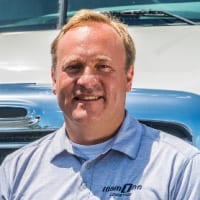
Page Siplon Prior to joining TeamOne Logistics, Siplon served as the Executive Director of the Georgia Center of Innovation for Logistics, the State’s leading consulting resource for fueling logistics industry growth and global competitiveness. For over a decade, he directly assisted hundreds of companies to overcome challenges and capitalize on opportunities related to the movement of freight. During this time, Siplon was also appointed to concurrently serve the State of Georgia as Director of the larger Centers of Innovation Program, in which he provided executive leadership and vision for all six strategic industry-focused Centers. As a frequently requested keynote speaker, Siplon is called upon to address a range of audiences on unique aspects of technology, workforce, and logistics. This often includes topics of global and domestic logistics trends, supply chain visibility, collaboration, and strategic planning. He has also been quoted as an industry expert in publications such as Forbes, Journal of Commerce, Fortune, NPR, Wall Street Journal, Reuters, American Express, DC Velocity, Area Development Magazine, Site Selection Magazine, Inbound Logistics, Modern Material Handling, and is frequently a live special guest on SiriusXM’s Road Dog Radio Show. Siplon is an active industry participant, recognized by DC Velocity Magazine as a “2012 Logistics Rainmaker” which annually identifies the top-ten logistics professionals in the Nation; and named a “Pro to Know” by Supply & Demand Executive Magazine in 2014. Siplon was also selected by Georgia Trend Magazine as one of the “Top 100 Most Influential Georgians” for 2013, 2014, and 2015. He also serves various industry leadership roles at both the State and Federal level. Governor Nathan Deal nominated Siplon to represent Georgia on a National Supply Chain Competitiveness Advisory Committee, where he was appointed to a two-year term by the U.S. Secretary of Commerce and was then appointed to serve as its vice-chairman. At the State level, he was selected by then-Governor Sonny Perdue to serve as lead consultant on the Commission for New Georgia’s Freight and Logistics Task Force. In this effort, Siplon led a Private Sector Advisory Committee with invited executives from a range of private sector stakeholders including UPS, Coca-Cola, The Home Depot, Delta Airlines, Georgia Pacific, CSX, and Norfolk Southern. Siplon honorably served a combined 12 years in the United States Marine Corps and the United States Air Force. During this time, he led the integration of encryption techniques and deployed cryptographic devices for tactically secure voice and data platforms in critical ground-to-air communication systems. This service included support for all branches of the Department of Defense, multiple federal security agencies, and aiding NASA with multiple Space Shuttle launches. Originally from New York, Siplon received both a bachelor’s and master’s degree in electrical and computer engineering with a focus on digital signal processing from the Georgia Institute of Technology. He earned an associate’s degree in advanced electronic systems from the Air Force College and completed multiple military leadership academies in both the Marines and Air Force. Siplon currently lives in Cumming, Georgia (north of Atlanta), with his wife Jan, and two children Thomas (19) and Lily (15).
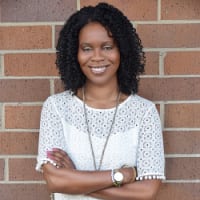
Oluyinka Ajirotutu (Yinka) is an accomplished healthcare leader, established public speaker and mental health advocate. With over 12 years of experience, Yinka has worked at some of the top healthcare organizations in the country such as Mayo Clinic and the University of Chicago Hospitals. She also served as a healthcare consultant for government health agencies such as the Veterans Health Administration and the Centers for Medicare & Medicaid. The importance of health and wellness became personal for Yinka as she struggled with anxiety for several years. She began to focus on intentional living, stress management and self care and ultimately achieved more peace, joy and resilience in her daily life. She now serves as an engaging public speaker and dynamic coach seeking to encourage and support others through their health and wellness journeys.

John Hearn is the Managing Principal of The Benefit Company, an Employee Benefit Consulting firm headquartered in Atlanta, Georgia. John is tasked with developing innovative strategies to support employee health and reduce healthcare cost trends. John is also a leading authority on HealthCare Reform and often speaks to industry forums on the subject. John graduated from the University of Georgia in the early ‘90’s with a degree in Risk Management and Insurance. Following graduation, he spent 15 years on the carrier side of the business with stints as Market Manager in Atlanta, Phoenix and San Diego. John recently received the Most Innovative Broker of the Year Award from the Institute for Healthcare Consumerism, and he was recognized in in 2018 by United Benefit Advisors (UBA) as their National Partner of the Year. John is a member of the 2010 Class of Leadership Georgia. He is on the Board of Directors for The Georgia Chamber of Commerce, United Benefit Advisors (UBA), where he serves as Secretary/Treasurer, and John also serves as the Chairman of the Board of Sigma Nu International Fraternity. His other volunteer work includes Committee Chair for Troop 955 with the Boy Scouts of America, as well as serving on the Finance Committee and Usher Team at Mt. Bethel United Methodist Church. John and his wife, Amy, a Registered Nurse, now reside in metro-Atlanta with their three chidren.
